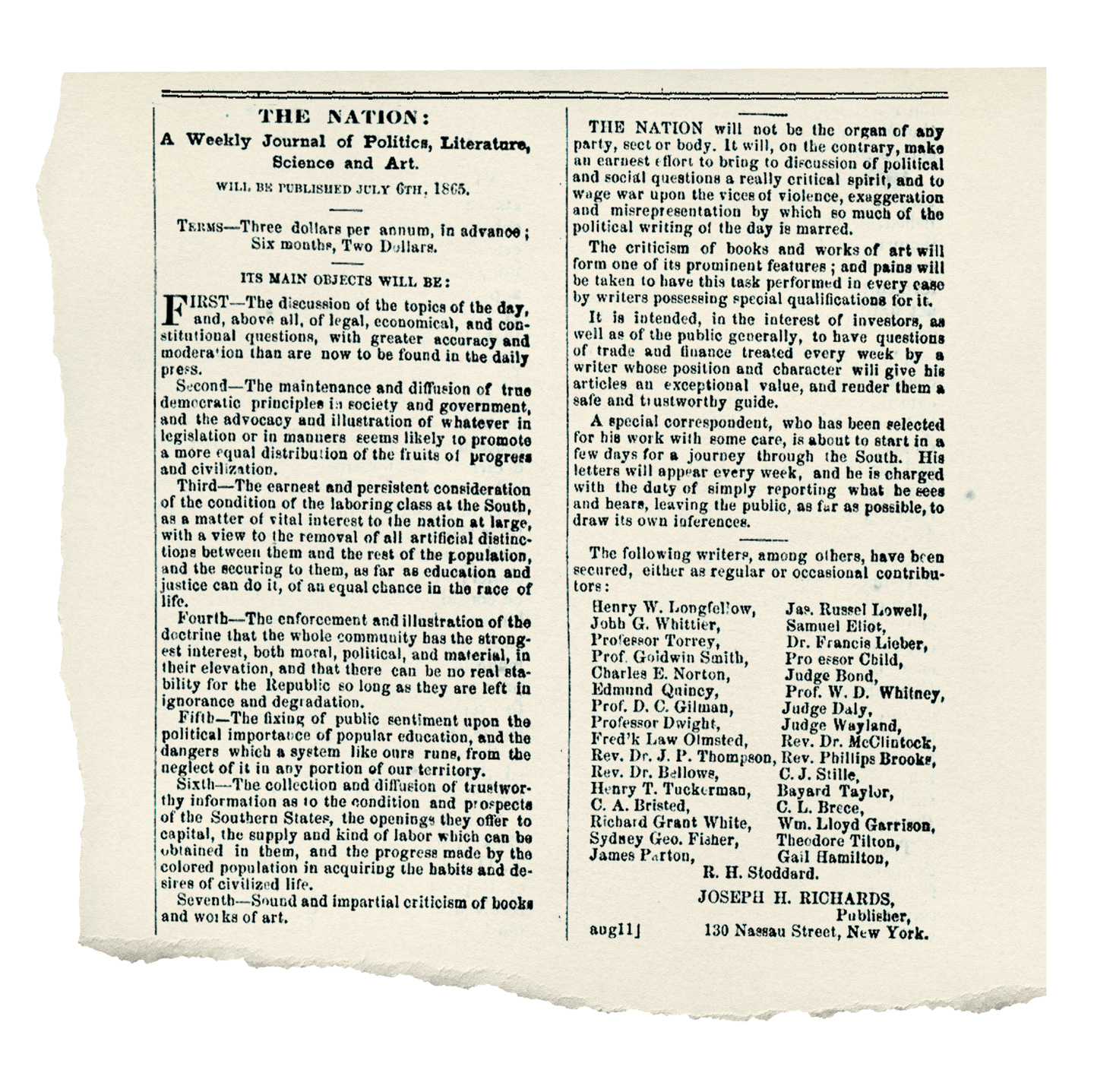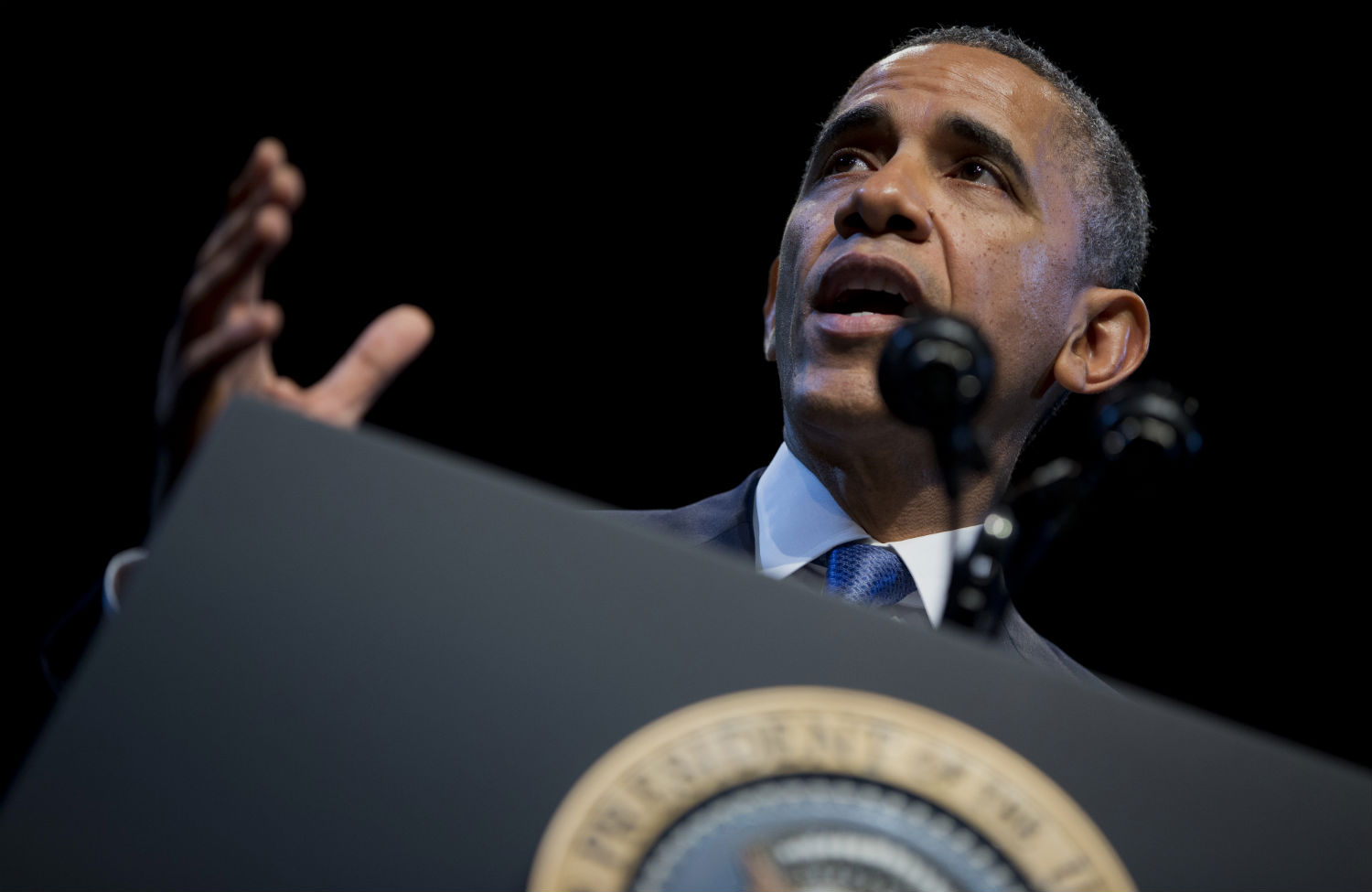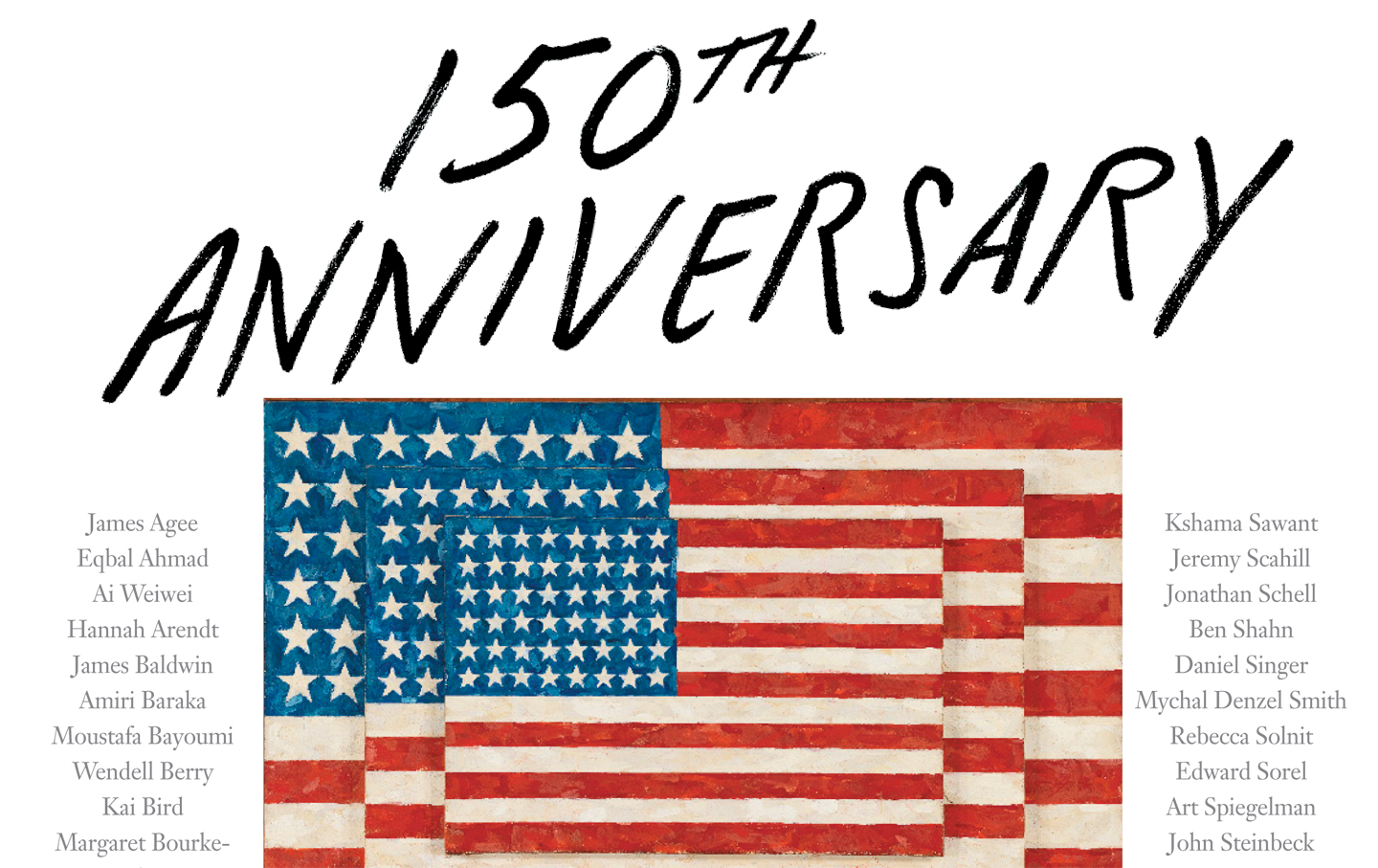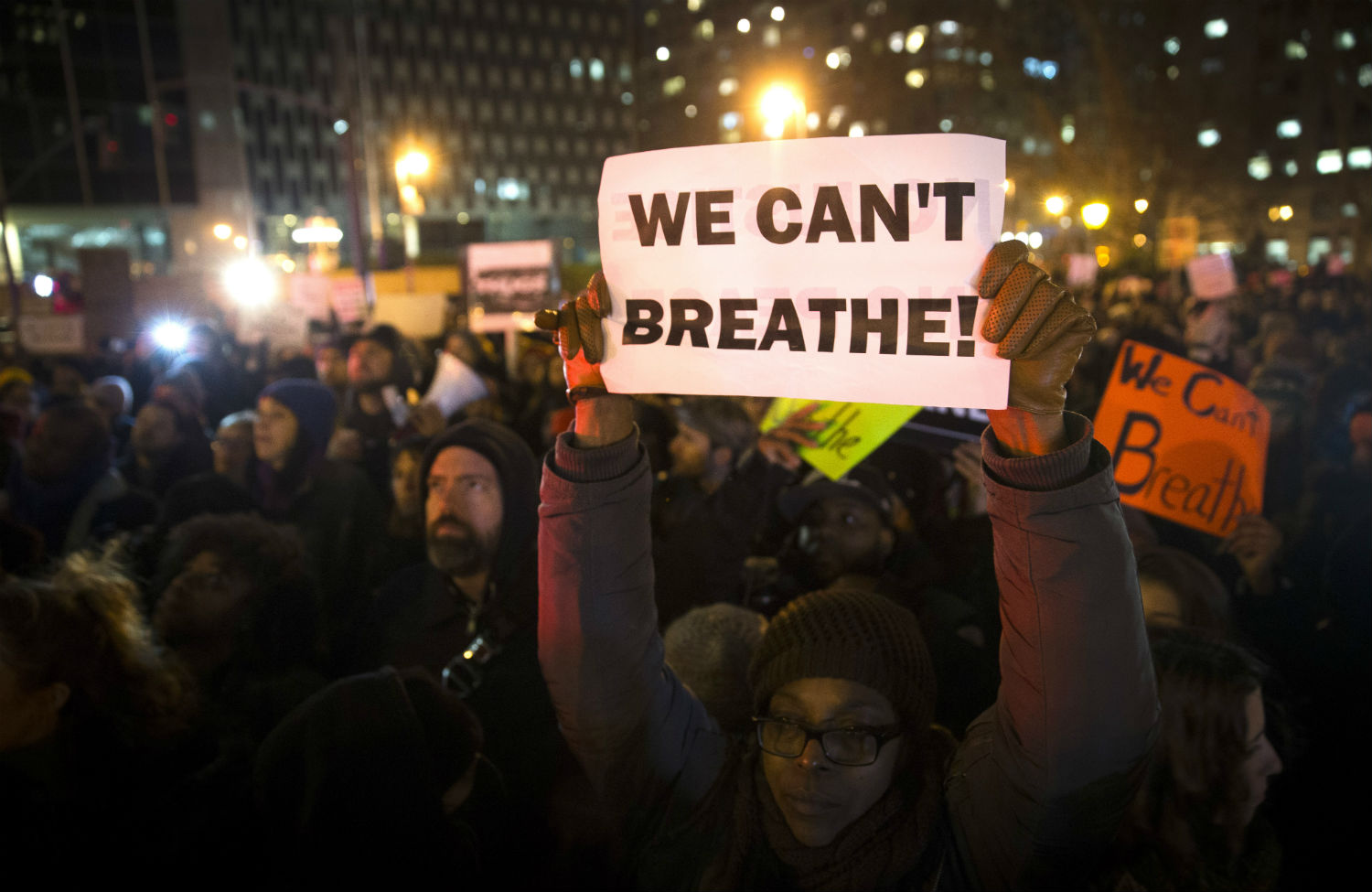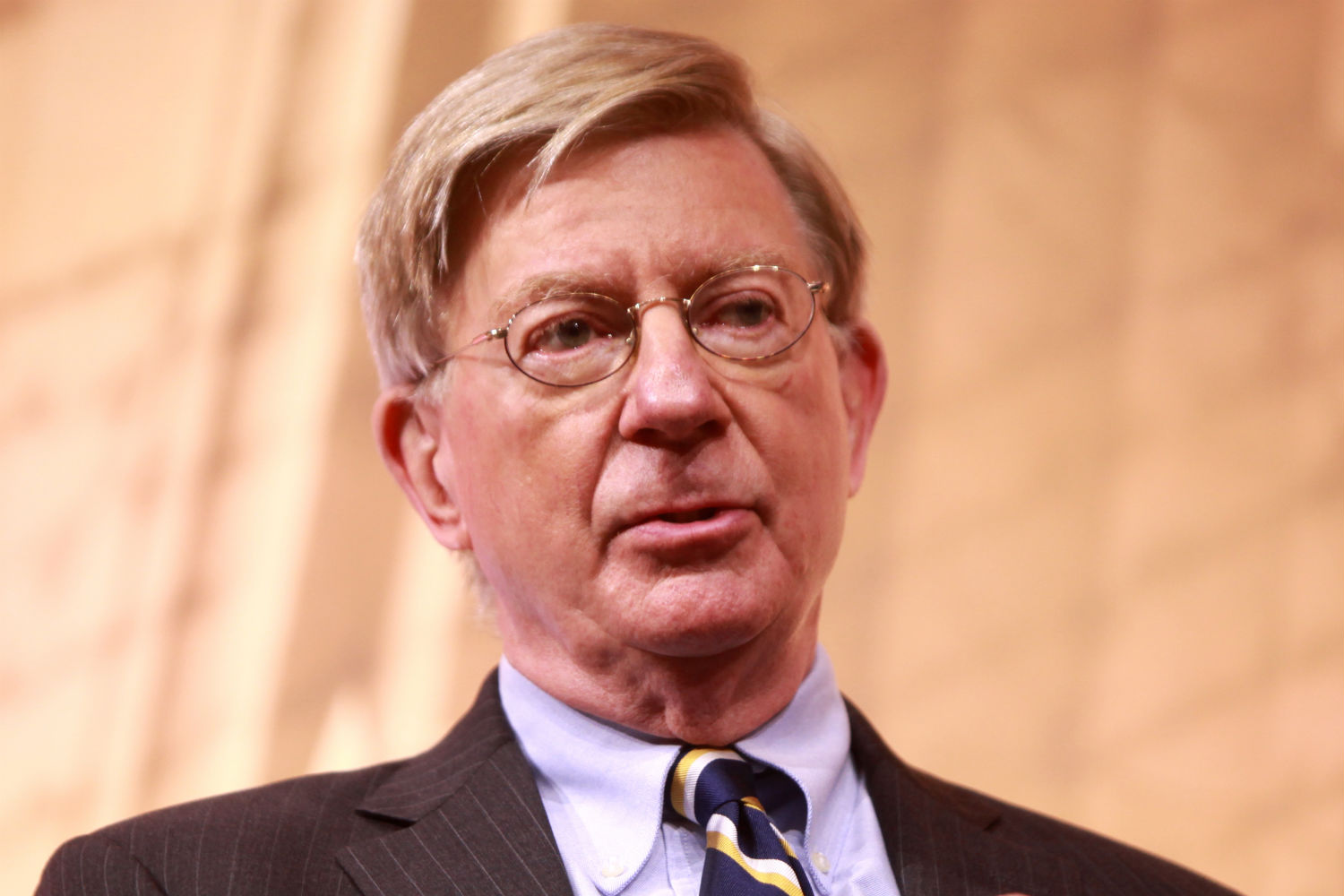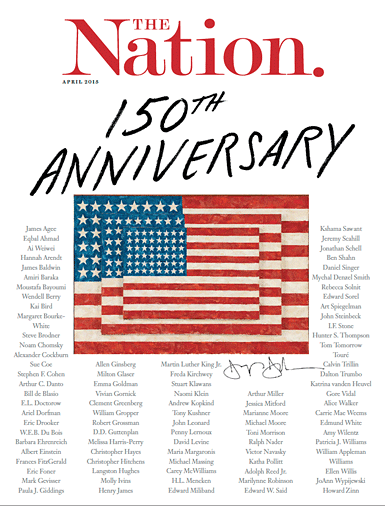
Print Magazine
April 6, 2015 Issue
Cover art by: art © Jasper Johns/Licensed by VAGA. New York, NY Jasper Johns (b. 1930). Three Flags, 1958. Encaustic on canvas, 30 5/8 x 45 1/2 x 4 5/8 in. (77 .8 x 115.6 x 11.7 cm). Whitney Museum of American Art, New York; purchased with funds from the Gilman Foundation Inc., the Lauder Foundation, A. Alfred Taubman, Laura Lee Whittier Woods, Howard Lipman and Ed Downe, in honor of the museum’s fiftieth anniversary 80.32 Digital lmage © Whitney Museum of American Art, NY
Purchase Current Issue or Login to Download the PDF of this Issue Download the PDF of this Issue
Letters
Letters
From Woodrow Wilson, Oswald Garrison Villard, G. Bernard Shaw, Allen Ginsberg, Barry Goldwater, Muhammad Ali, Abbie Hoffman et al.
Feature
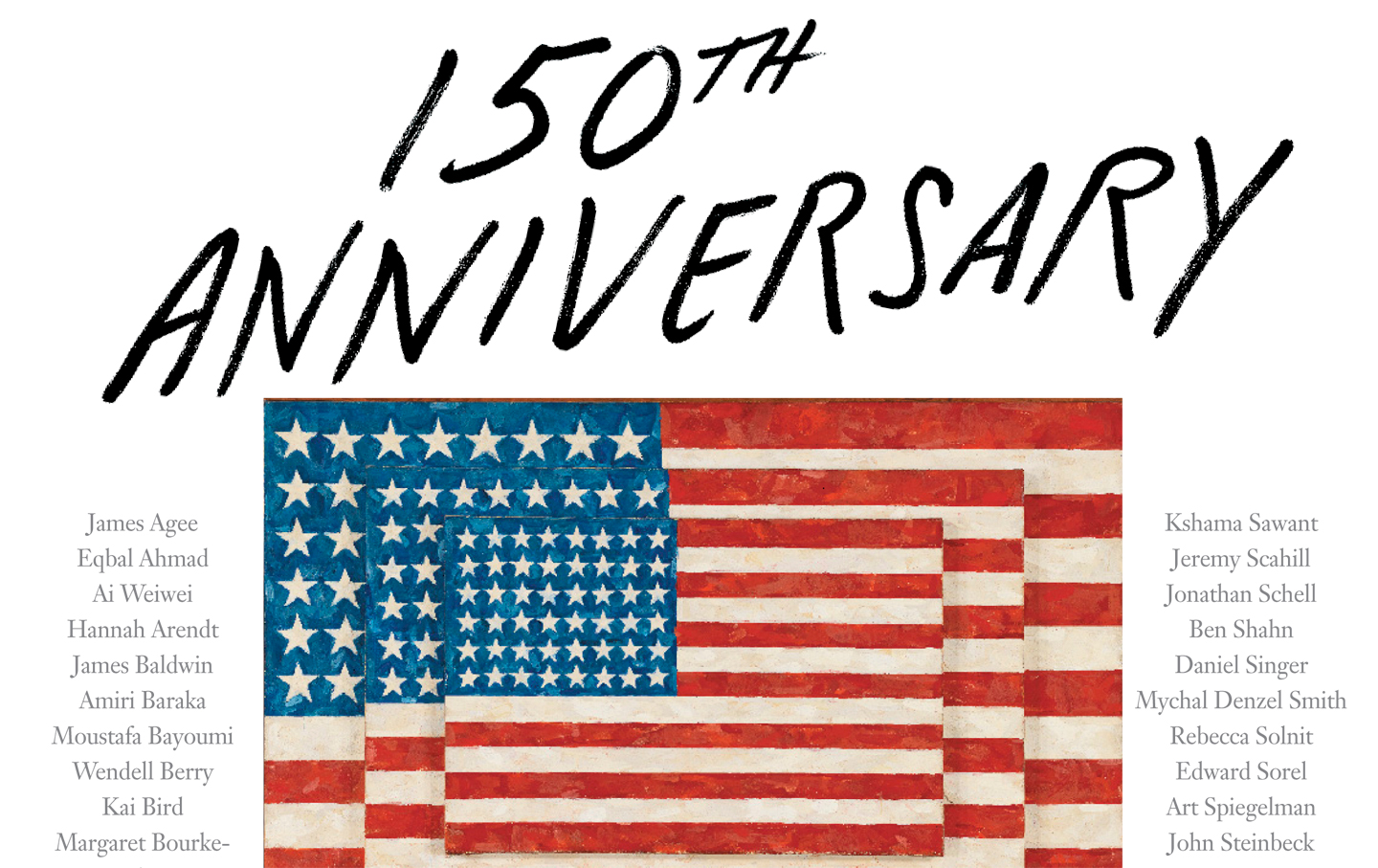
Testimonials to ‘The Nation’
Encomiums from Elizabeth Warren, Rev. Jesse Jackson, Bernie Sanders and many more.
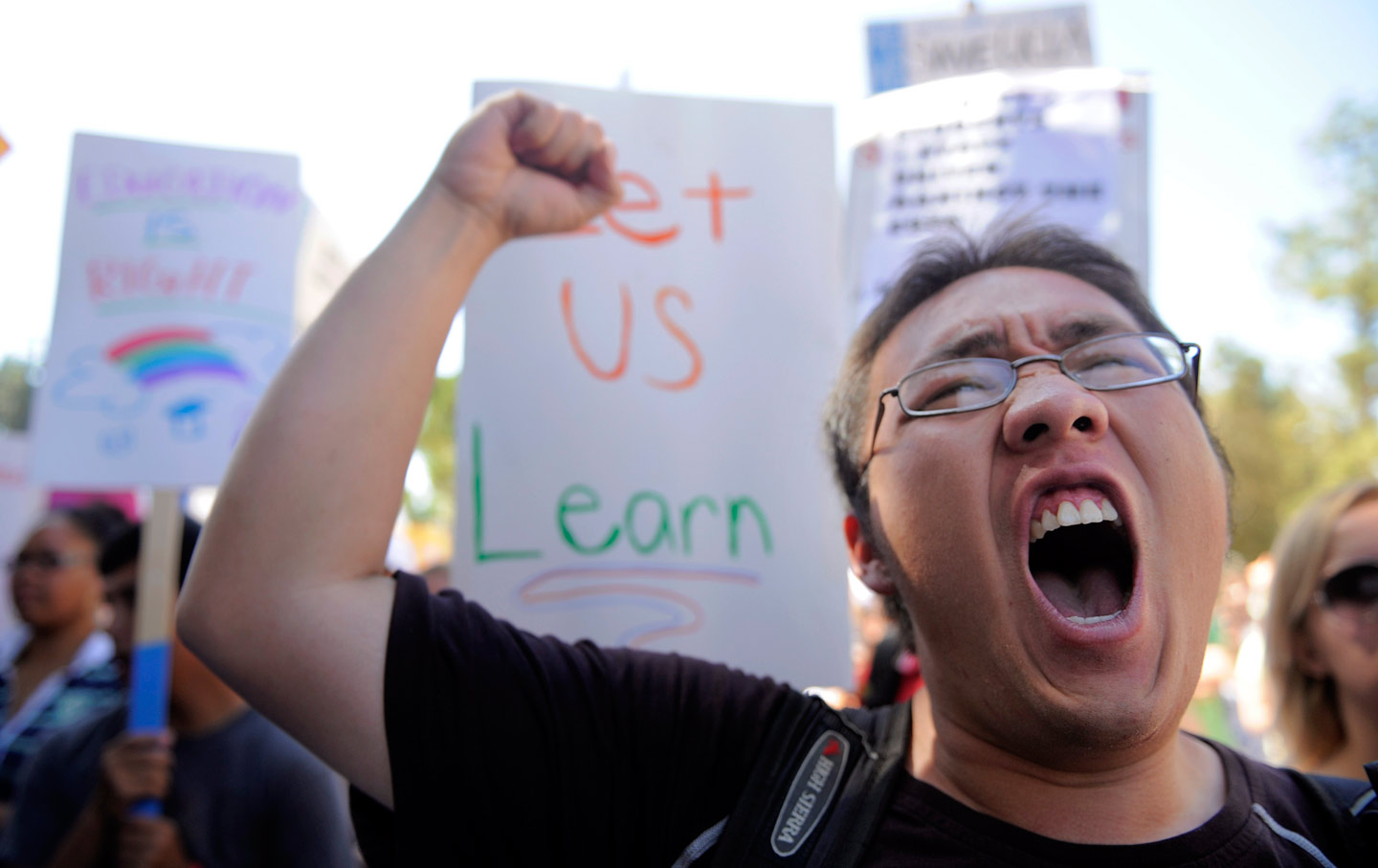
Young ‘Nation’ Writers On Creating Our Radical Future
As The Nation looks forward to the next 150 years, we asked some contributors to StudentNation, the campus-oriented section of our site, and former Nation inte...
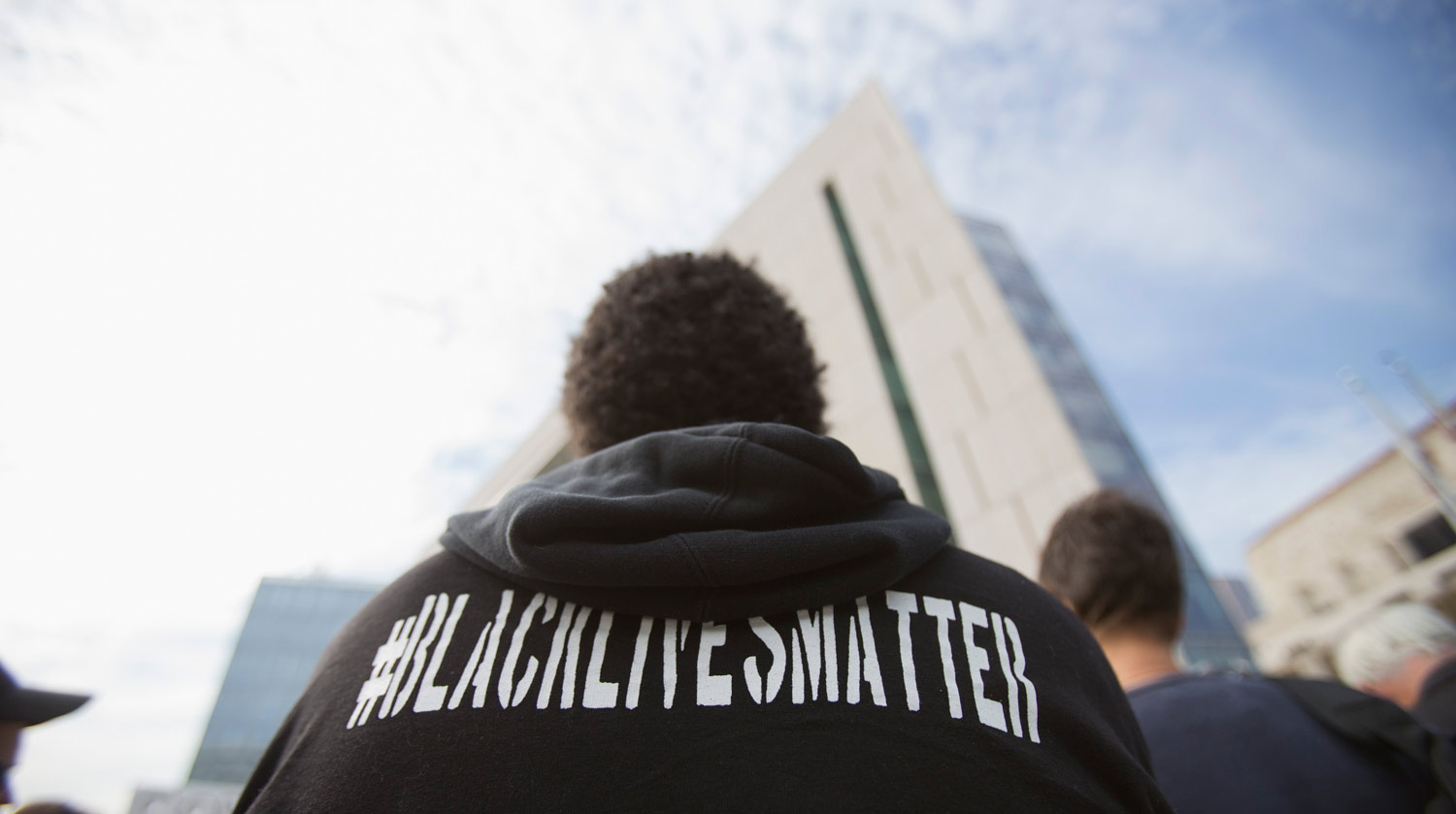
1965–2015
A forum for debate between radicals and liberals in an age of austerity, surveillance and endless war, The Nation has long had one foot inside the establishment and one...
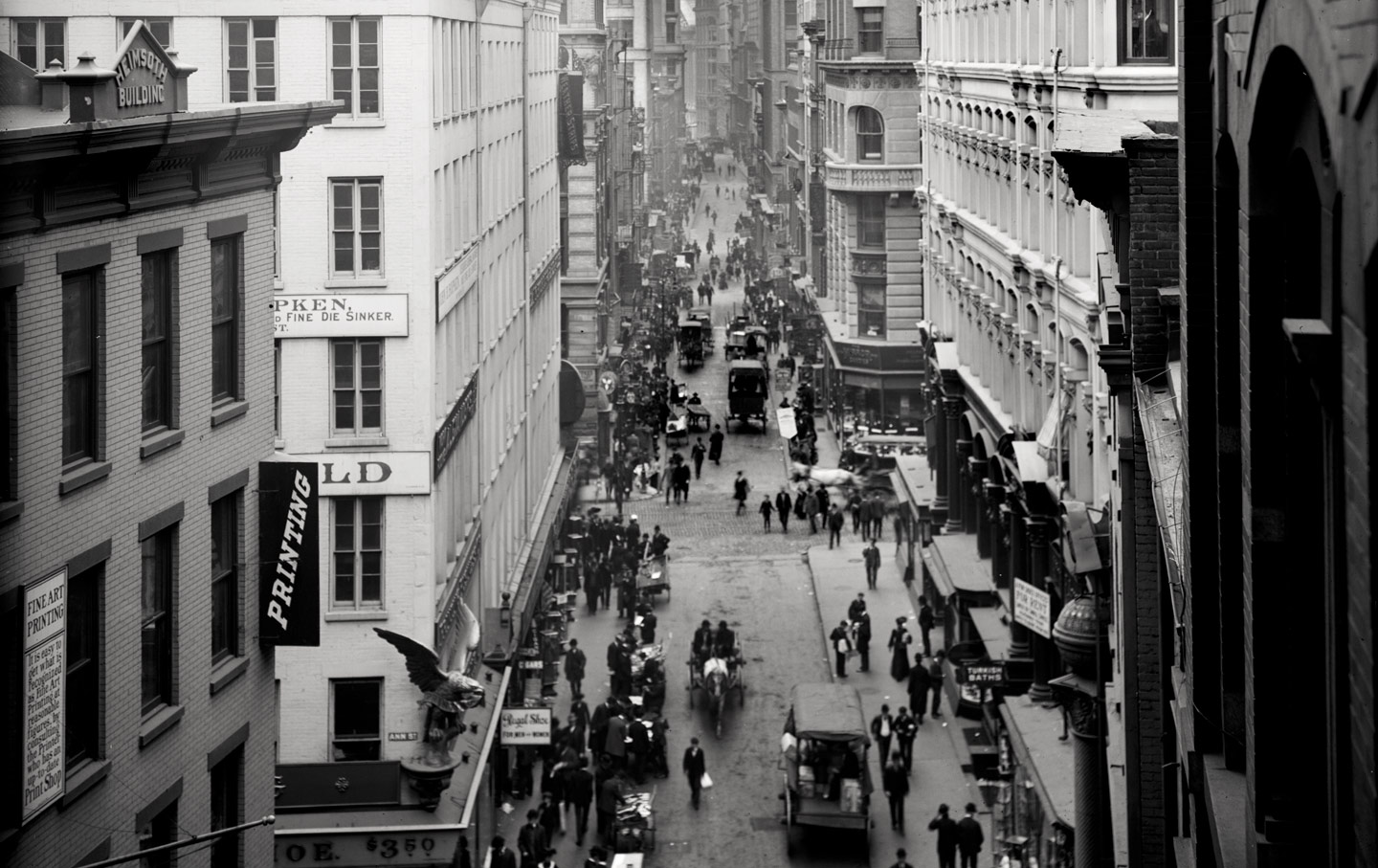
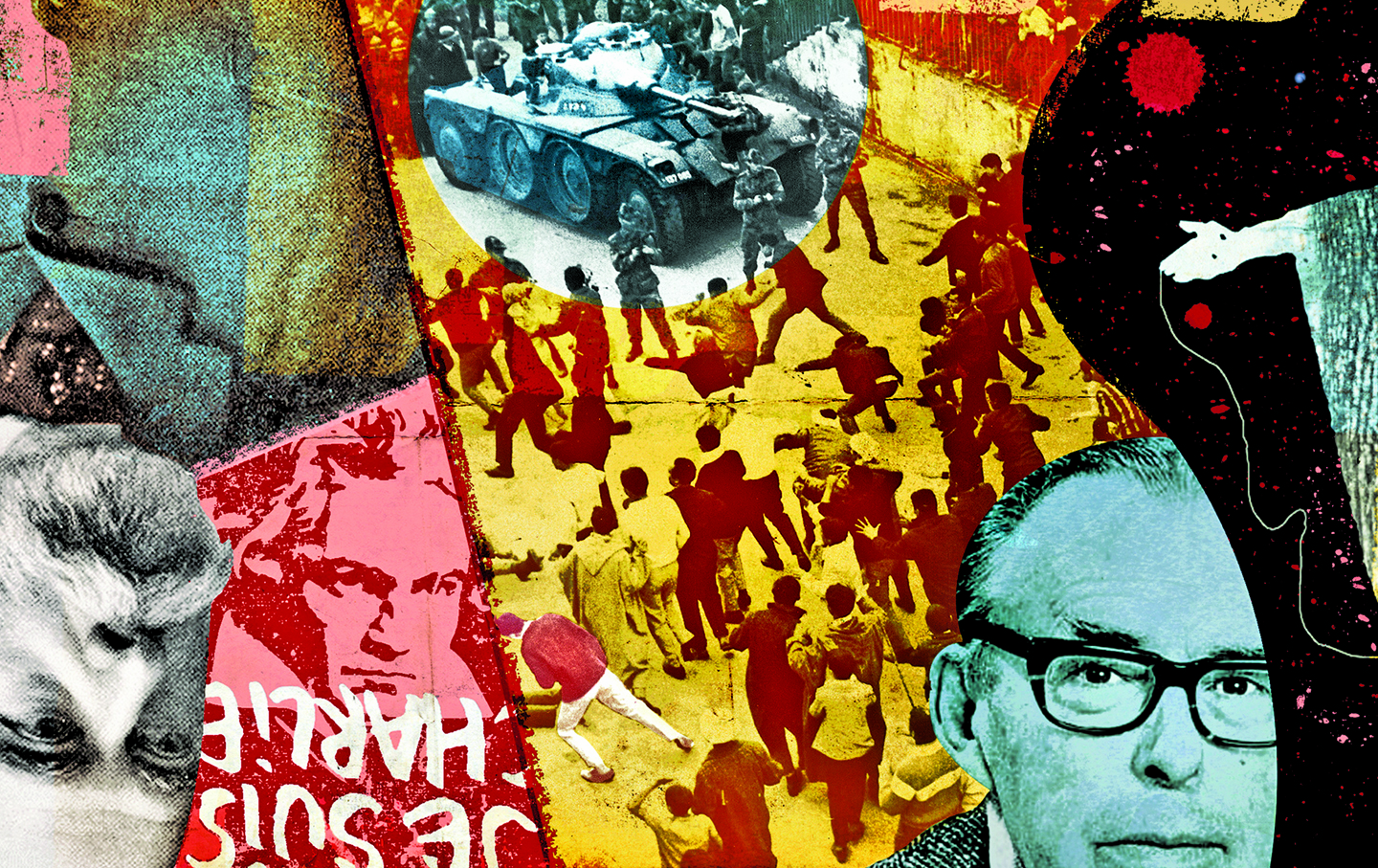
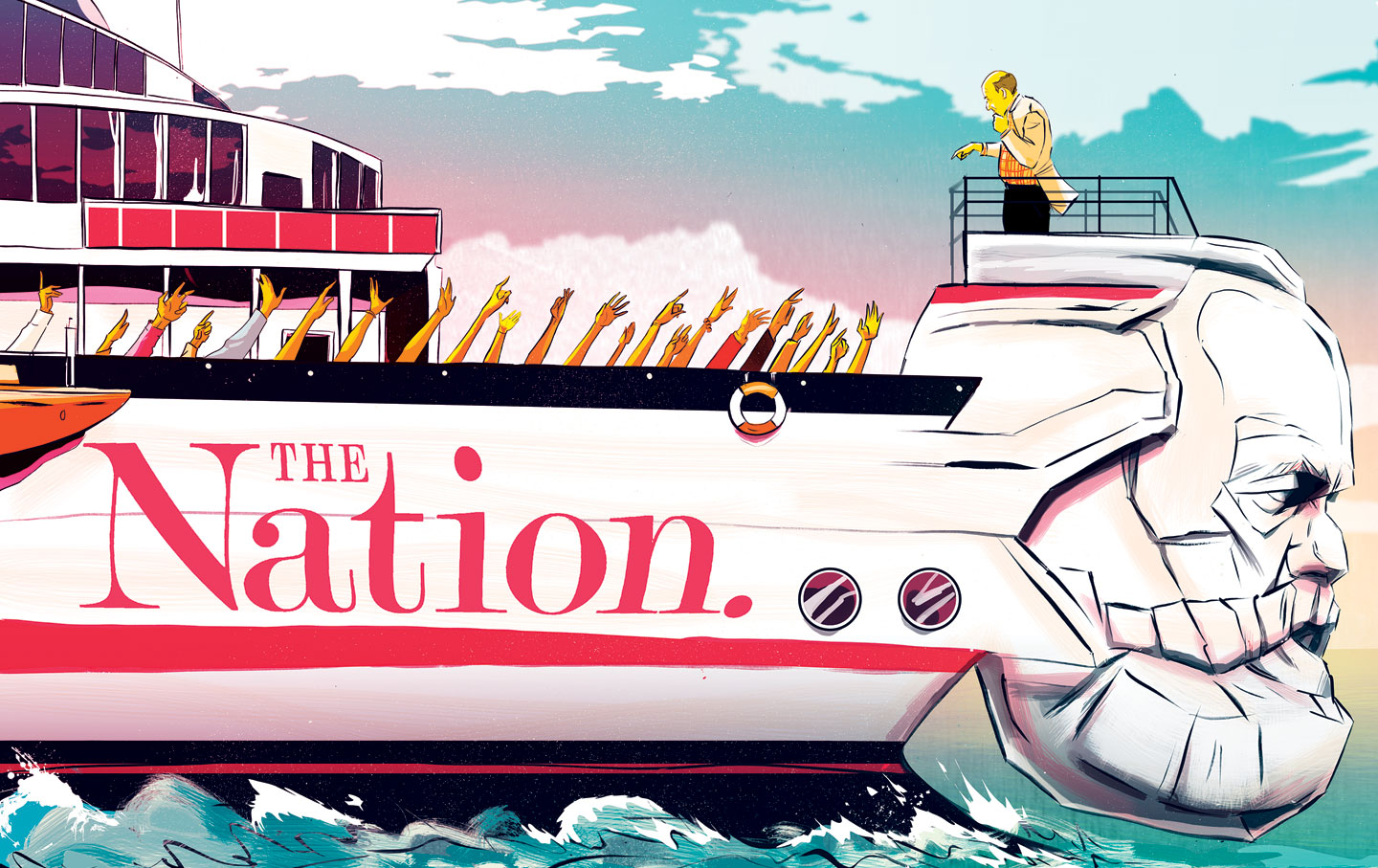
How I Learned to Stop Worrying and Love ‘Nation’ Readers
On a Nation cruise, the maritime adventure I usually refer to as “Lefties at Sea,” I used to take it for granted that some of the guests were troubled by my...

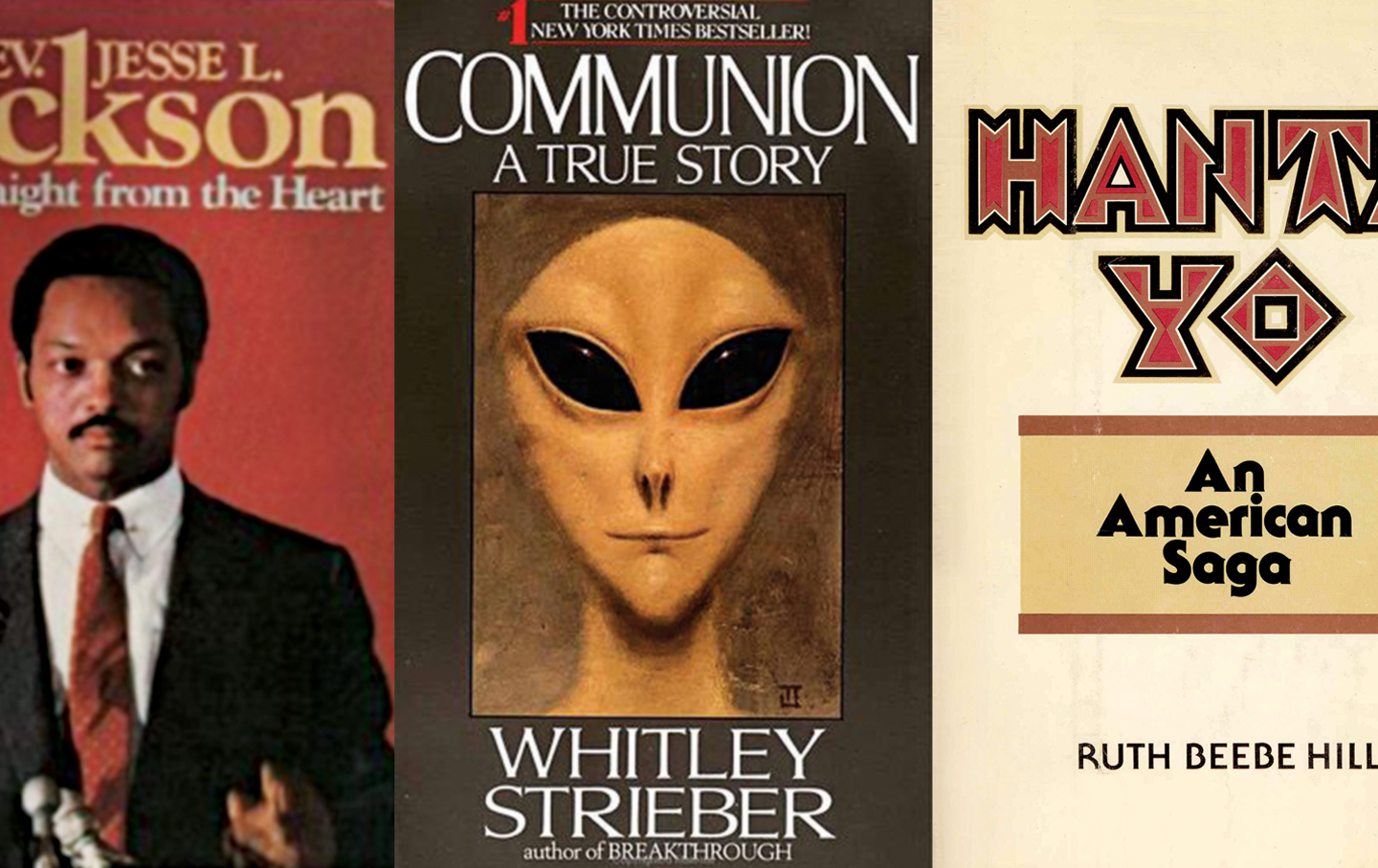
How to Lose Friends and Influence People
…and other tales from the “back of the book.”
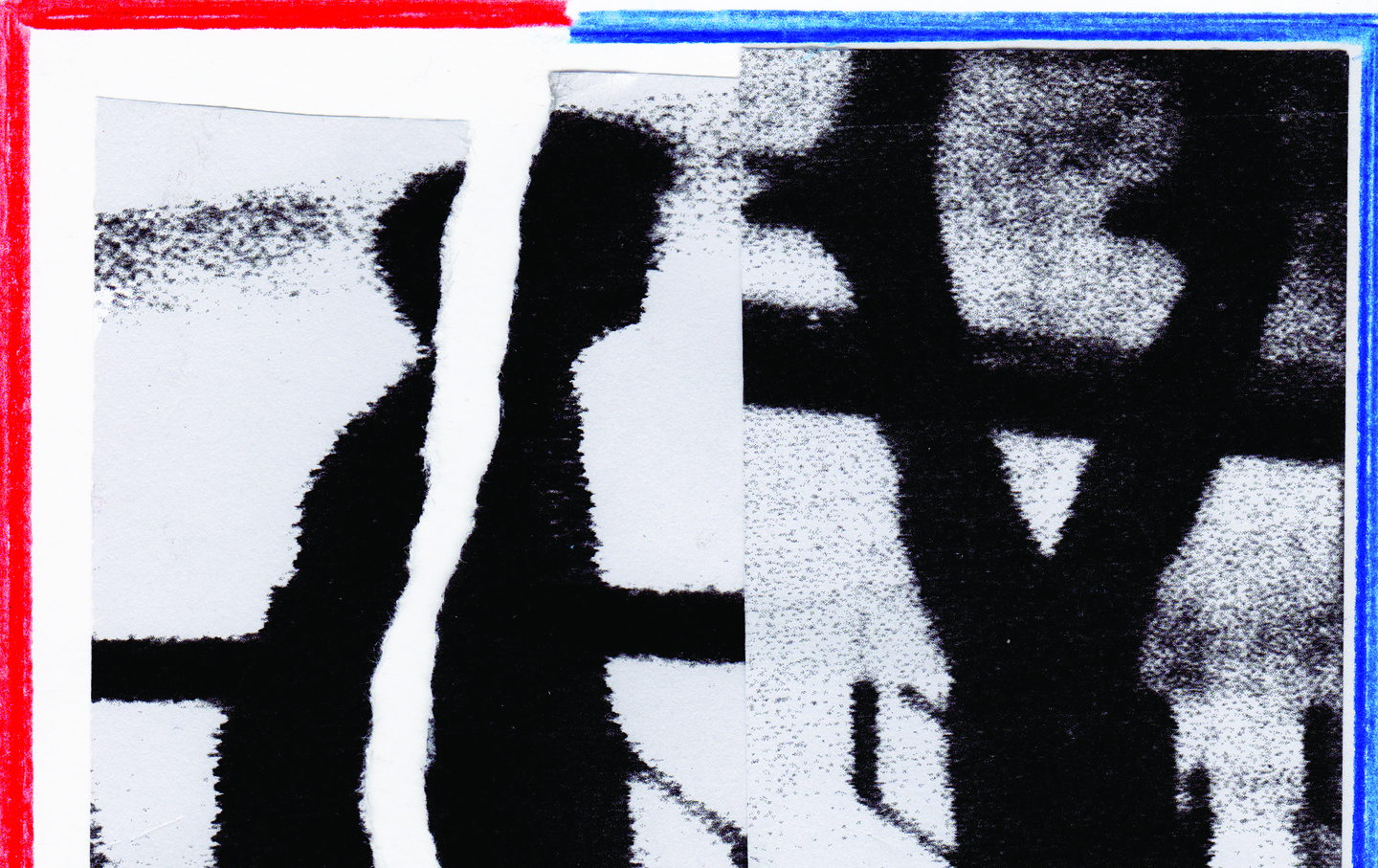

The Dream Life of Desire
Drawing a line between poetry and the political has never been simple.
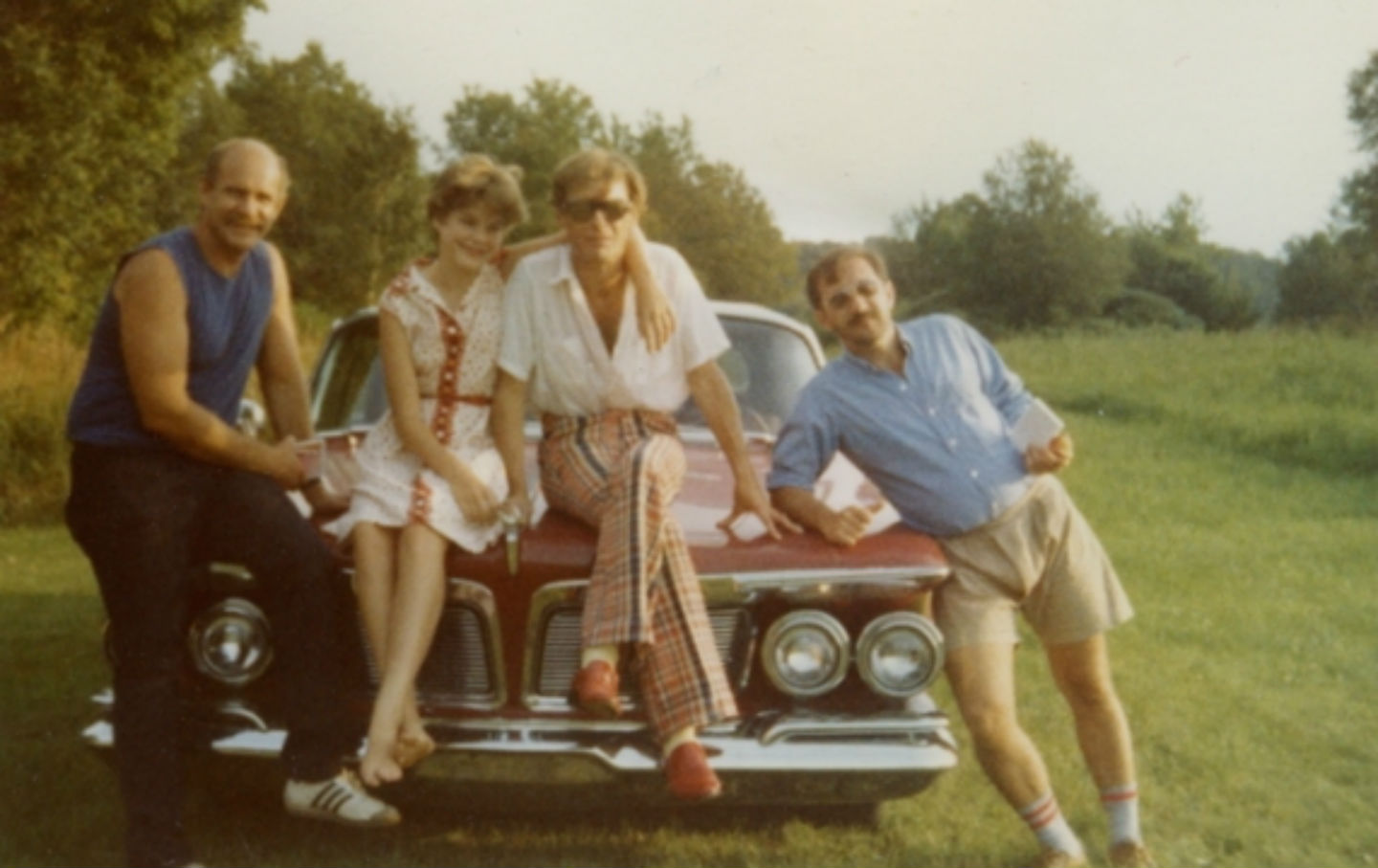
What We Can Learn From Andy Kopkind’s Energy, Edge and Radical Hope
How to be committed without drinking the Kool-Aid—and other things Andy taught me.

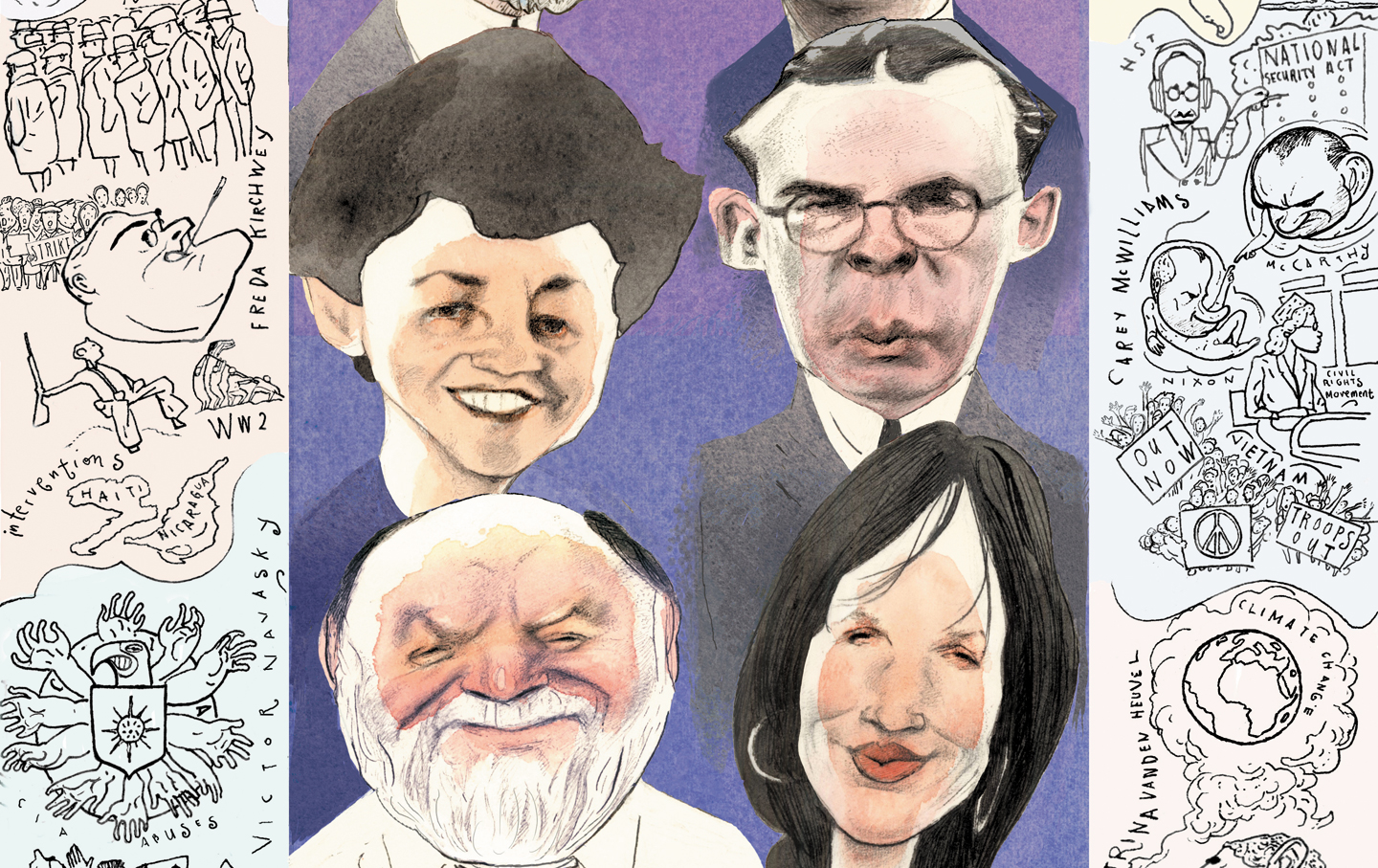
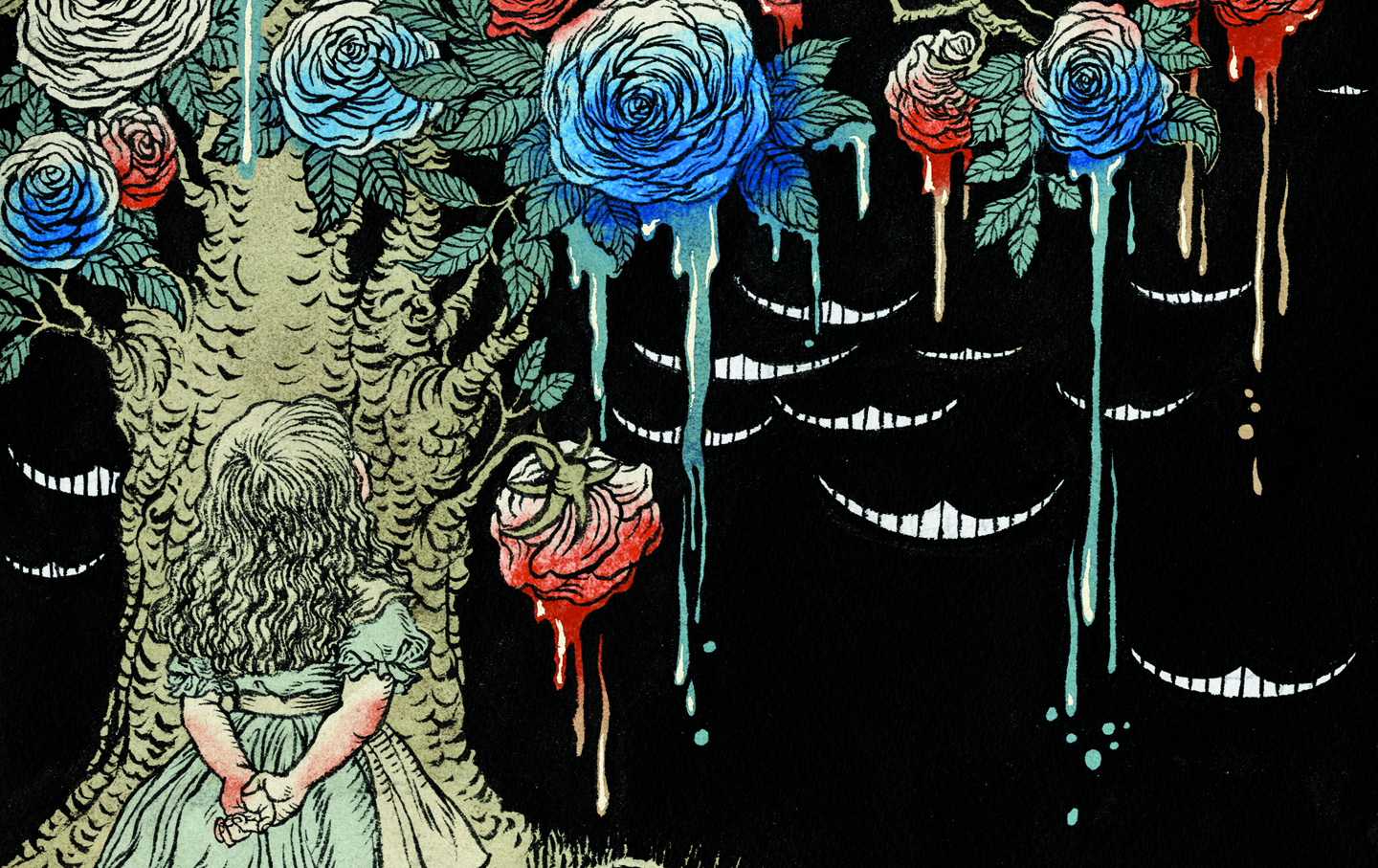
Separated at Birth
The Nation and Alice in Wonderland were born within days of each other. In this seditious reading, they rejoin the dance.
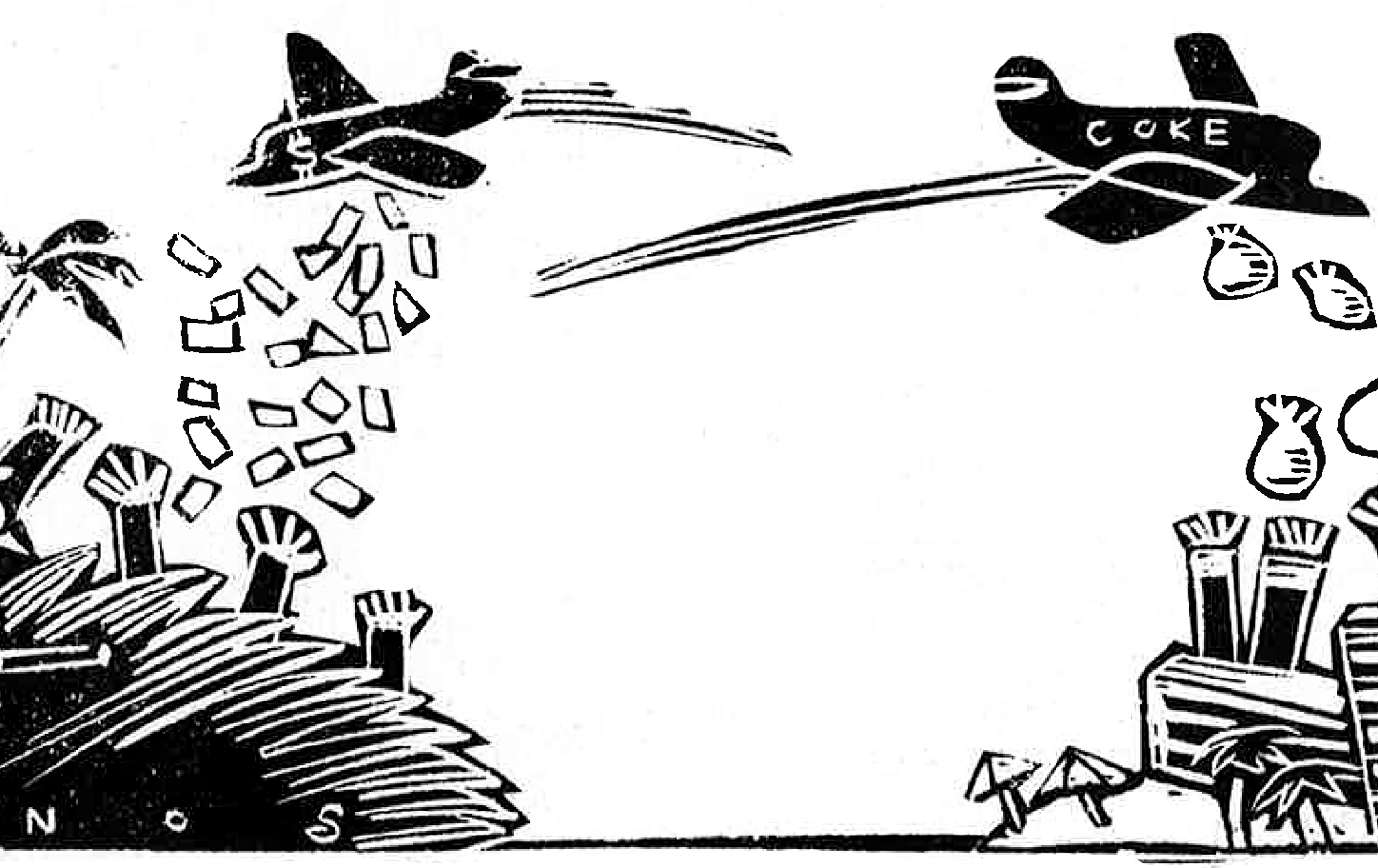

Lesser-Evilism We Can Believe In
Should we put government in the hands of a party determined to subvert it, or a party—however flawed—that believes it still has a role to play in securing the common...


A Q&A With Marilynne Robinson
The novelist discusses religion, history, language and the importance of moral scrutiny.
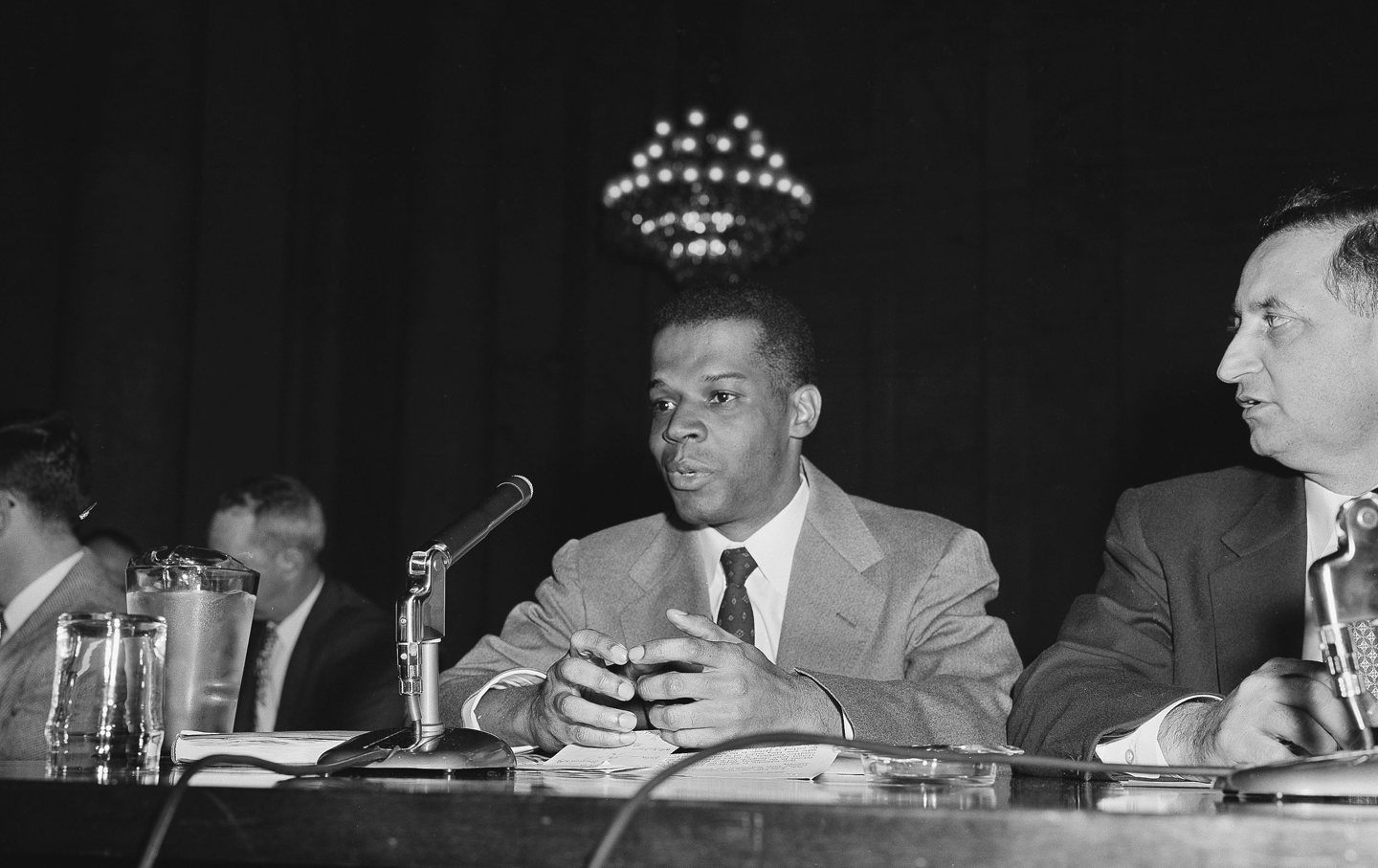


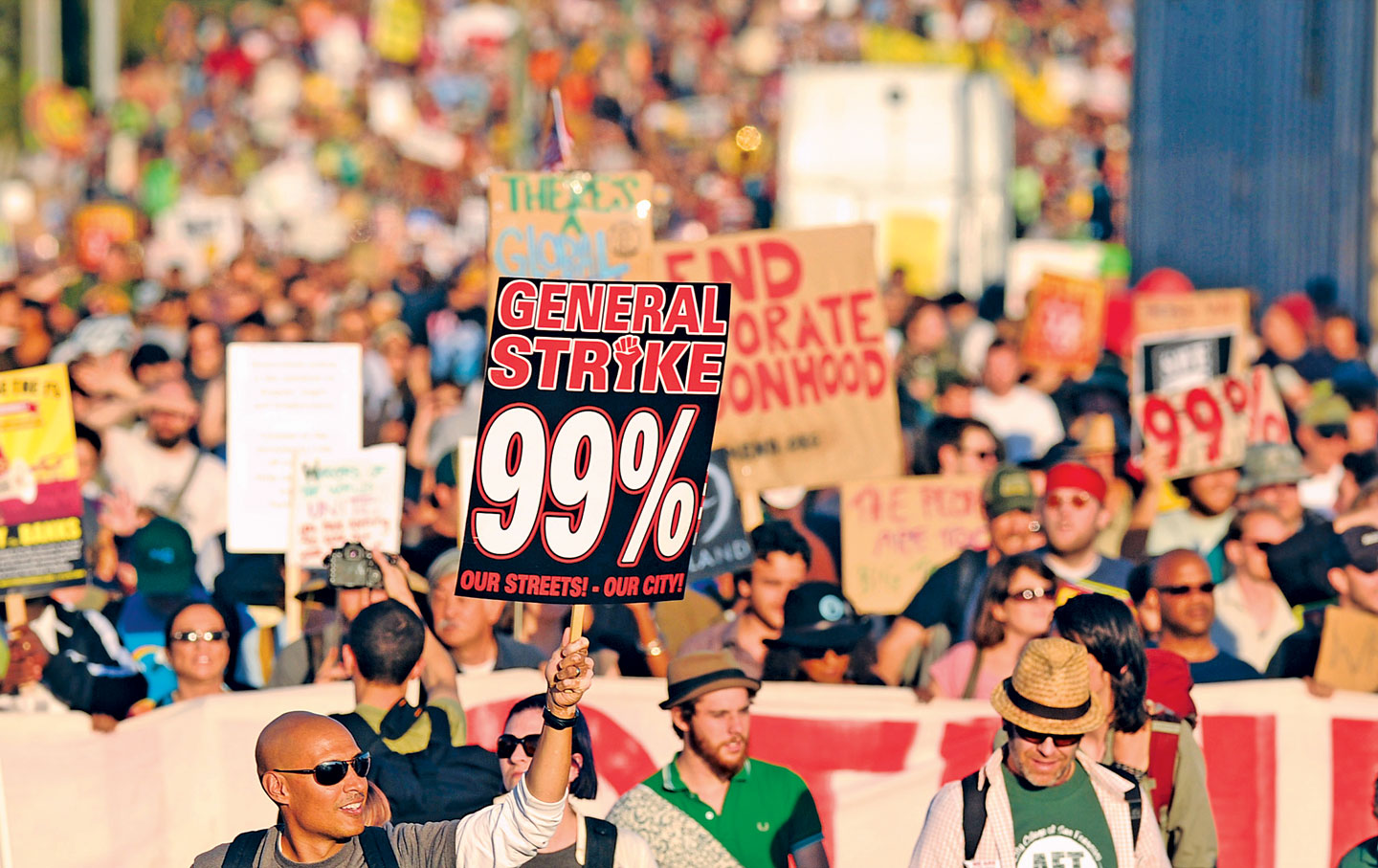
The Populist Moment Has Finally Arrived
Occupy Wall Street put inequality at the center of our politics. Only an independent movement will keep it there.


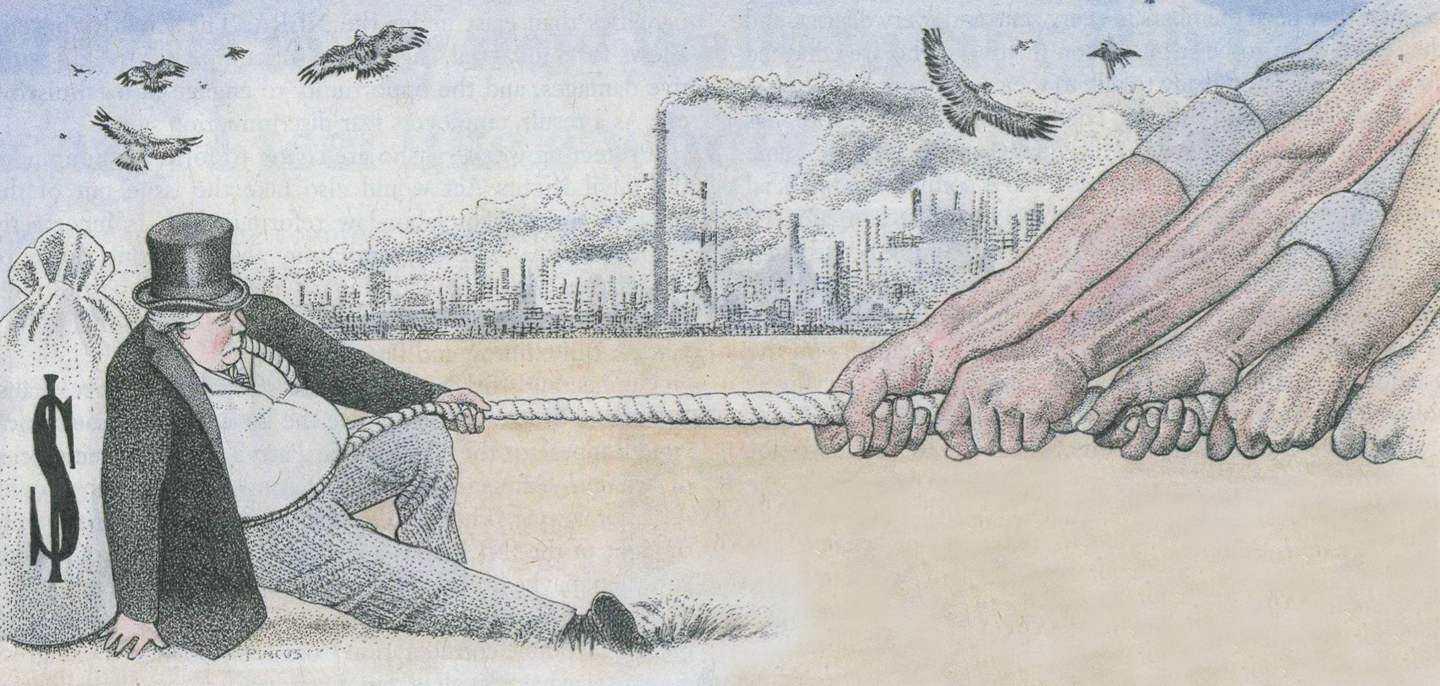
2005–2015: This All Seems Eerily Familiar
Nation writers on disaster capitalism, Blackwater, Obama, the financial bailout, austerity, Occupy Wall Street, Trayvon Martin and Charlie Hebdo.
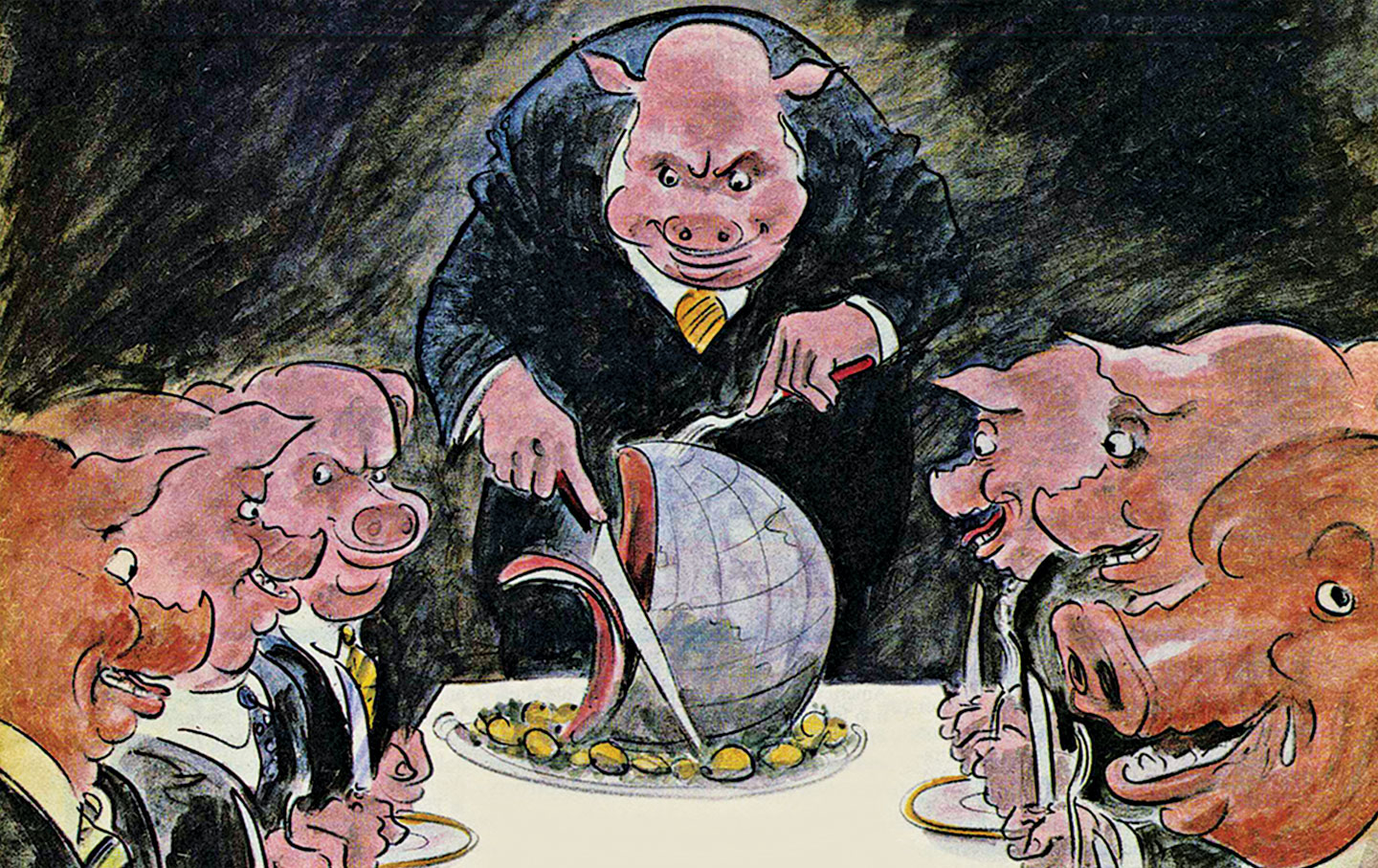
1995–2005: Our Enemies Cannot Defeat Us—Only We Can
Nation writers on sensationalist art, financial deregulation, September 11, The Sopranos, Texas, the Iraq war and reactionary conservatism.

How Saving the Environment Could Fix the Economy
Why not revive New Deal policies but apply them in a green and global fashion?
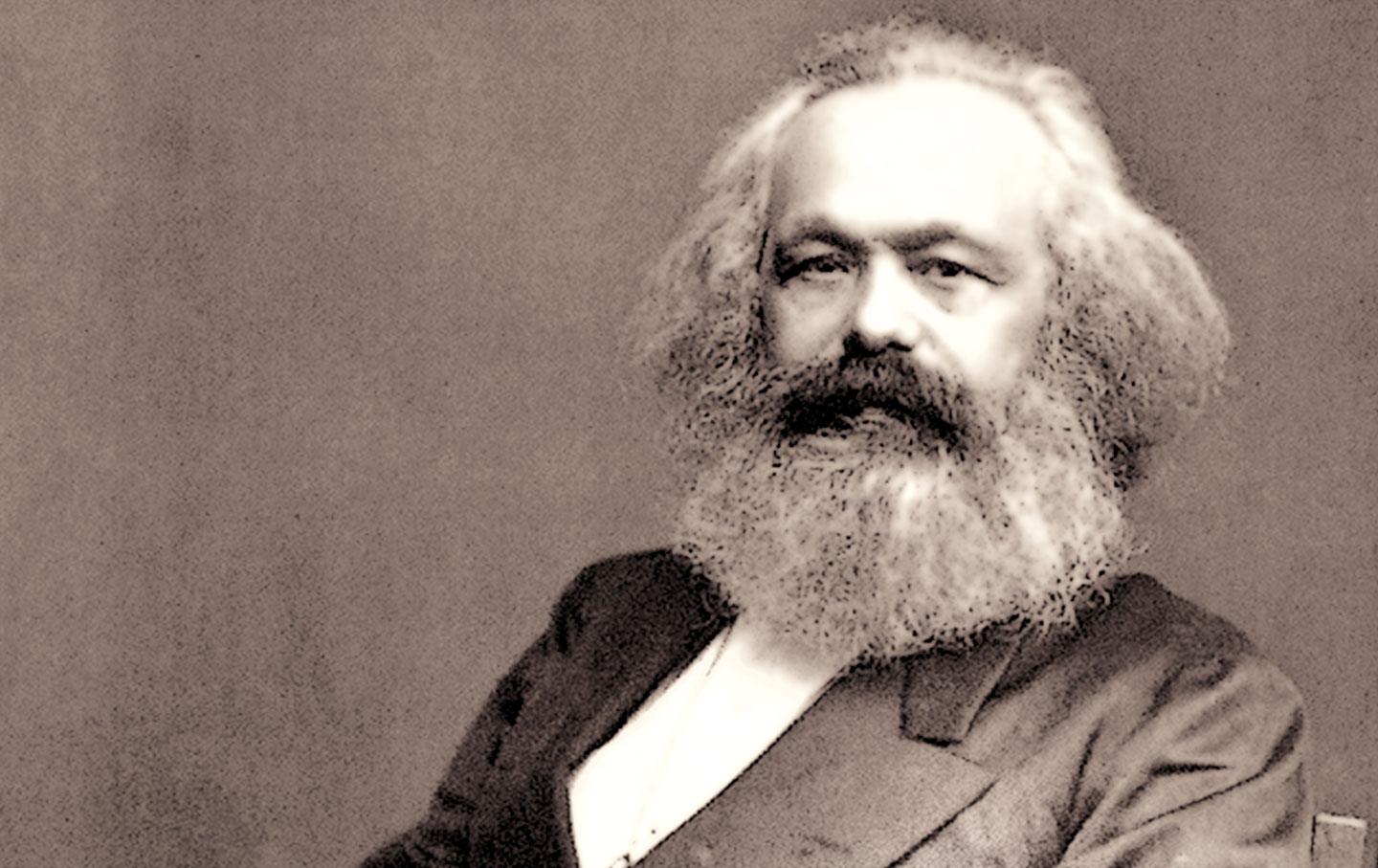

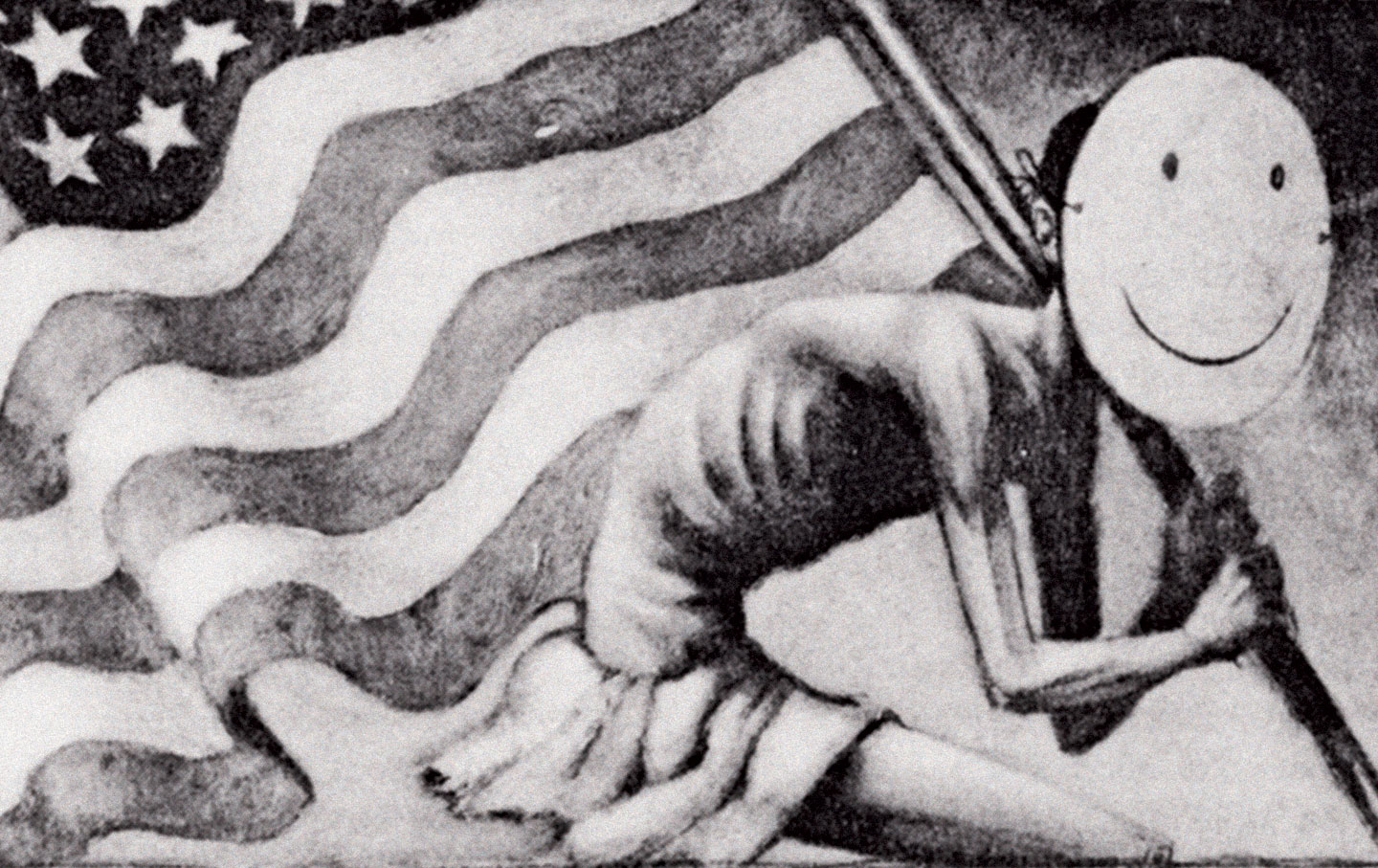
1985–1995: American Politics and Culture is Being Radically Reformed
Nation writers on late 1980s New York, Jesse Jackson's presidential campaign, gay rights, Rupert Murdoch's ambitions and the case for federal funding of the art...

Adolph Reed Destroys ‘The Bell Curve’
Despite their concern to insulate themselves from the appearance of racism, Herrnstein and Murray display a perspective worthy of an Alabama filling station.
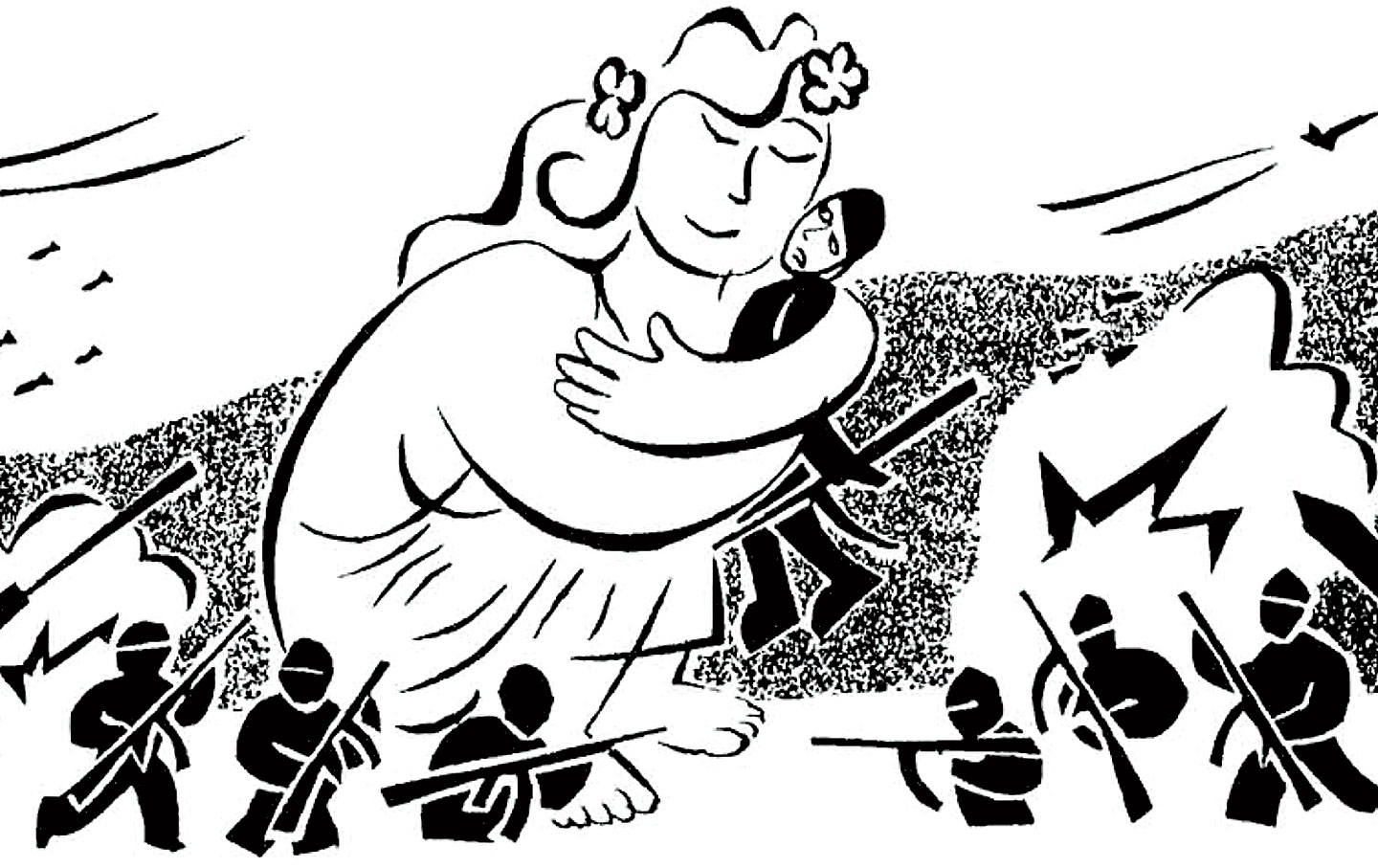


What Can the White Man Say to the Black Woman?
Only one thing that the black woman might hear.

Where Reaganism and Astrology Meet
It is scarcely news that the President is in the mainstream of popular American credulity. He has been nurtured in the same rich loam of folk ignorance, historical figment and p...

Christopher Hitchens Was Against the Buzzword ‘Terrorism’ Before He Was For It
The rulers of our world subject us to lectures about the need to oppose terrorism while they prepare, daily and hourly, for the annihilation of us all.

East, West—Is There a Third Way?
The cold war has become a habit, an addiction, supported by very powerful material interests in each bloc.

Can Women and Men Live Together Again?
I hope we might meet as rebels together—not against one another, but against a social order that condemns so many of us to meaningless or degrading work in return for a gl...
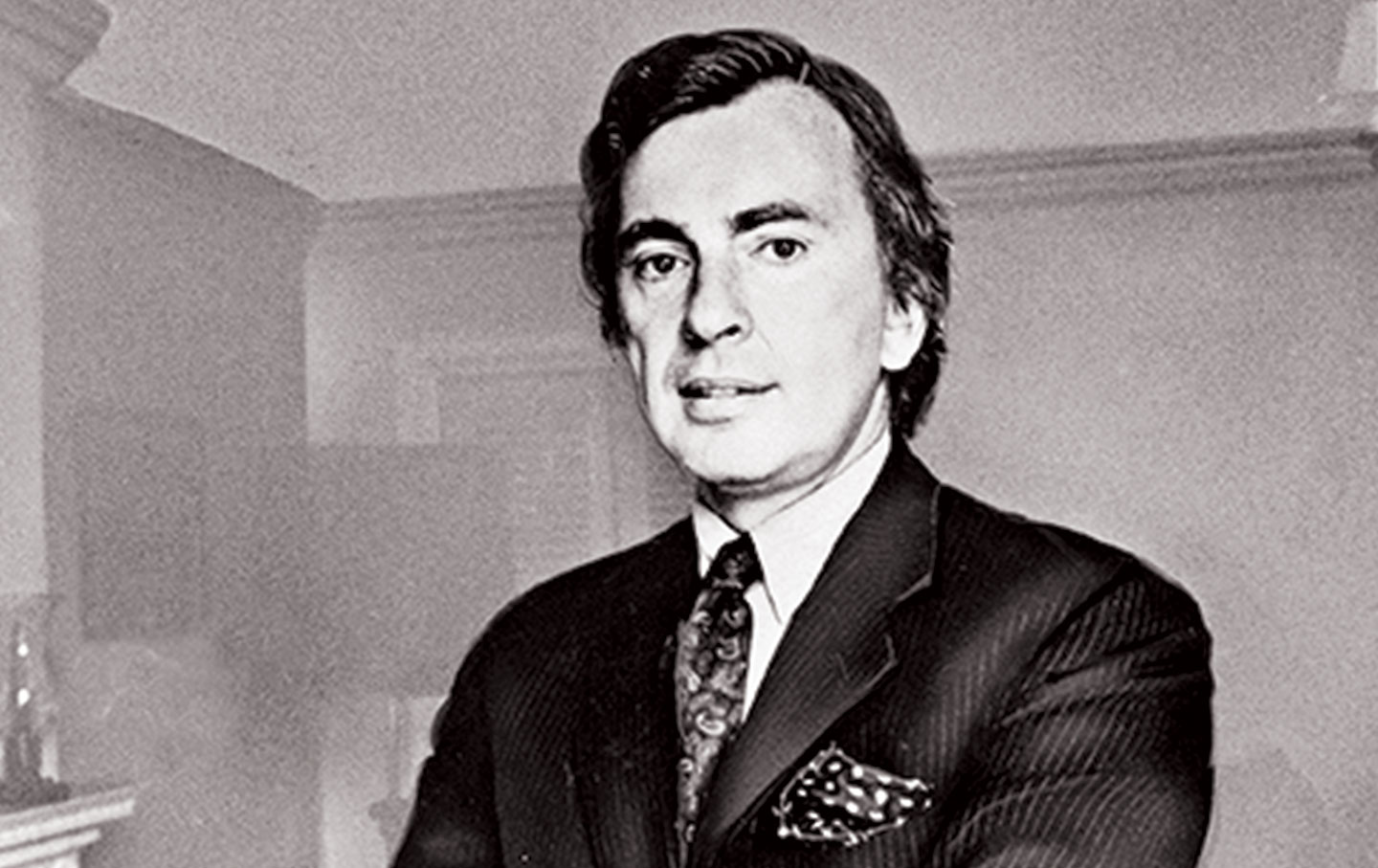
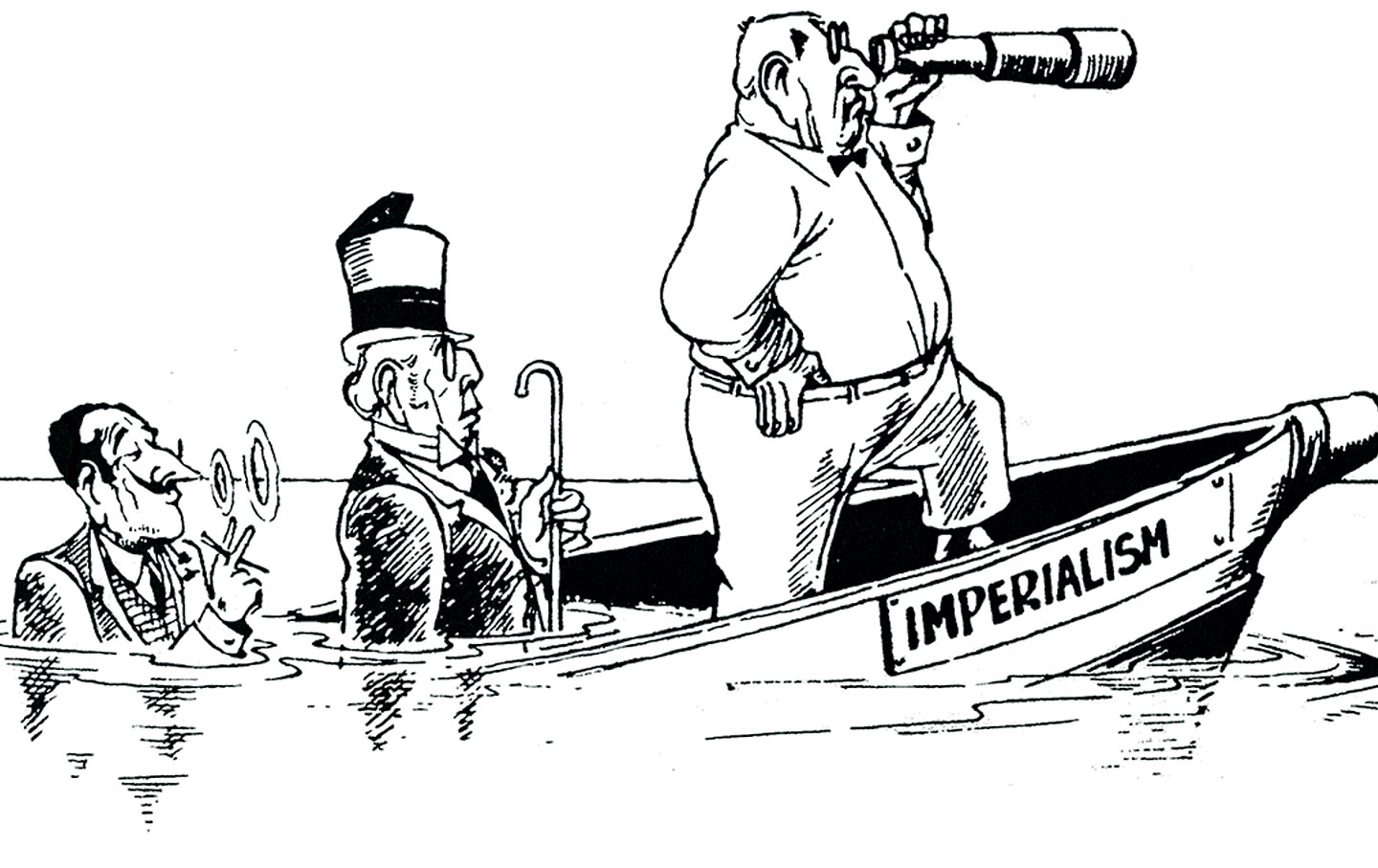
1965–1975: How To Tell The Rebels Have Won
Vietnam is a unique case—culturally, historically and politically. I hope that the United States will not repeat its Vietnam blunders elsewhere.
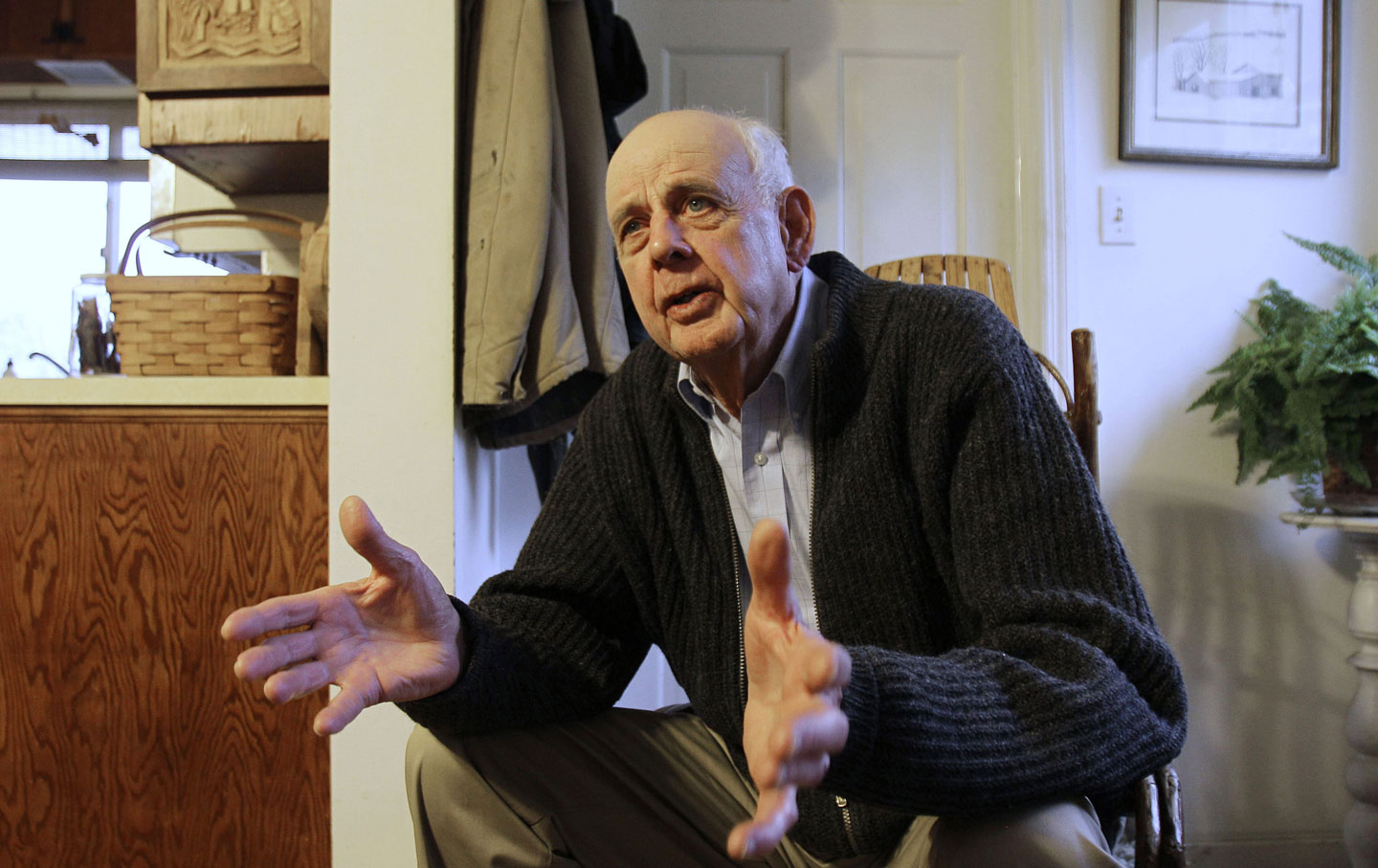
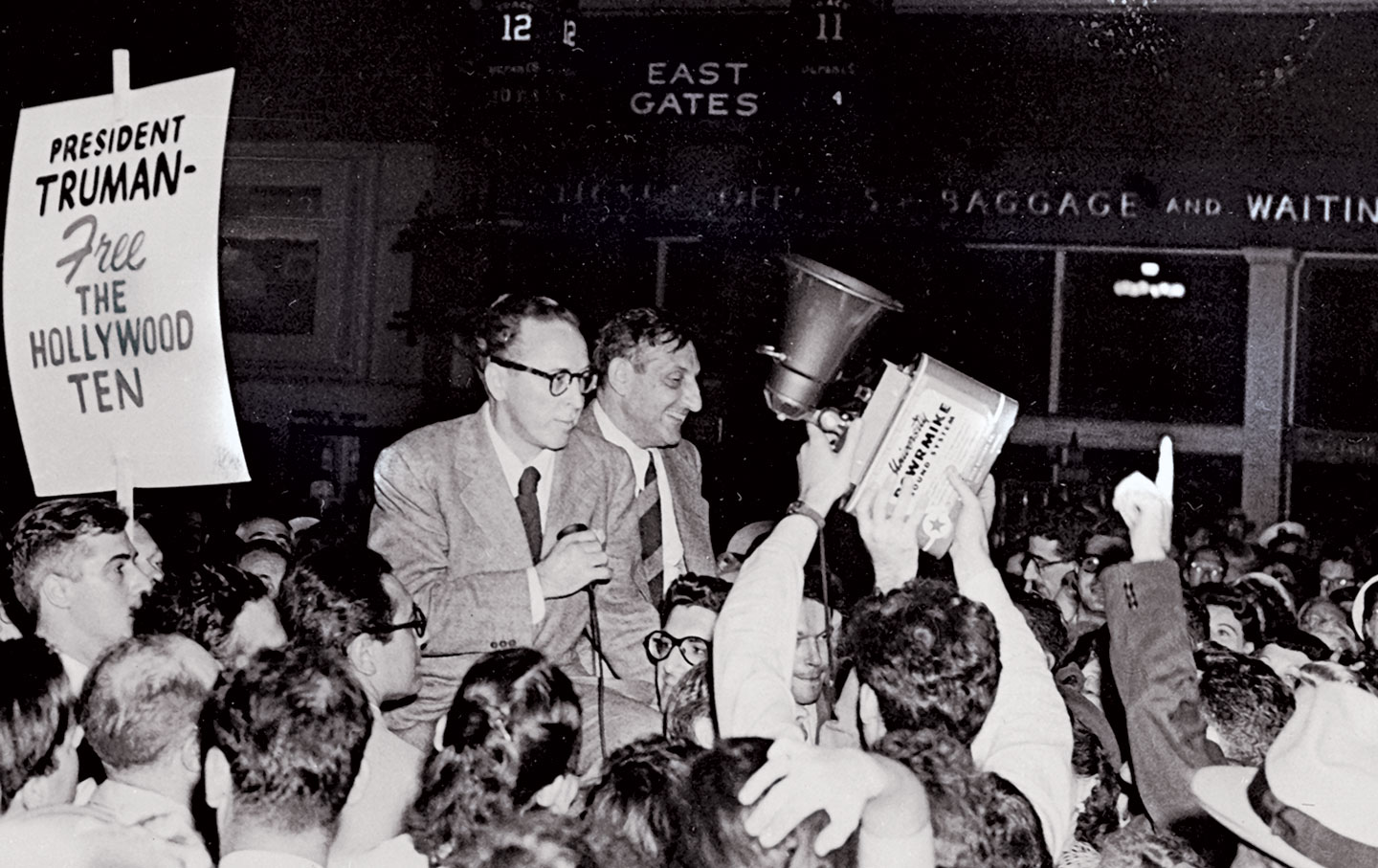
1955–1965: Down the Road of Folly
Nation writers on the Hollywood blacklist, Fiddler on the Roof and US hostility to revolutionary Cuba.
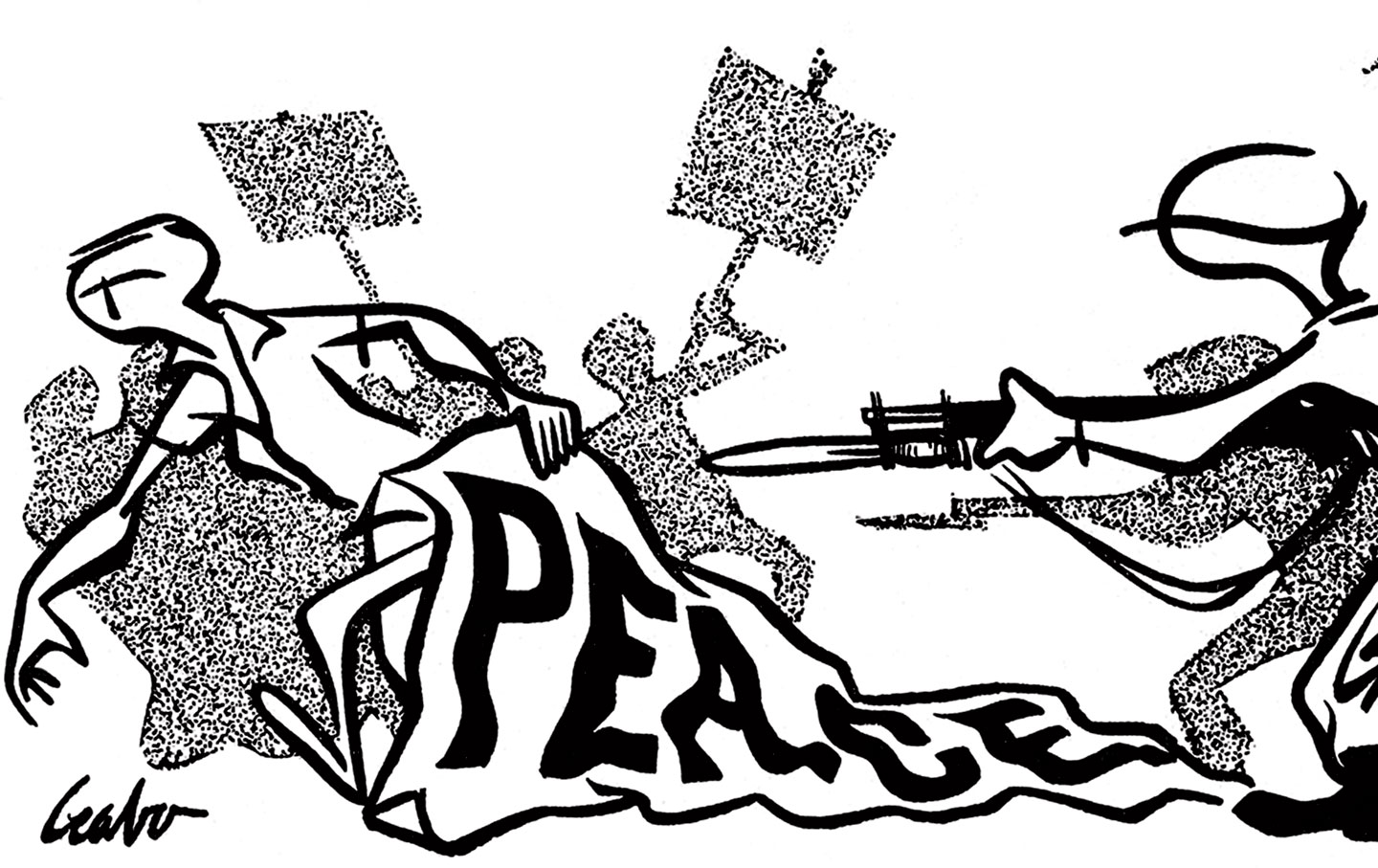
The Indignant Generation
The current crop of students has gone far to shake the label of apathy and conformity that had stuck through the 1950s.
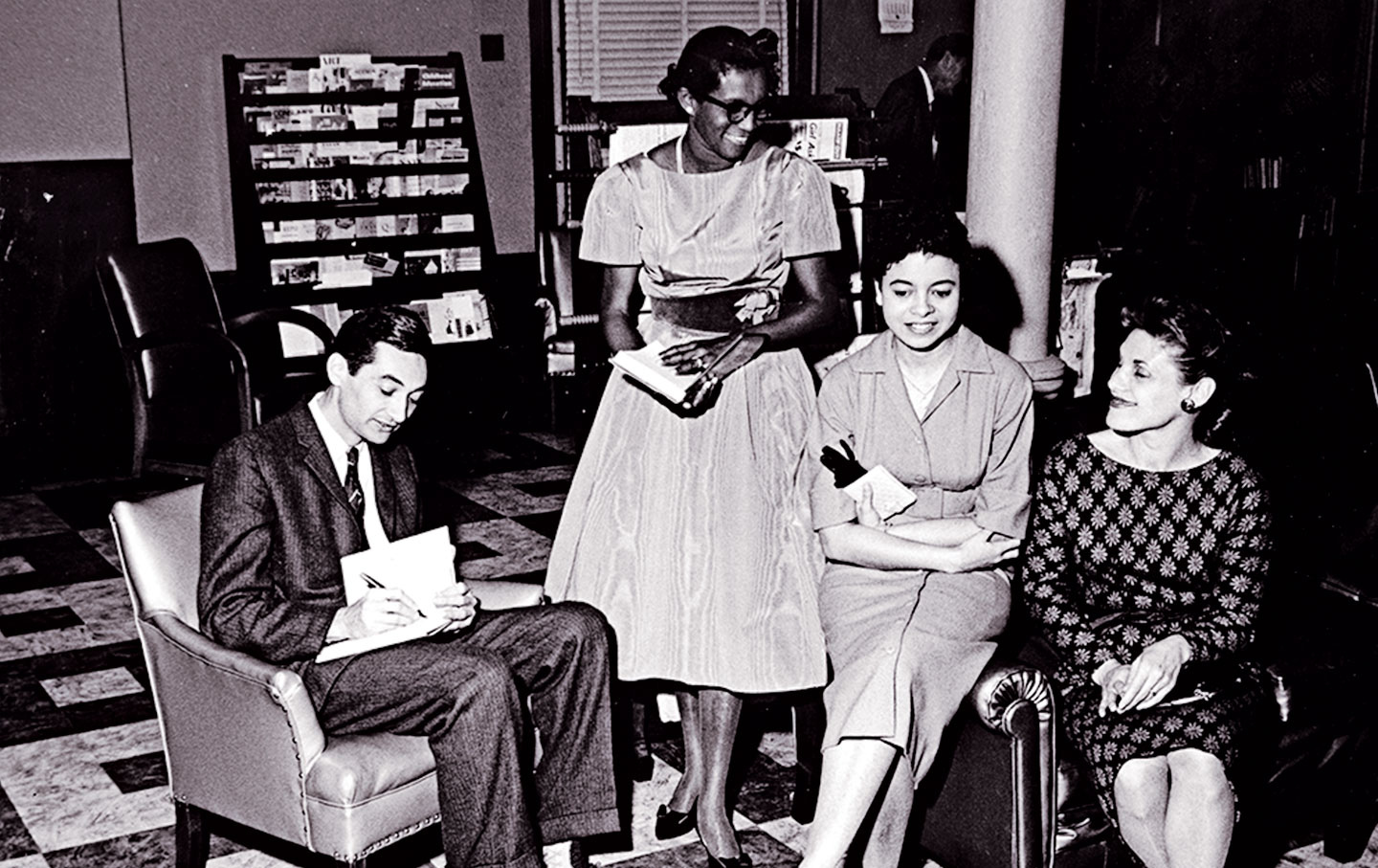
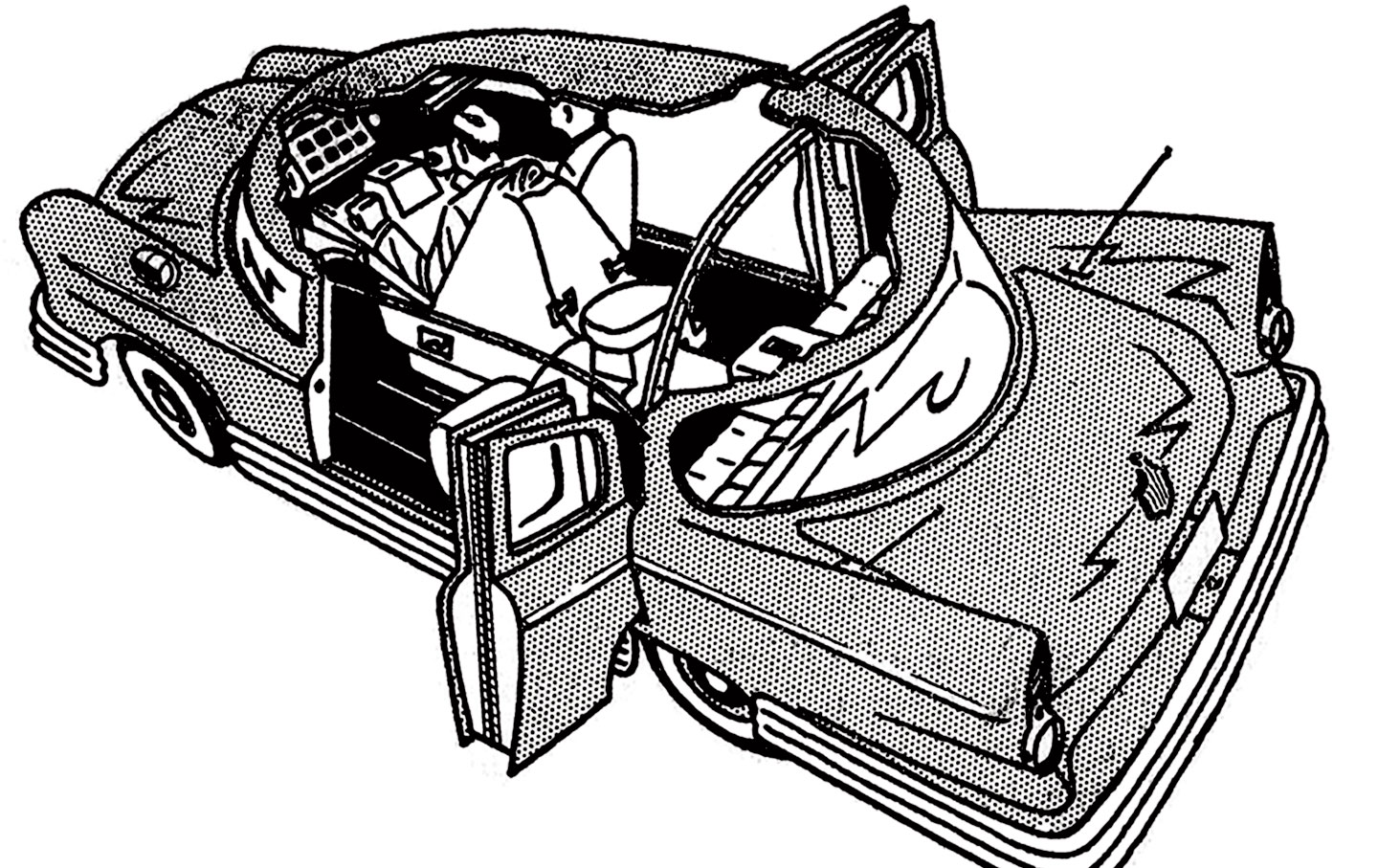
The Article That Launched the Consumer-Rights Movement
Innumerable precedents show that the consumer must be protected from his own indiscretion and vanity.
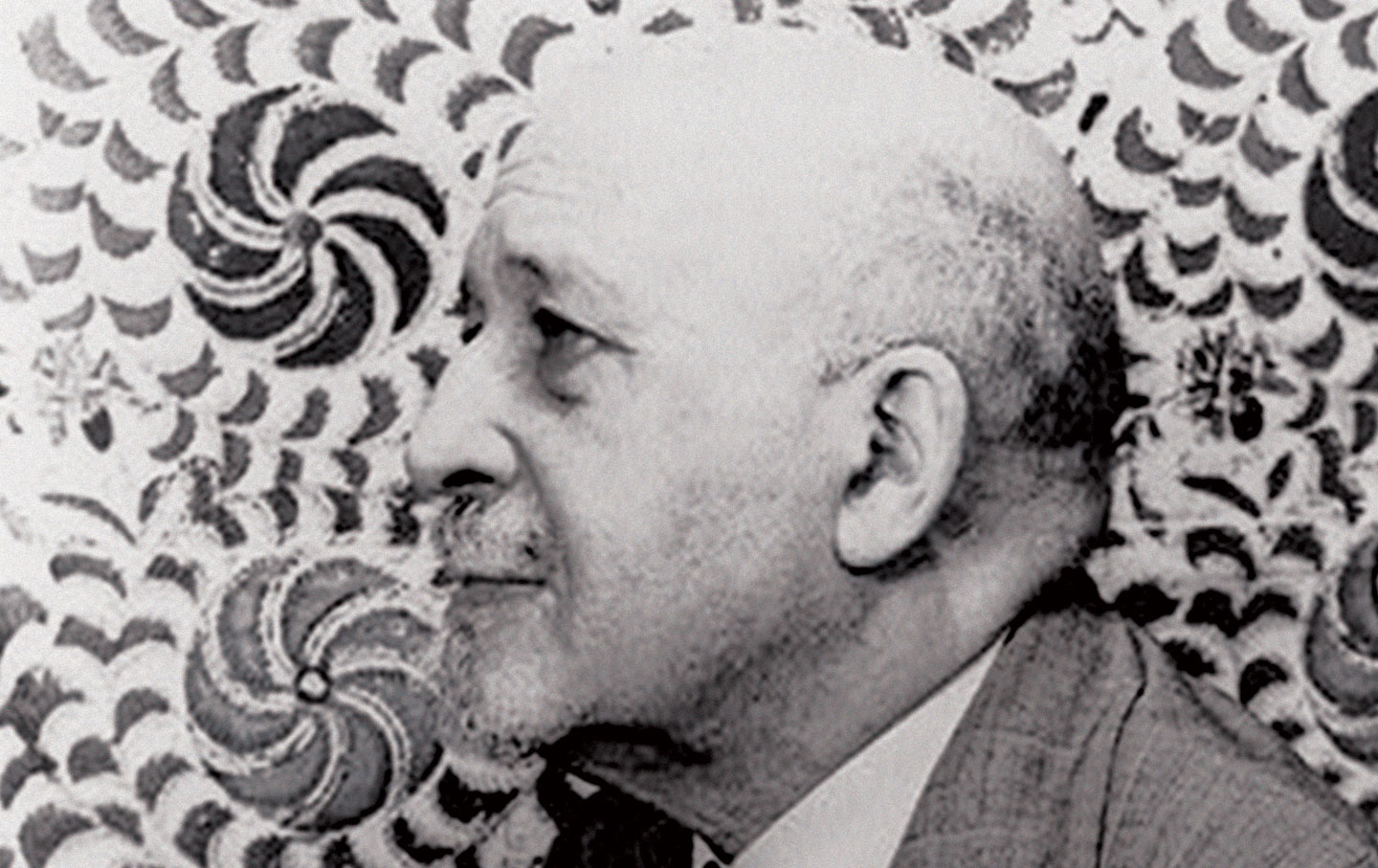
Voting Does Not Make a Difference
Democracy is dead in the United States. Yet there is still nothing to replace real democracy.

1945–1955: We Face a Choice Between One World or None
The atomic bomb represents a revolution in science. It calls for a comparable revolution in our thinking.
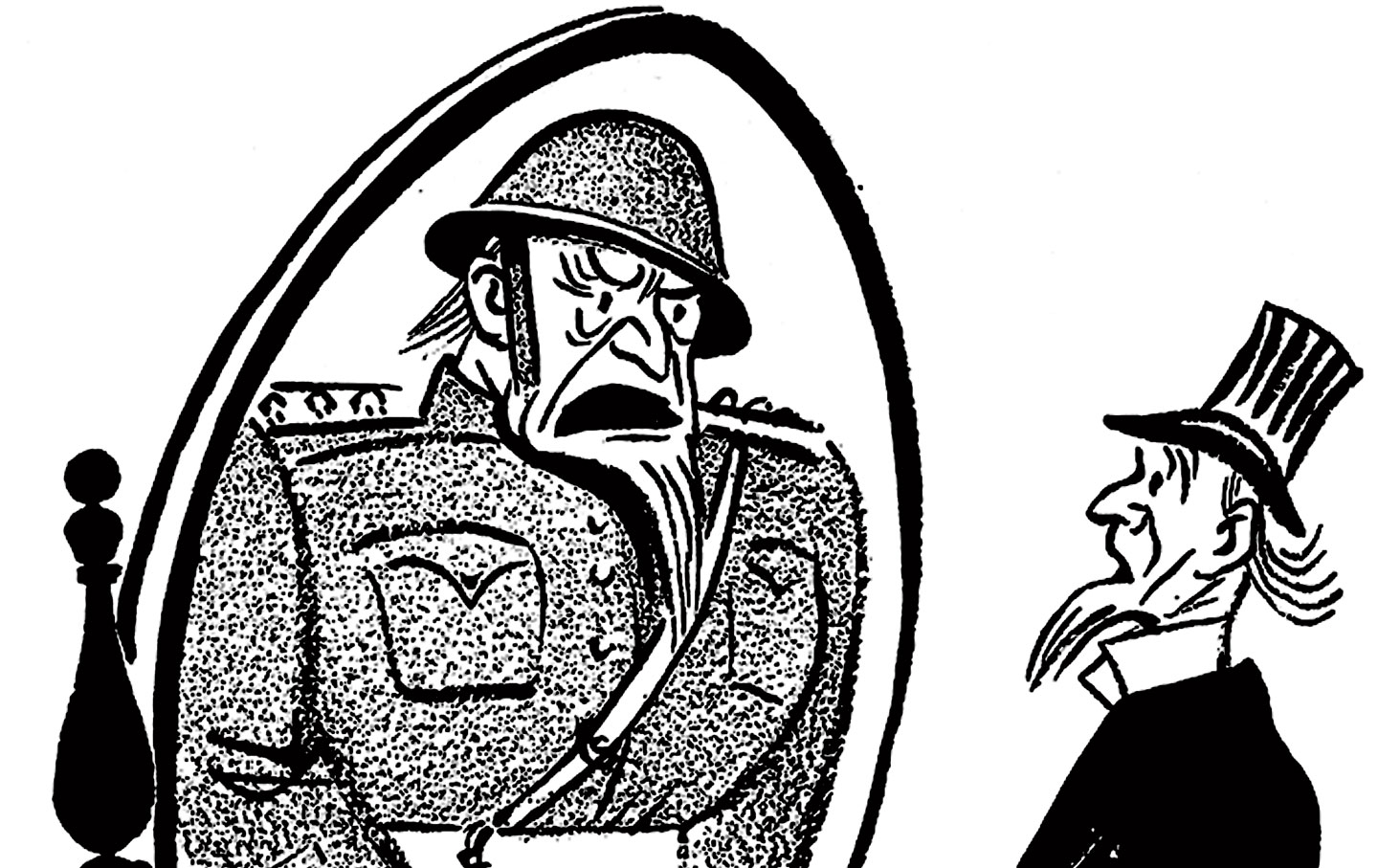
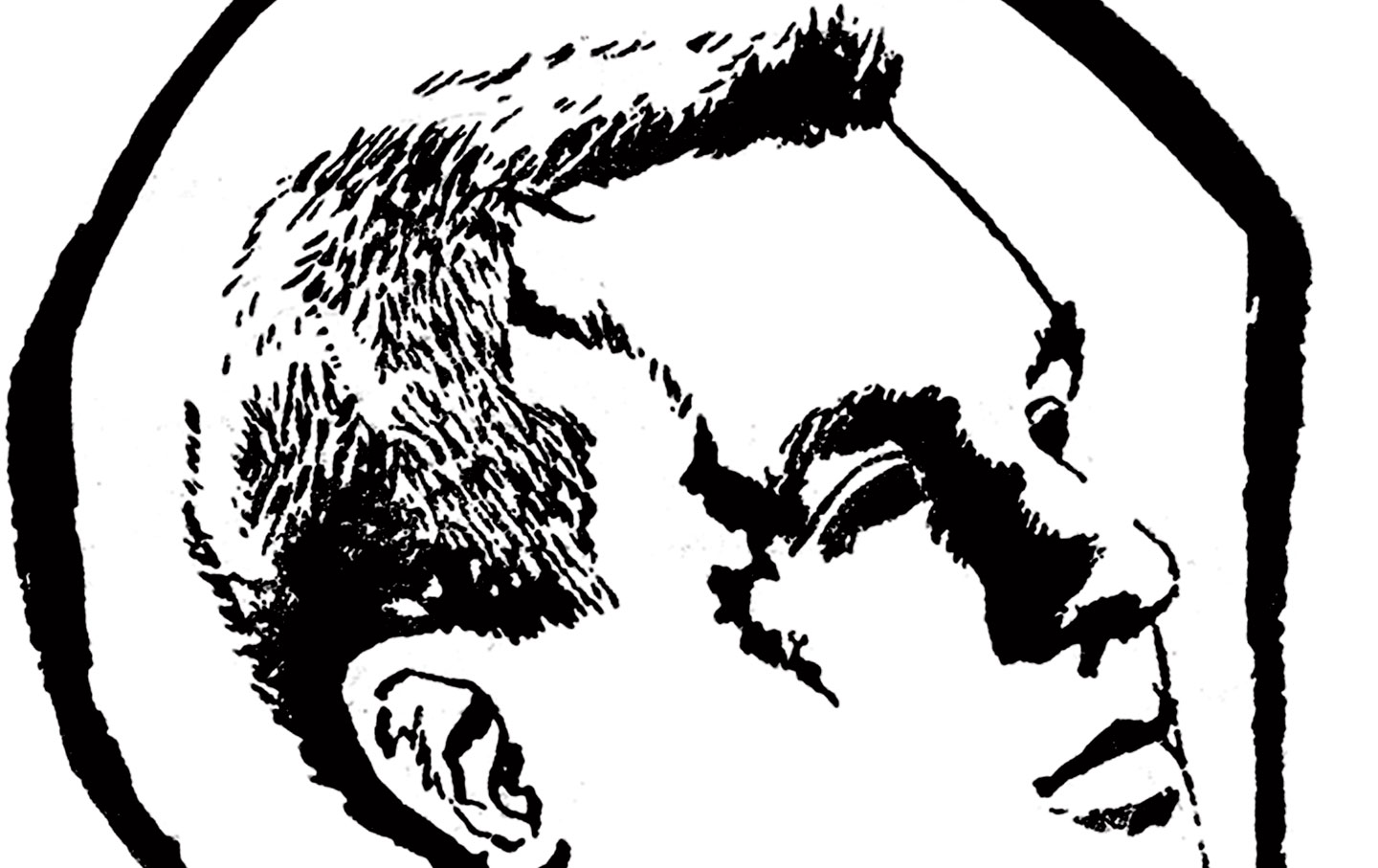
What Science Fiction Teaches Us About Reality
Why build rockets at all? For fun? For adventure? Or is this the same process which sends the salmon back upstream year after year to spawn and die—a subliminal urge in ma...
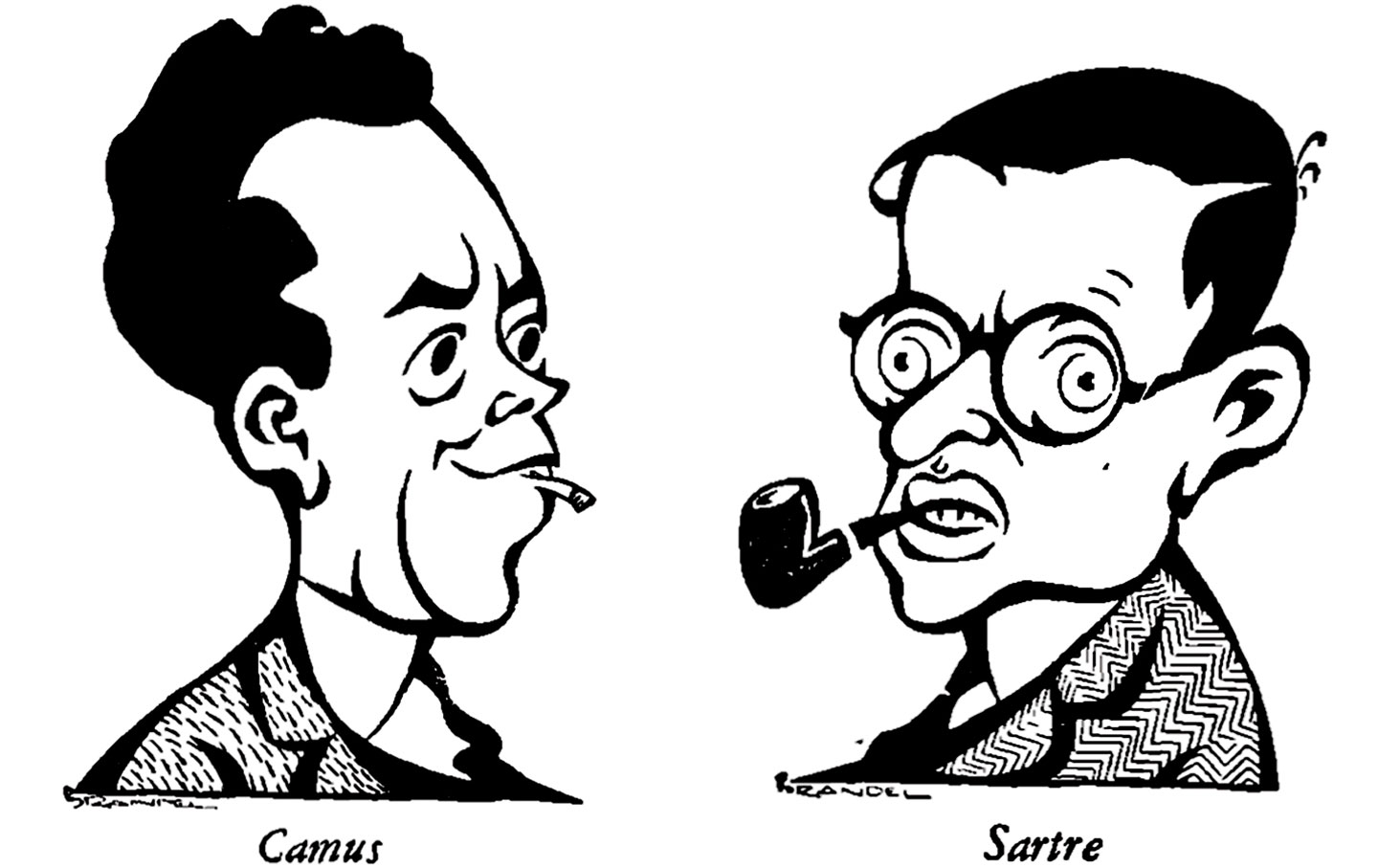
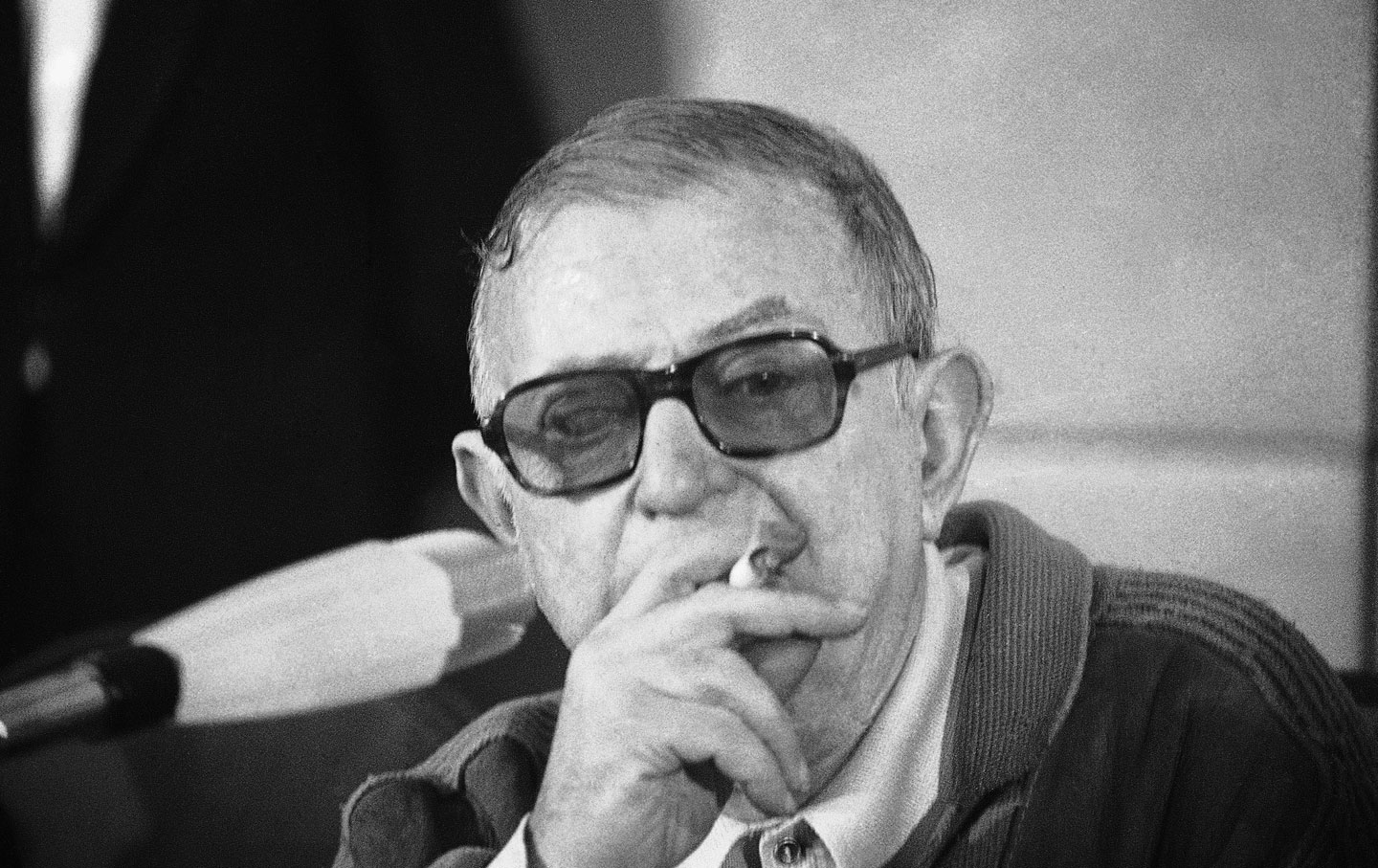
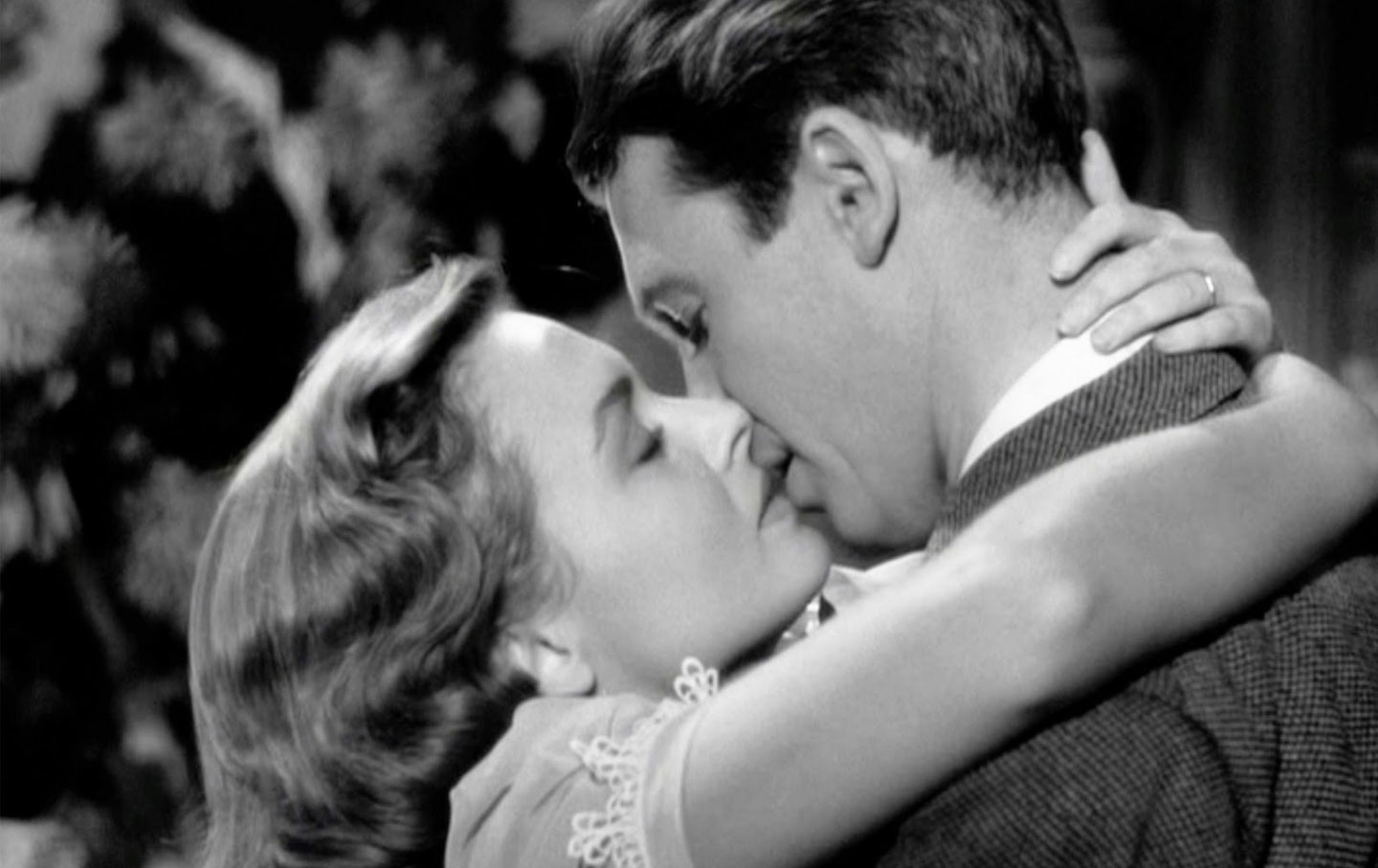
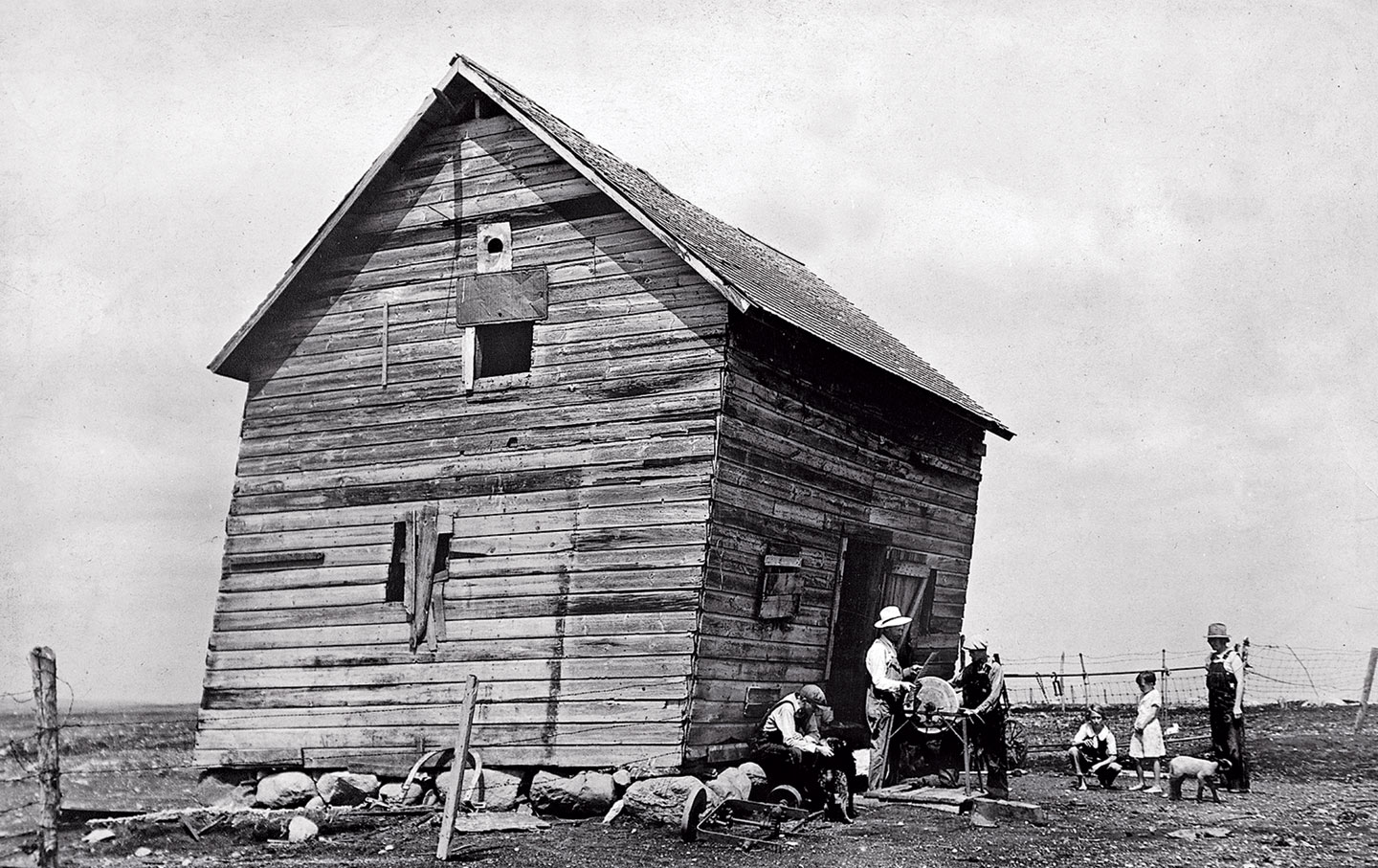
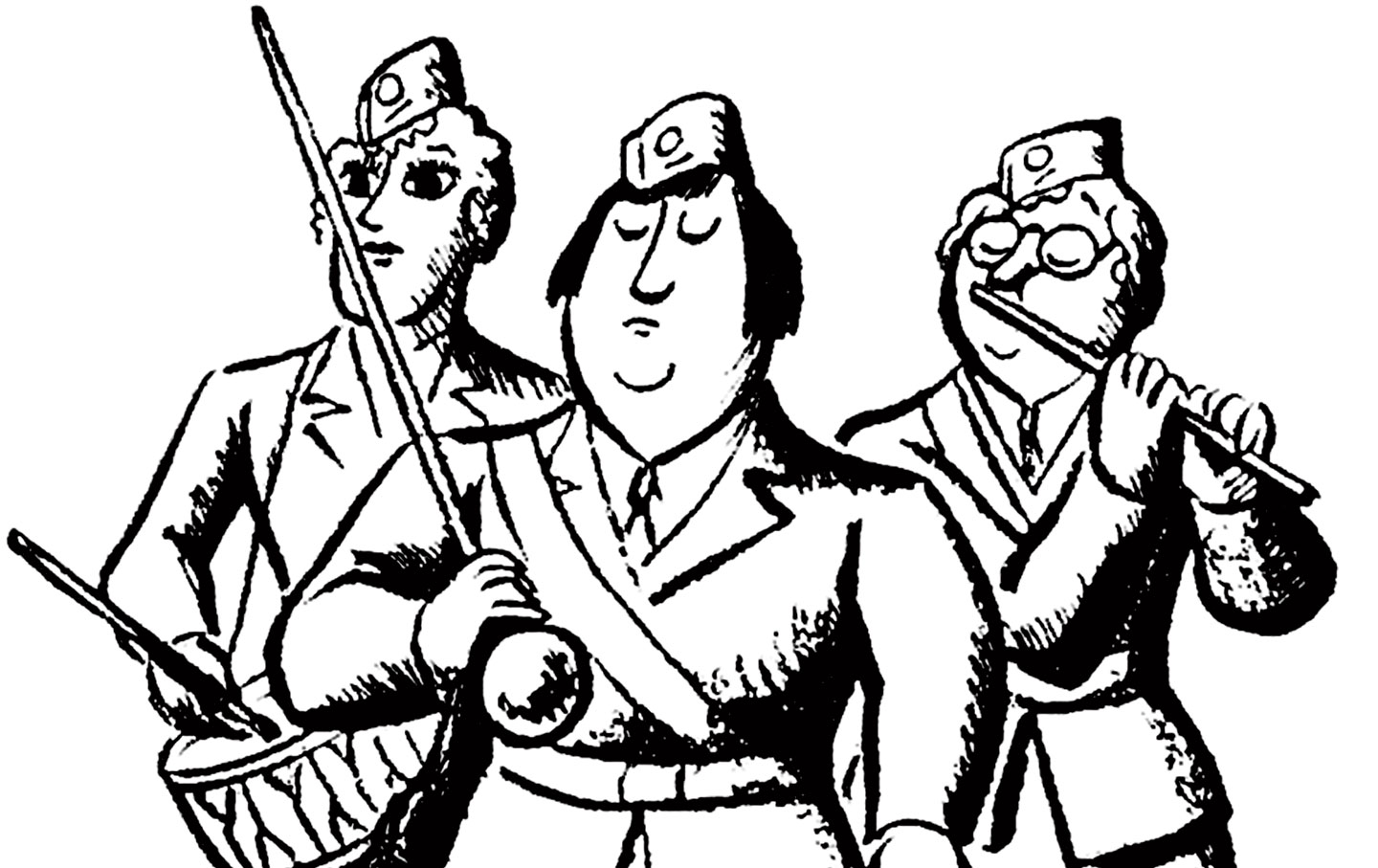
Which Direction Is the American Parade Headed?
Marching with the American Legion during the New Deal.
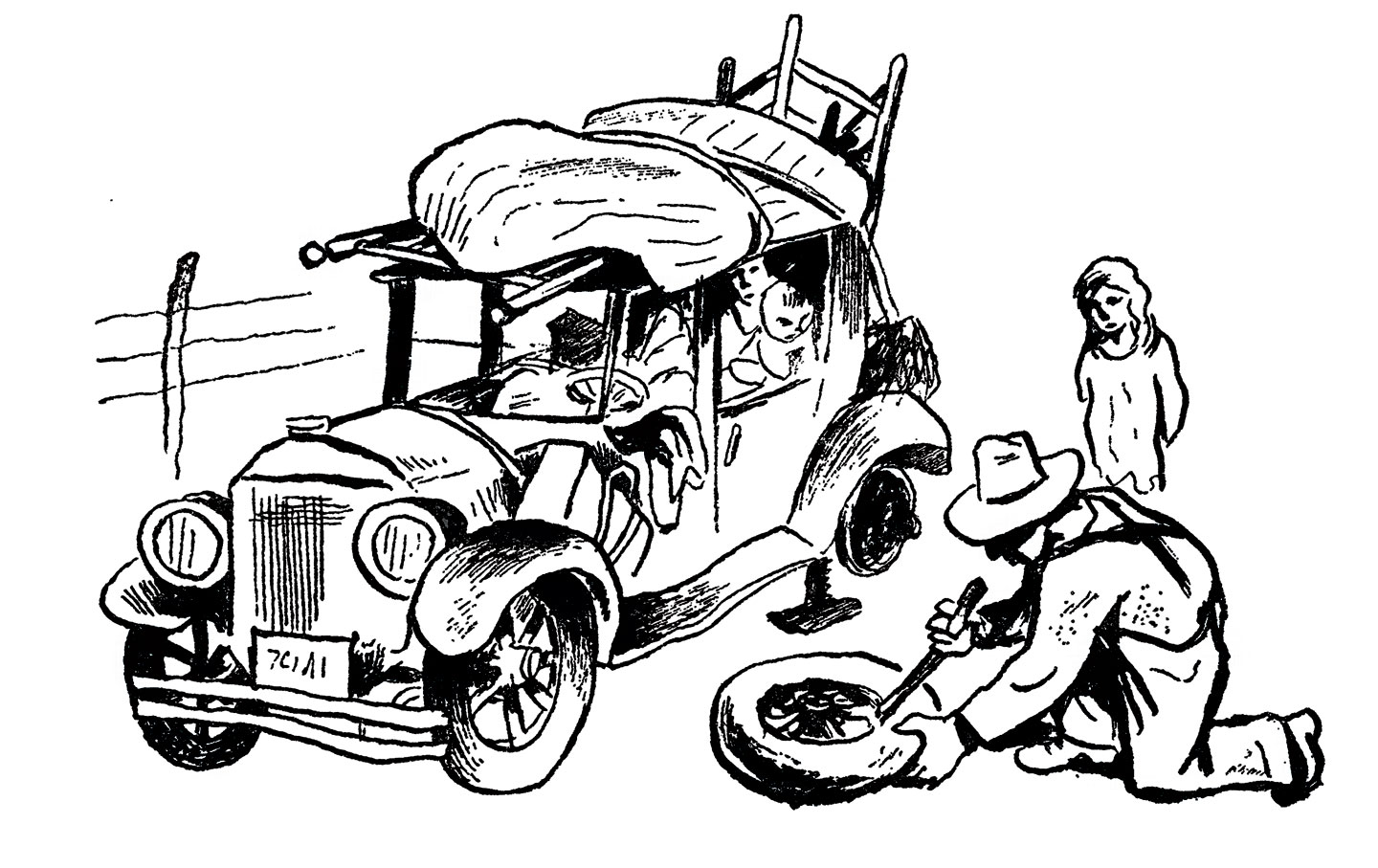
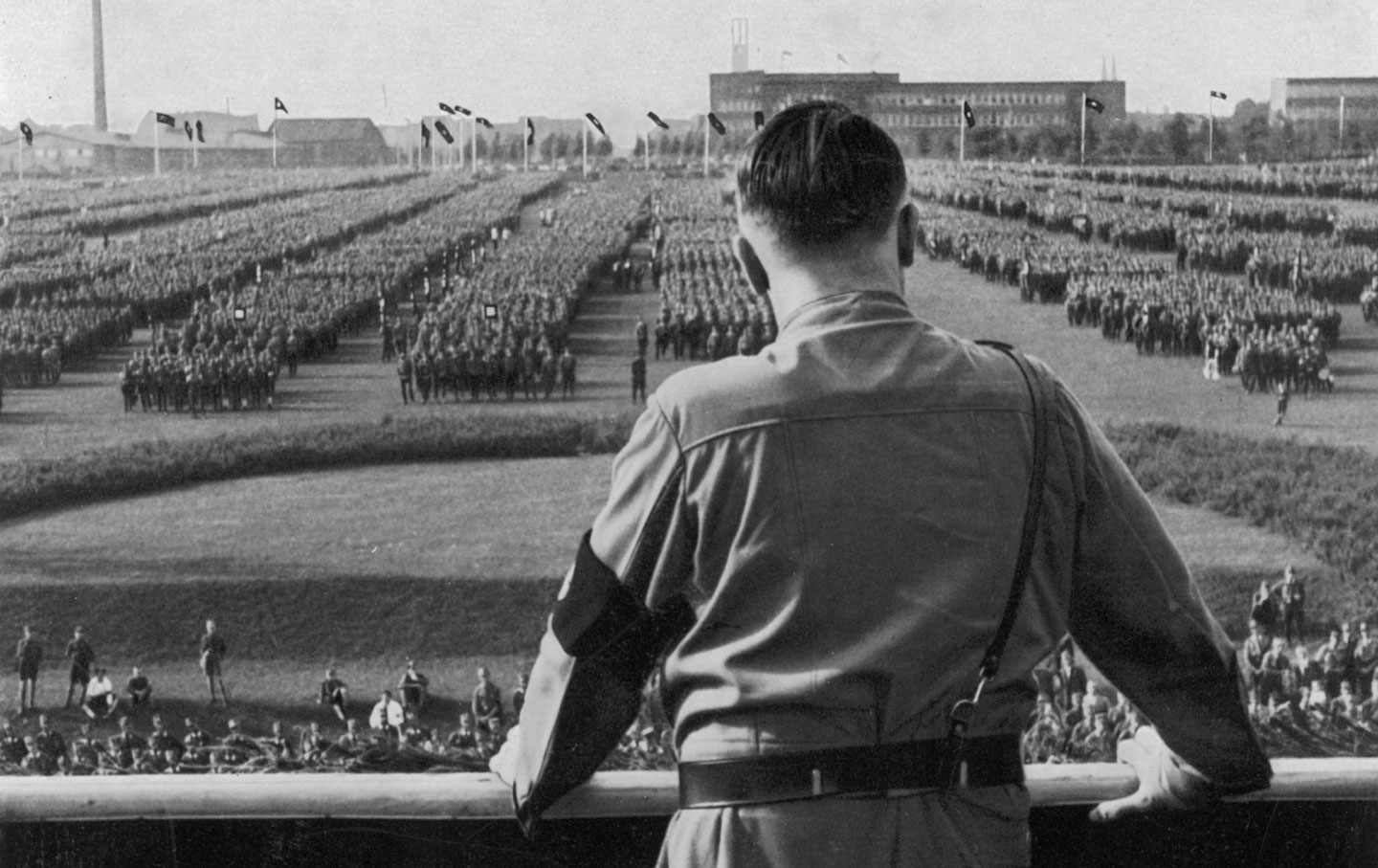
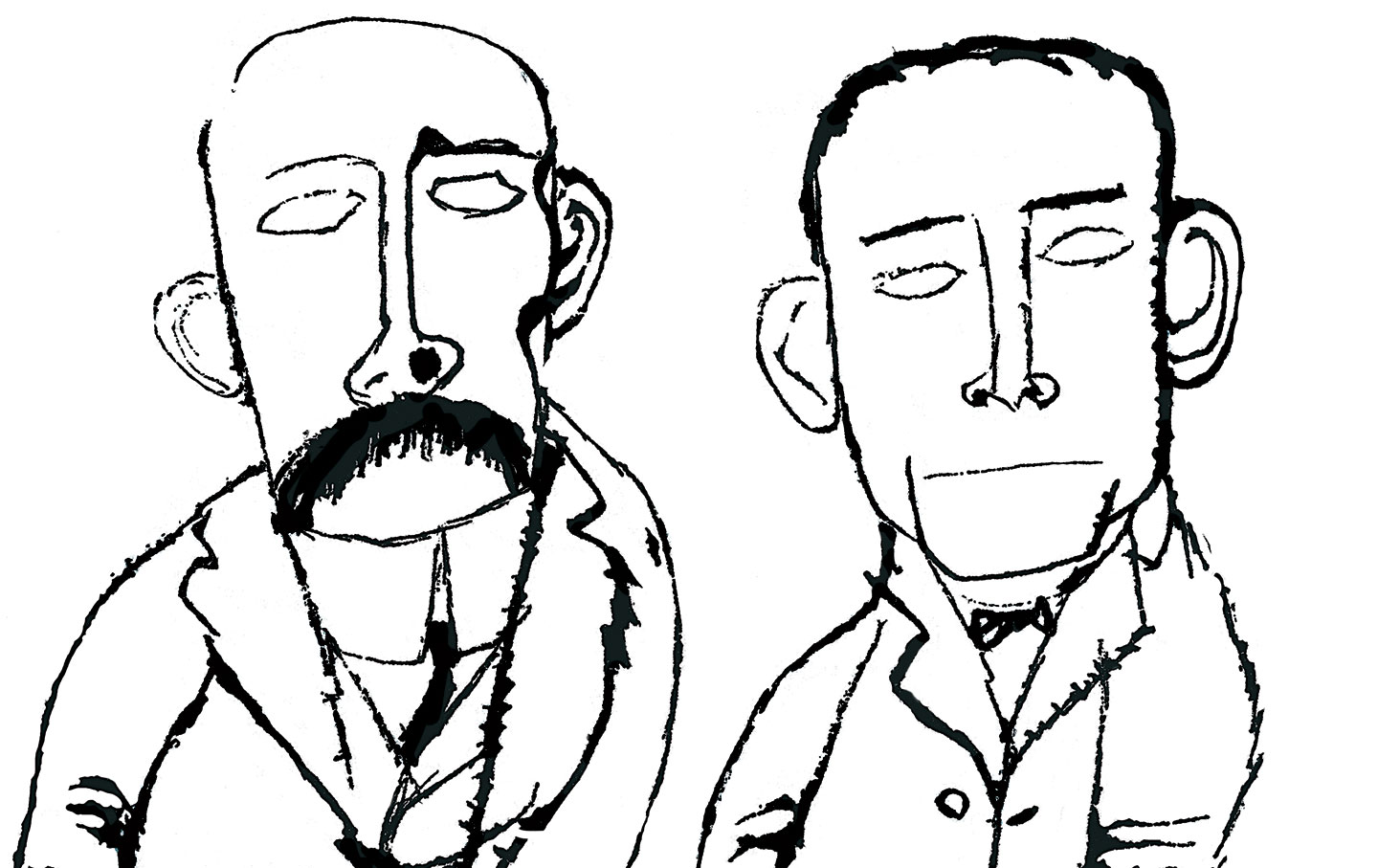
1925–1935: Is Art Possible in the United States?
There is no best country to write in. There is only the old world and the new.
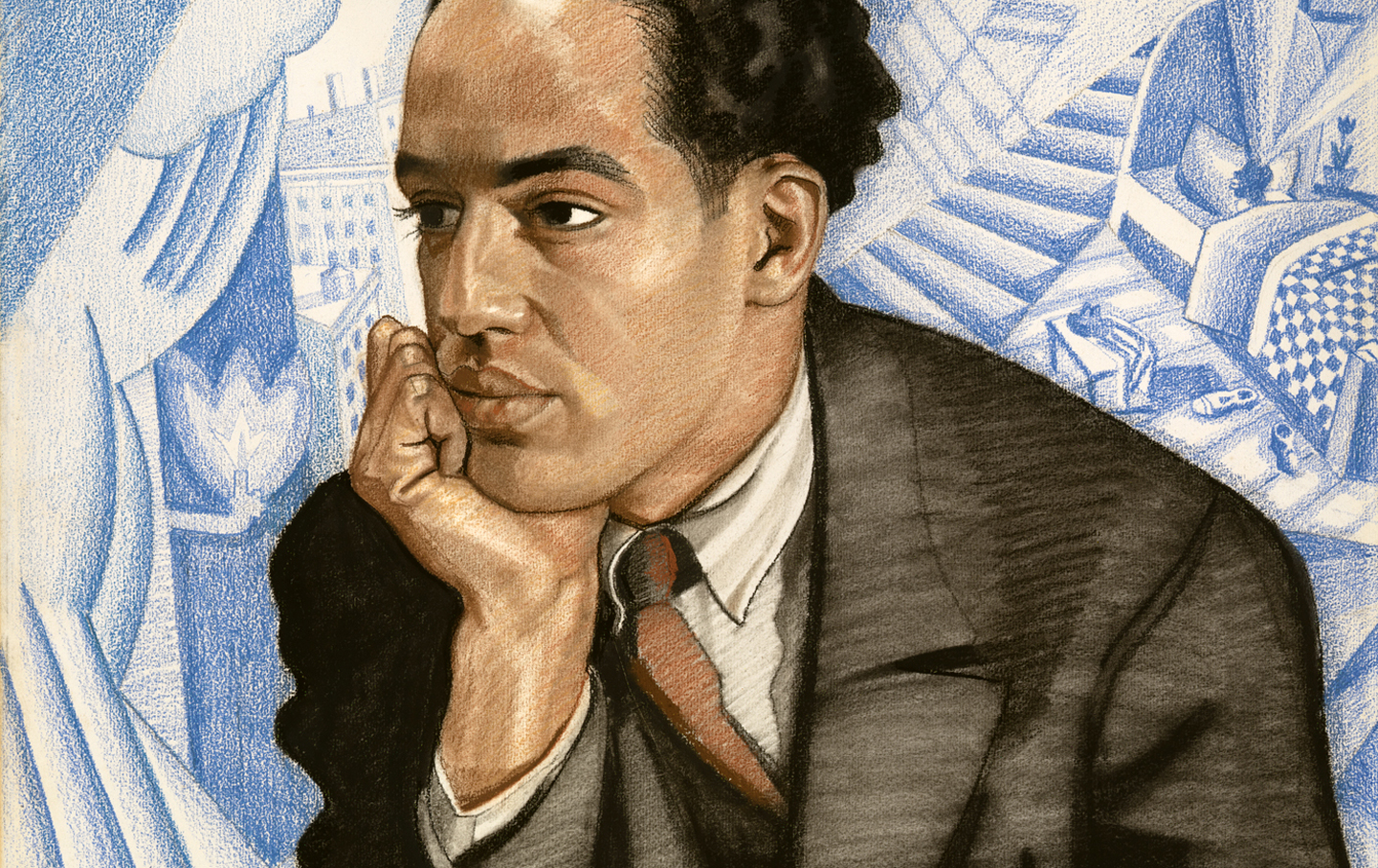
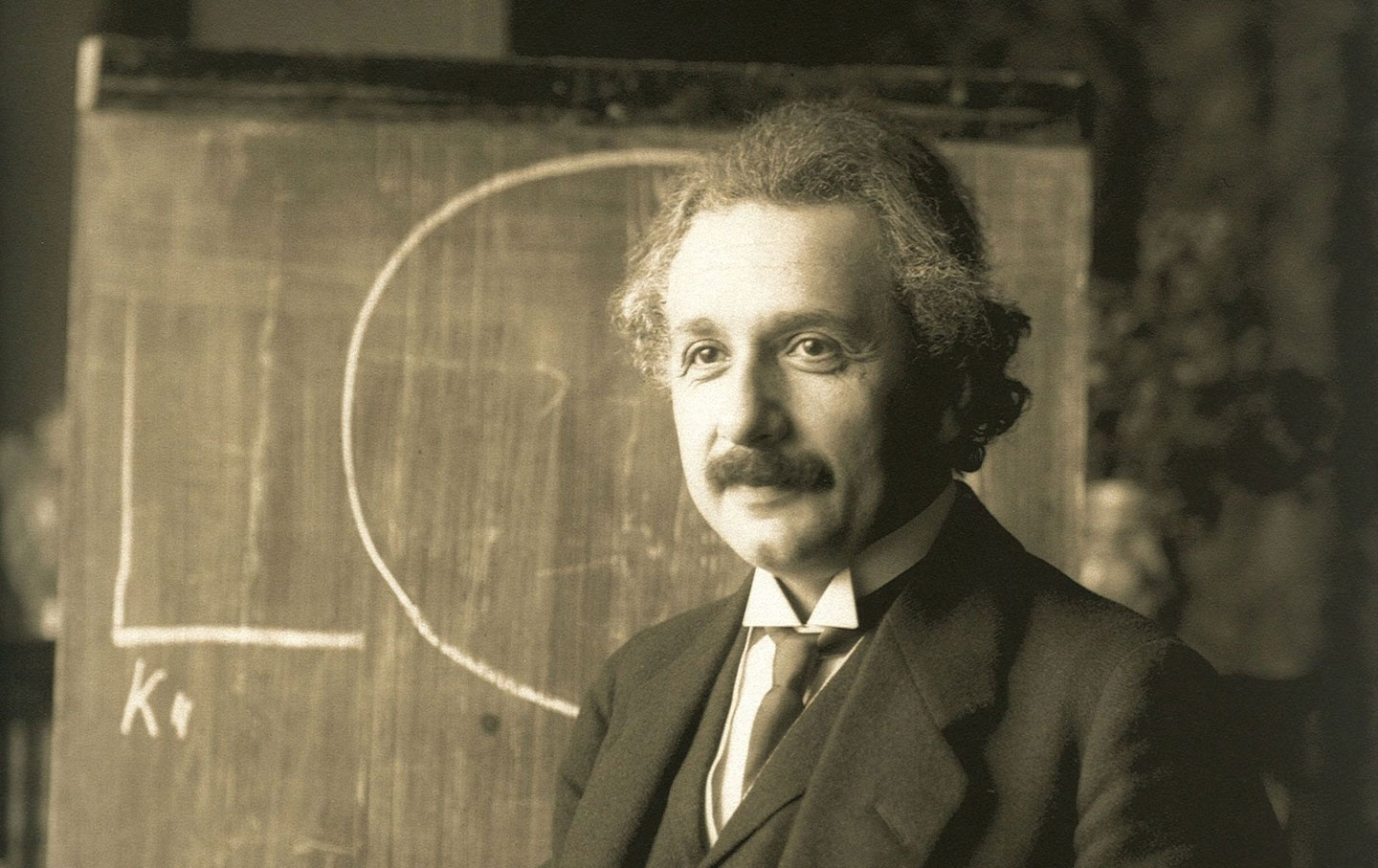
Was Europe a Success?
It would be intolerable to belong to a society which denied the freedom of expression.
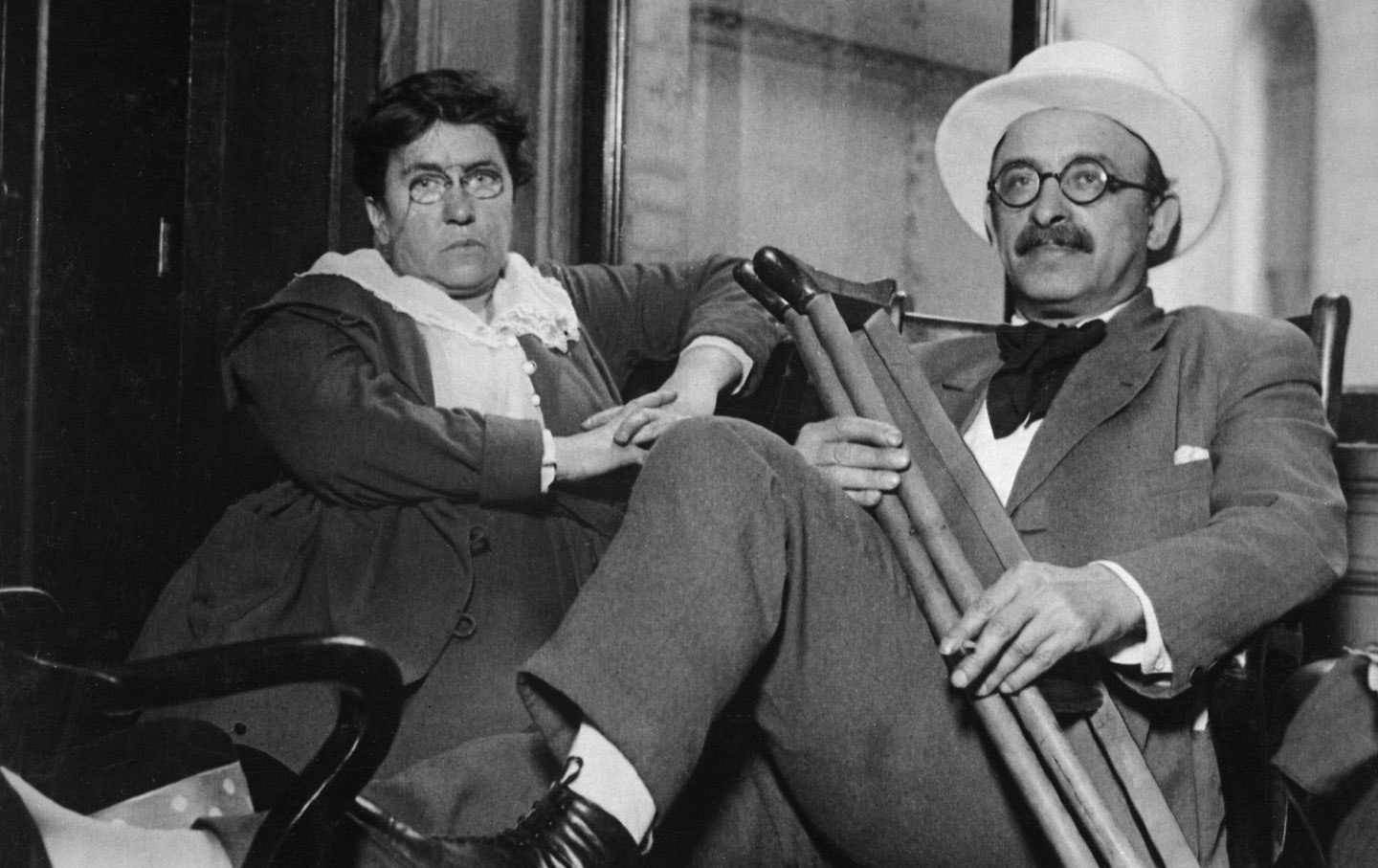
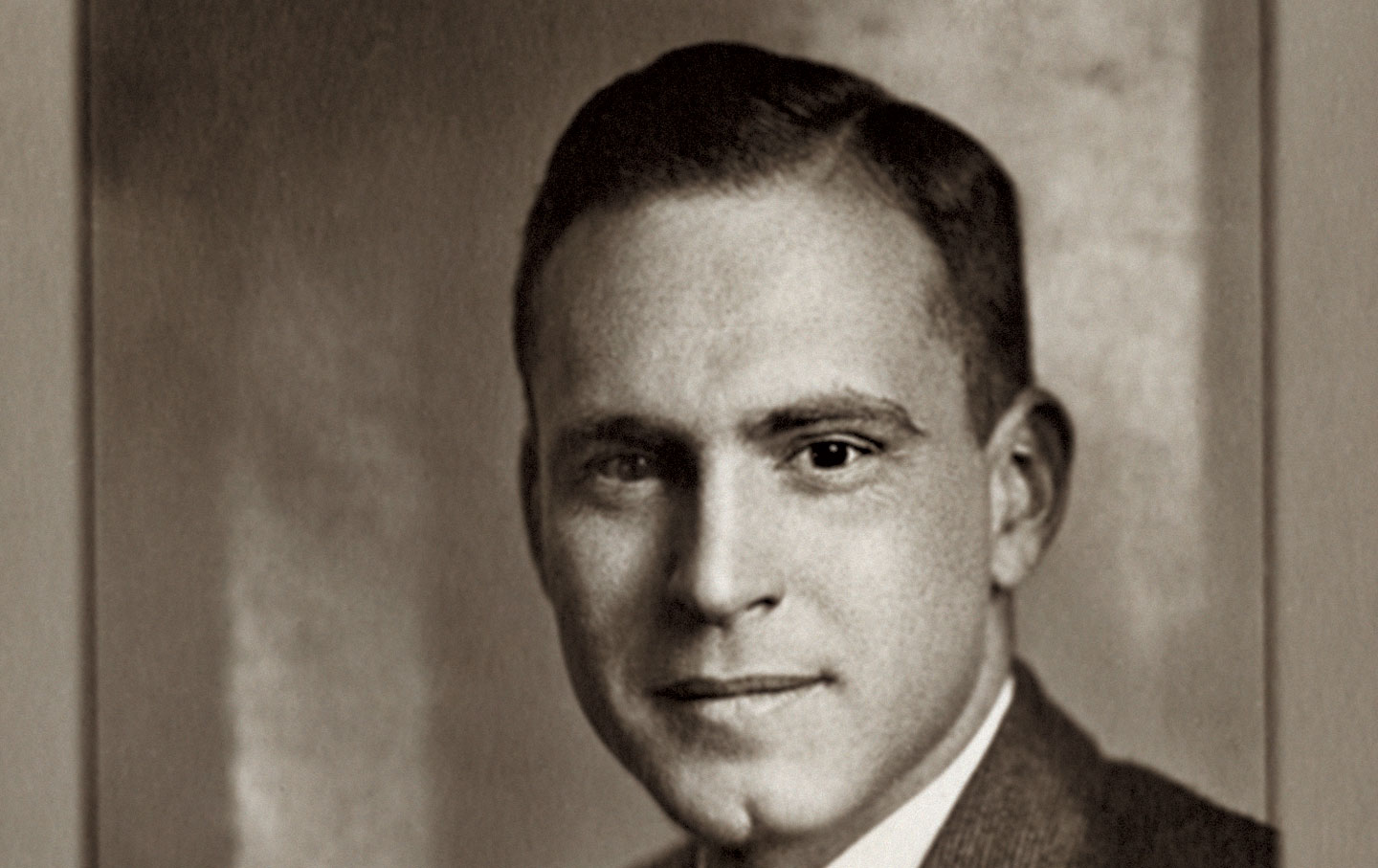
1915–1925: Radicals in a Time of Hysteria
Looking forward to a social order without any external restraints upon the individual.

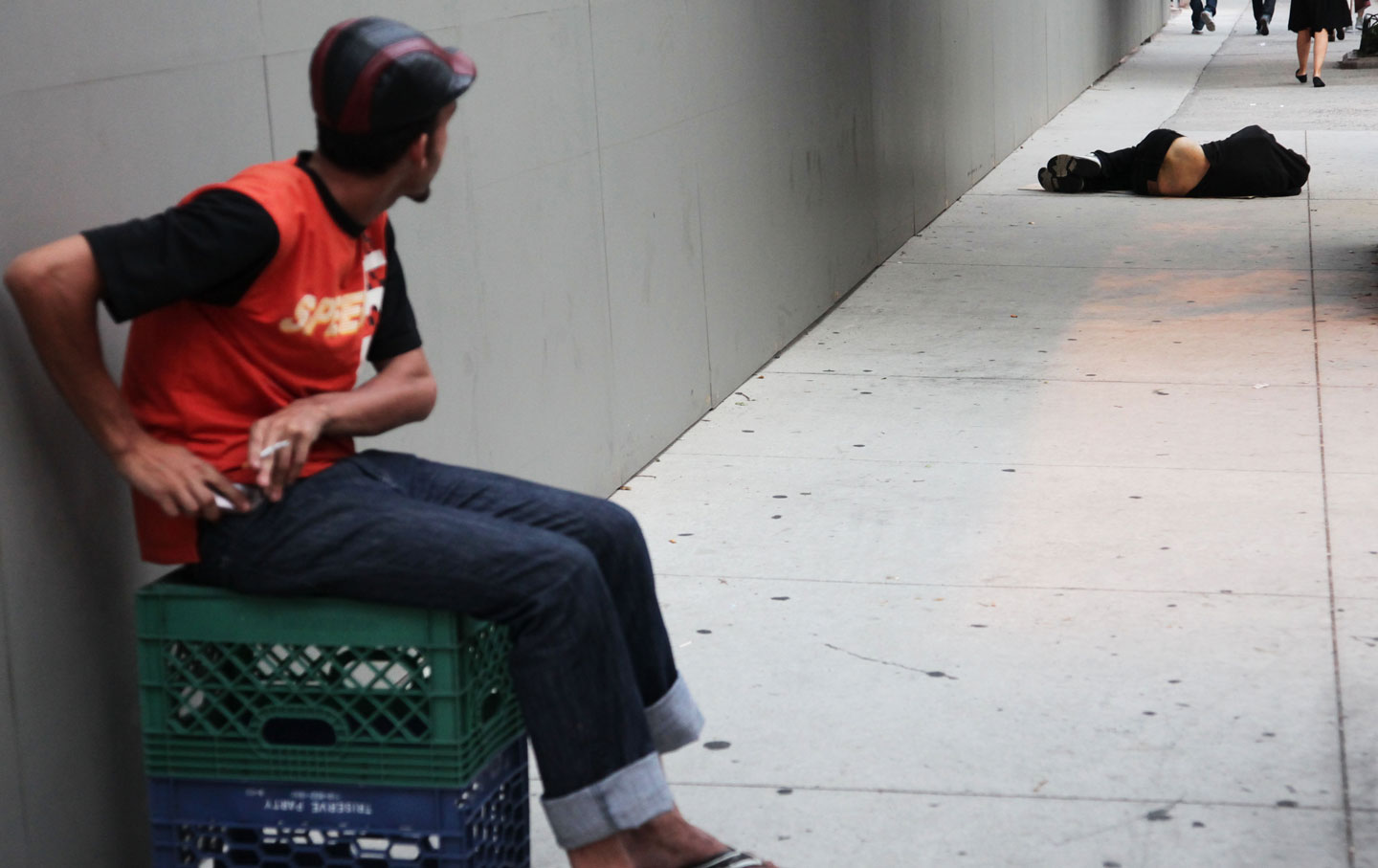
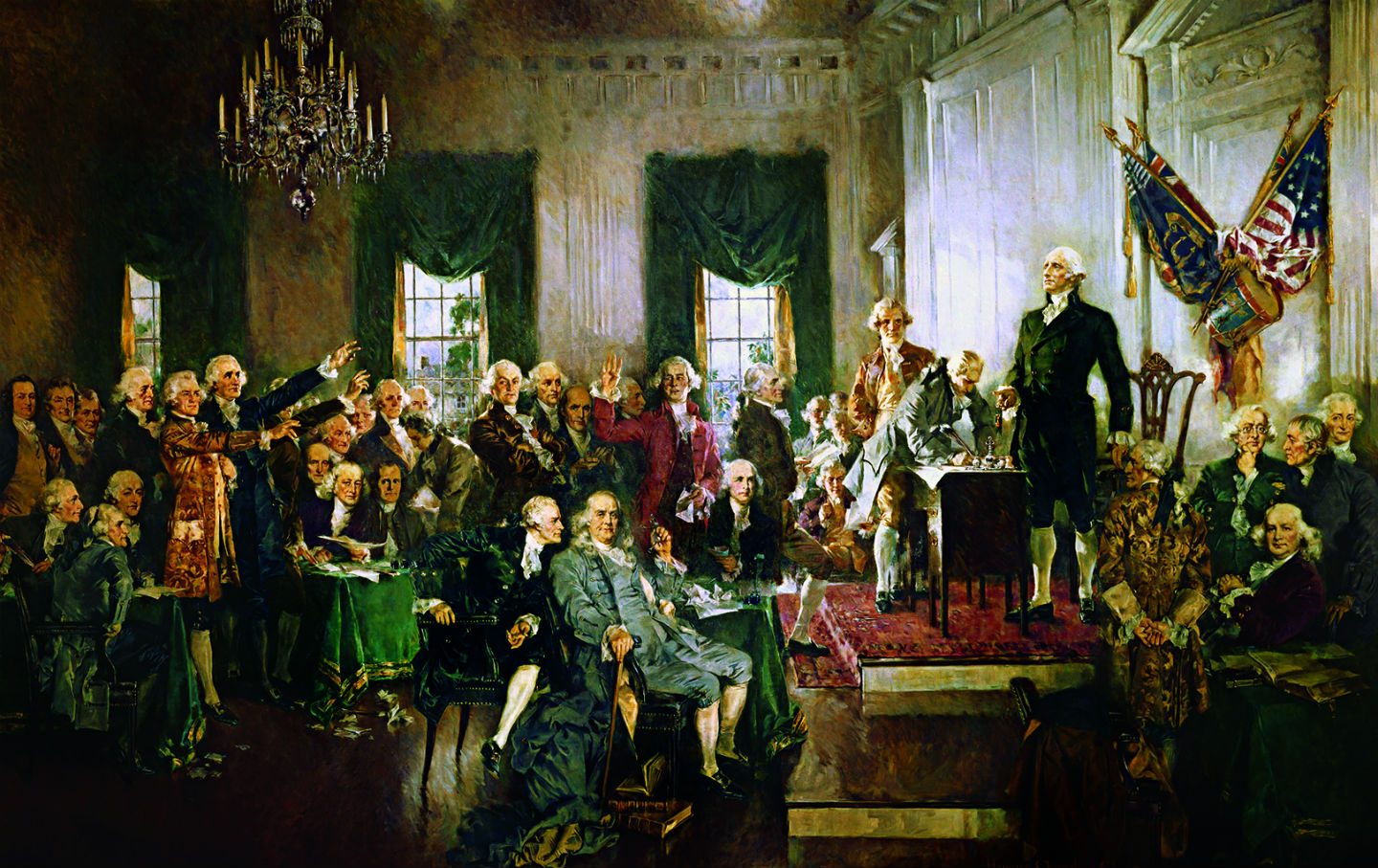
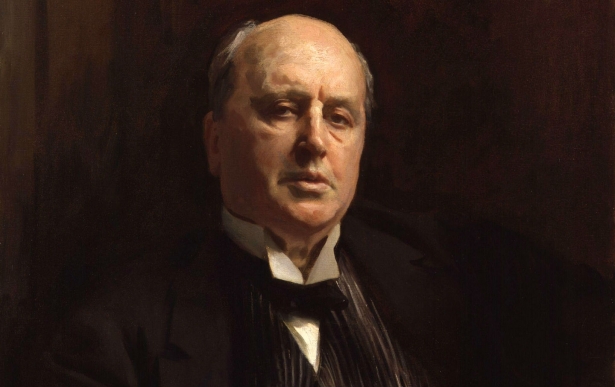
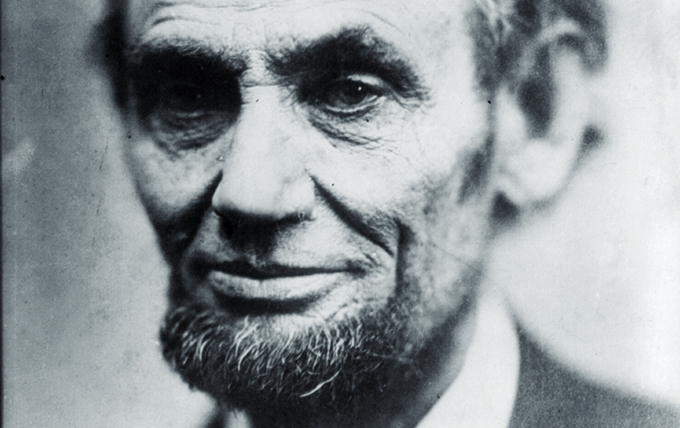
What Would Lincoln Think of Race Relations on His 100th Birthday?
The Nation’s publisher writes about “the negro problem” during the very week he helped found the NAACP.
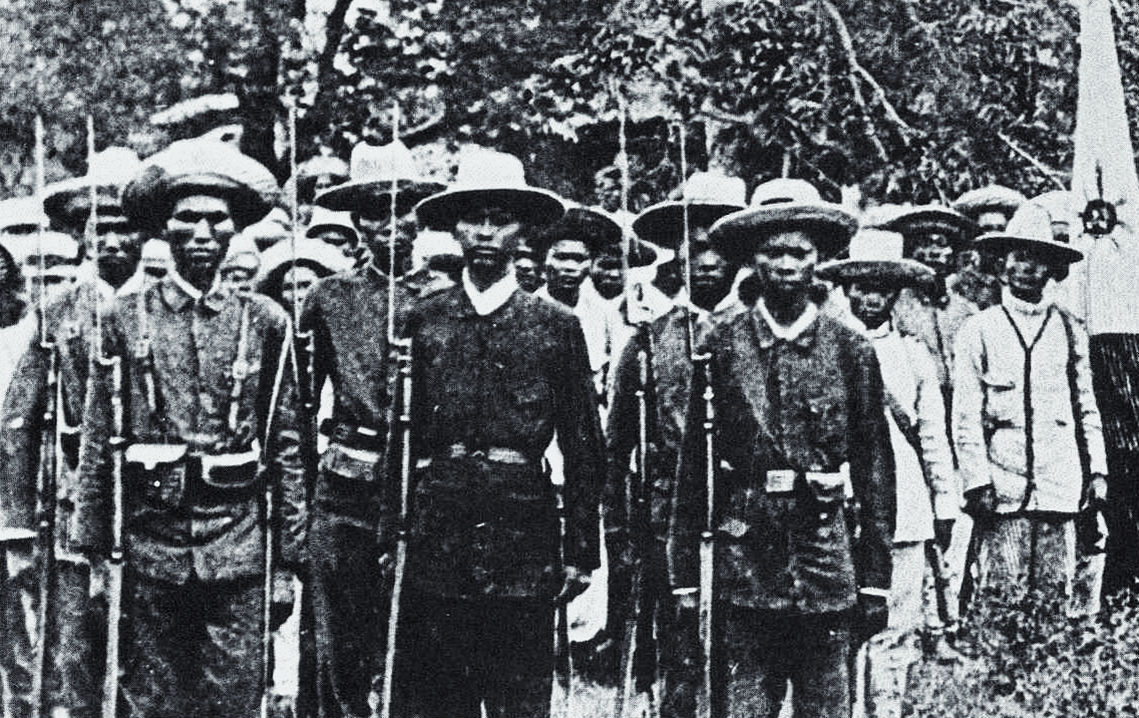
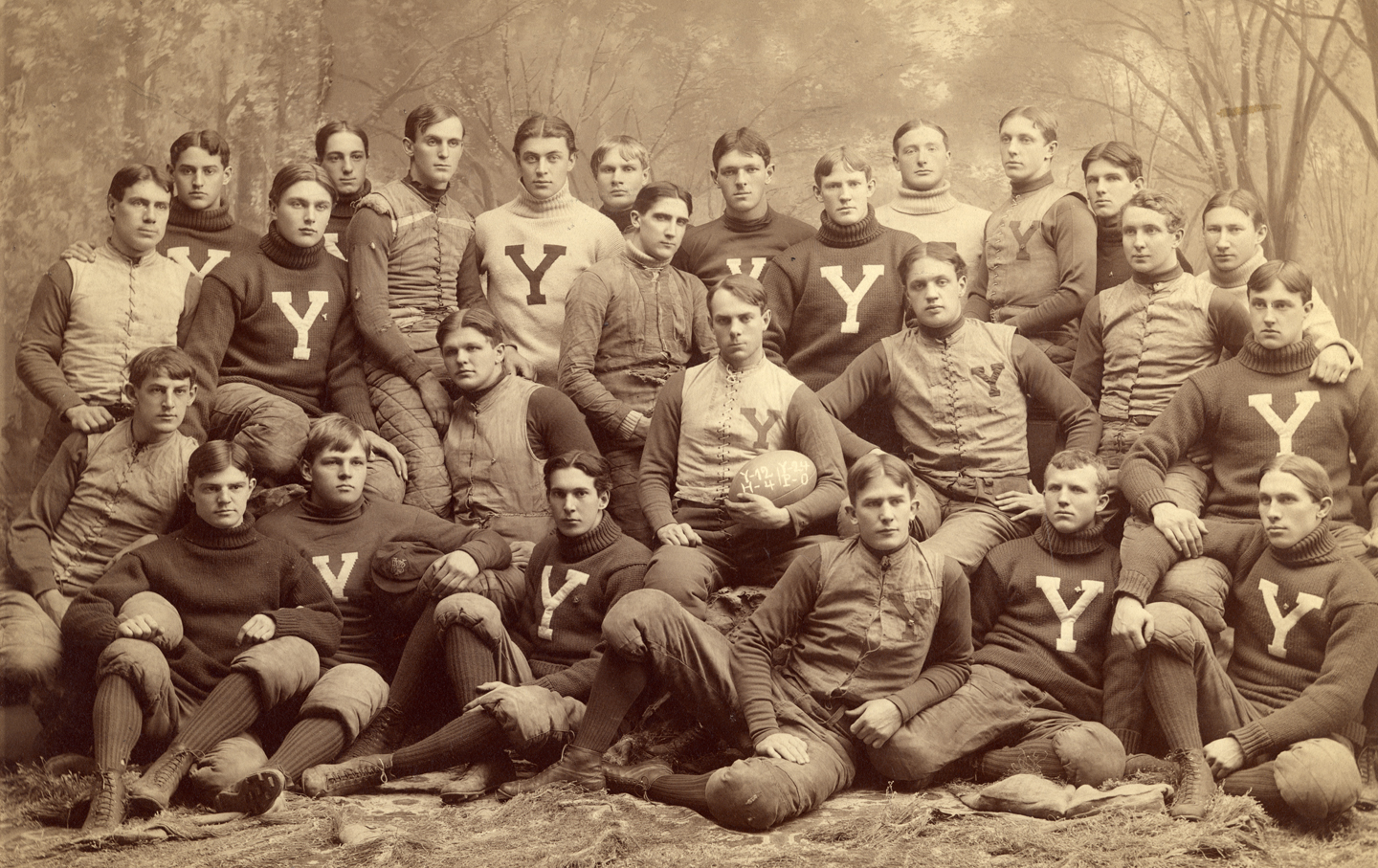
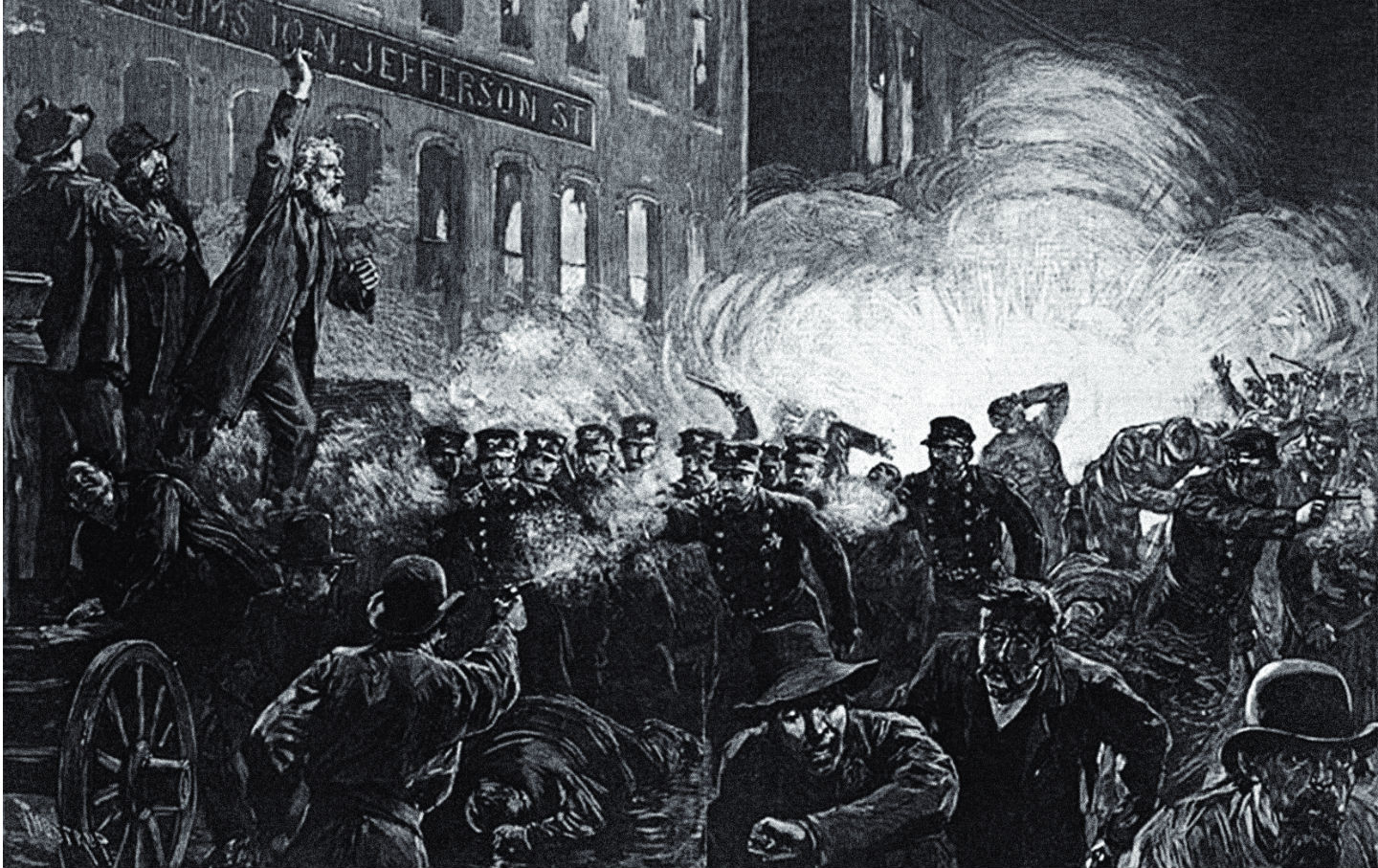
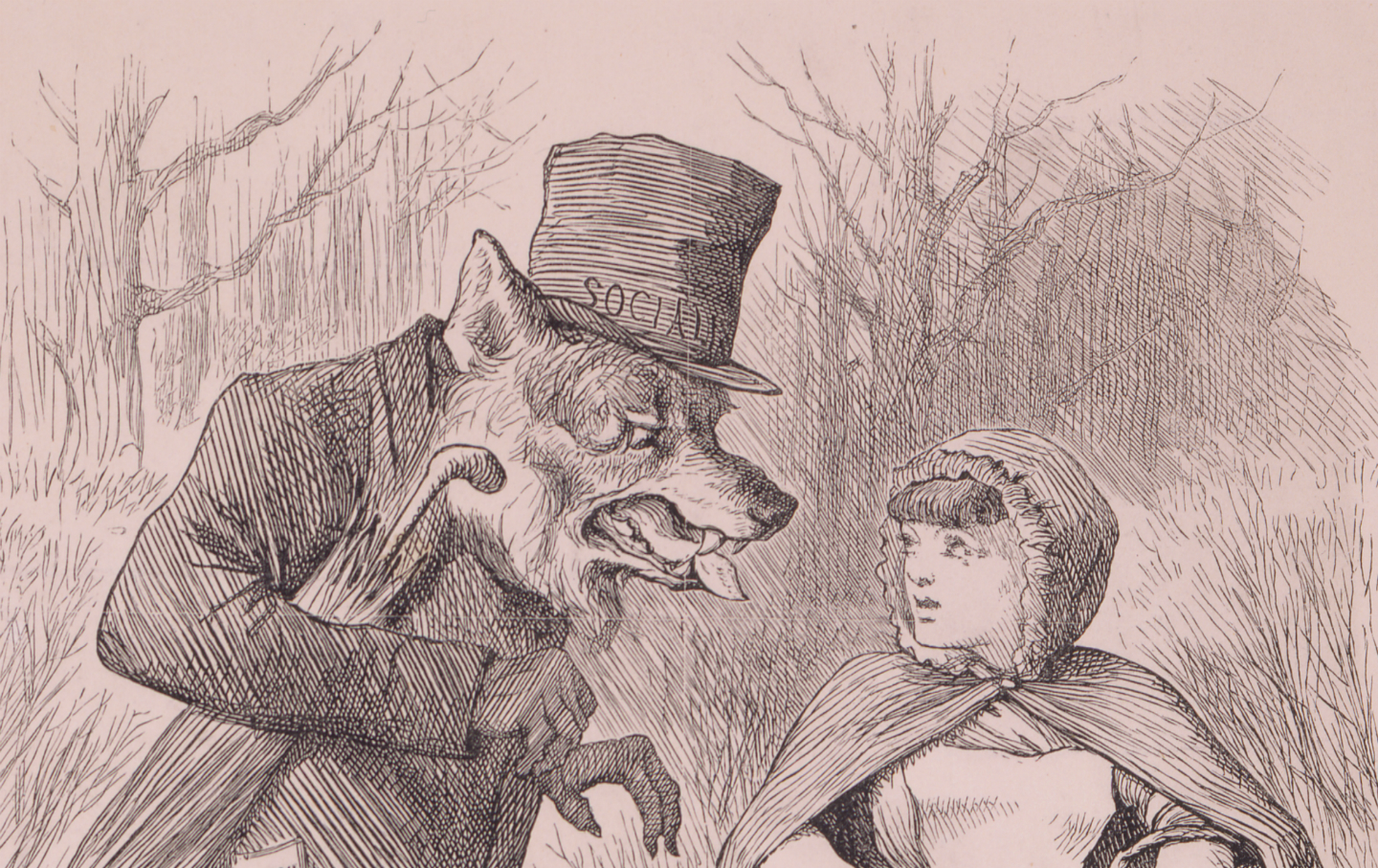
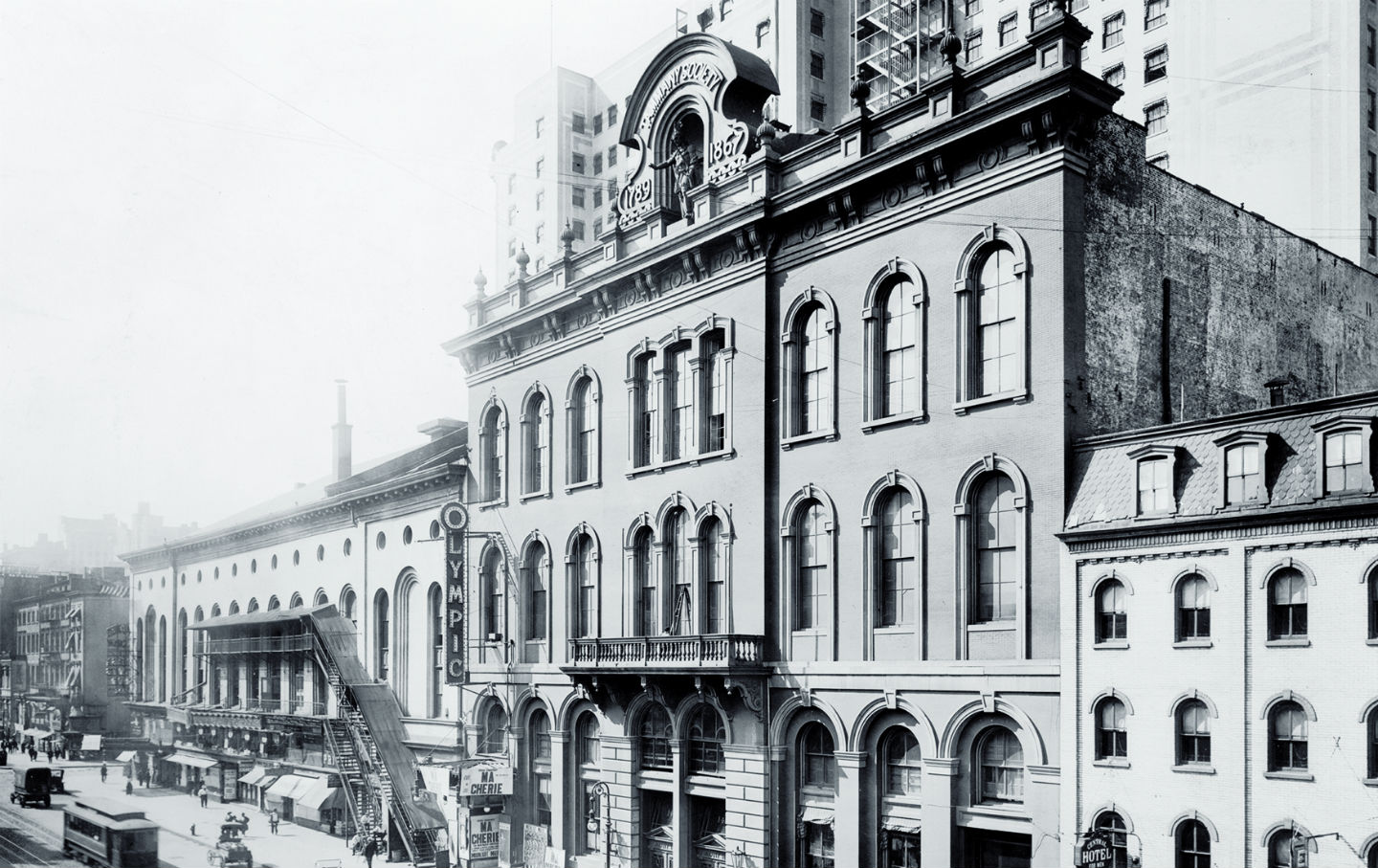
1875-1885: Custer’s Last Stand and the Power of Tammany Hall
Just as soon as one "boss" is evicted, another rises to take his place.
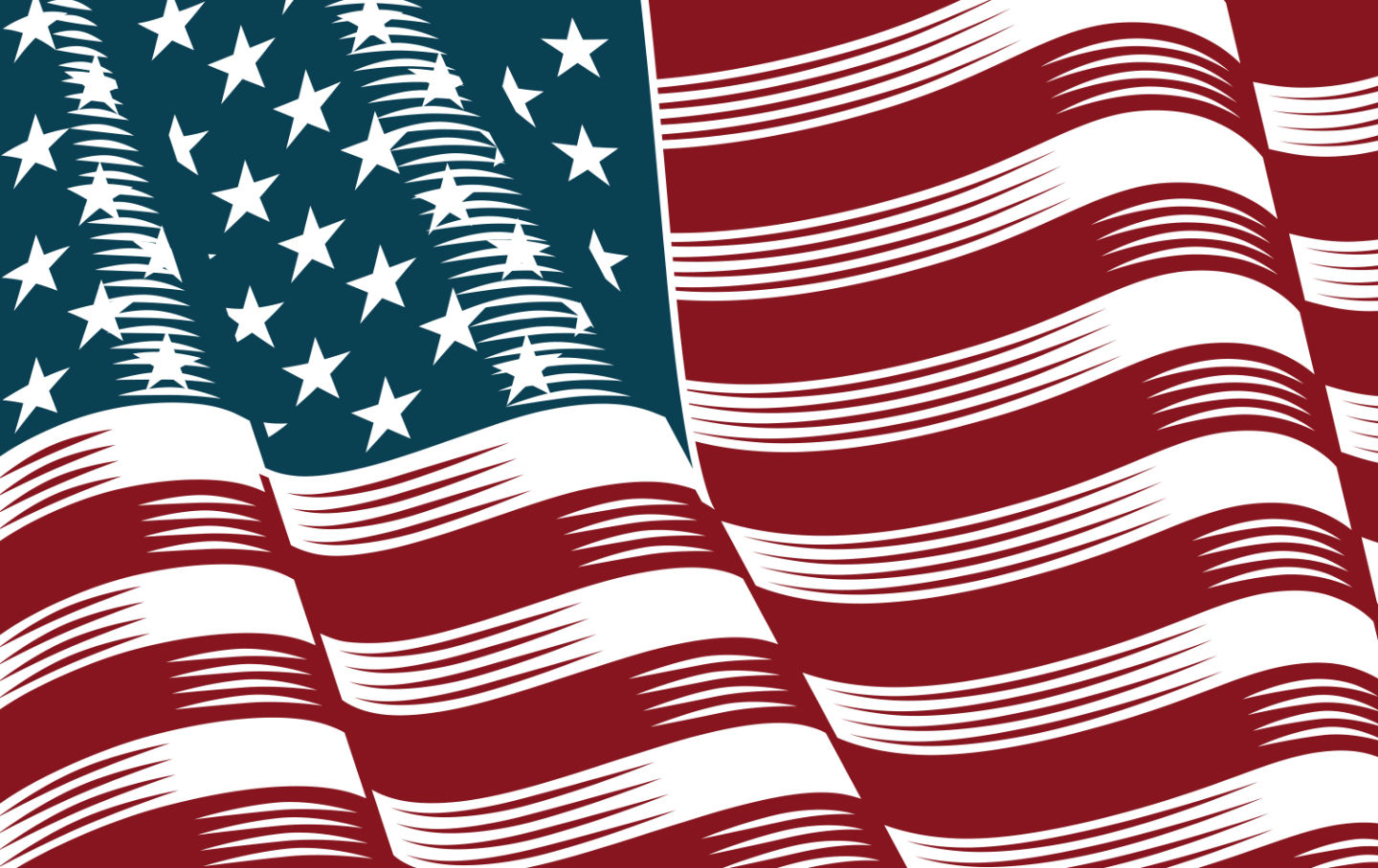
1865–1875: When Corporations Became America’s Aristocracy
Such sayings as, “The less government you have, the better,” were adopted as incontrovertible maxims.
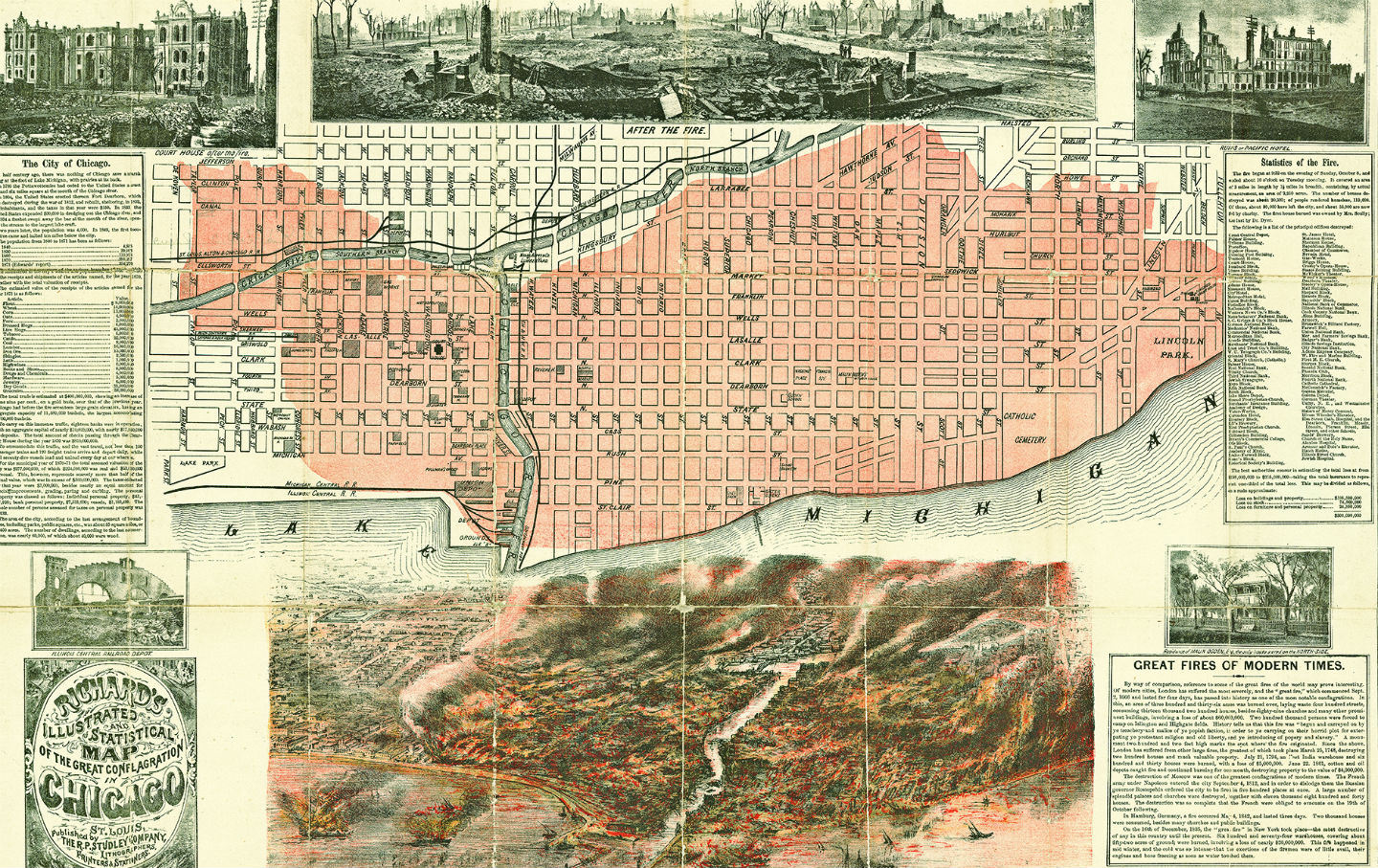
Frederick Law Olmsted Surveys a City Burned to the Ground
Chicago's struggle to recover from the Great Fire is engaging the study of its best and most conservative minds.
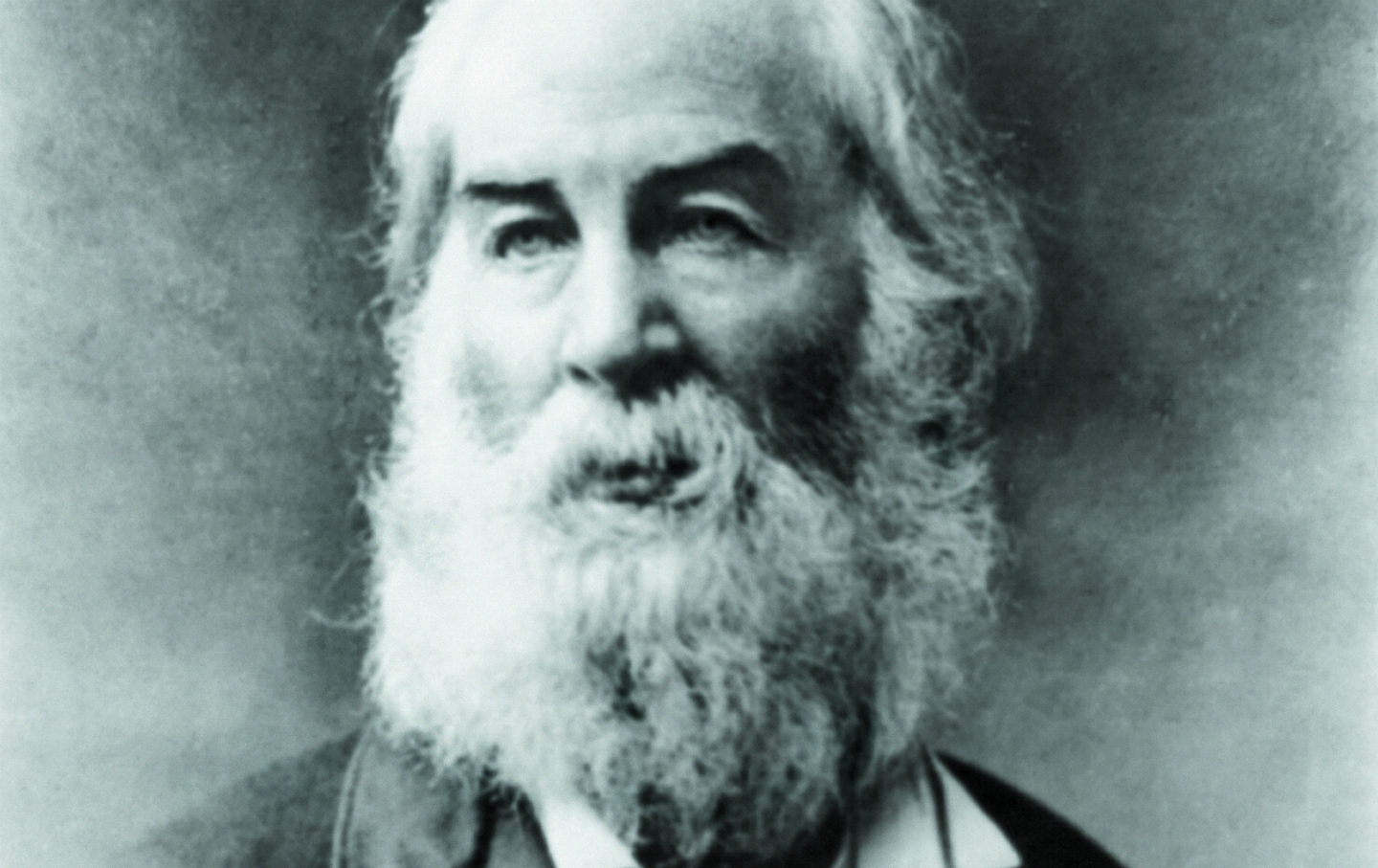
Walt Whitman Is An Insult To Art, Says 22-Year Old Henry James
Drum-Taps is the effort of an essentially prosaic mind to lift itself, by a prolonged muscular strain, into poetry.




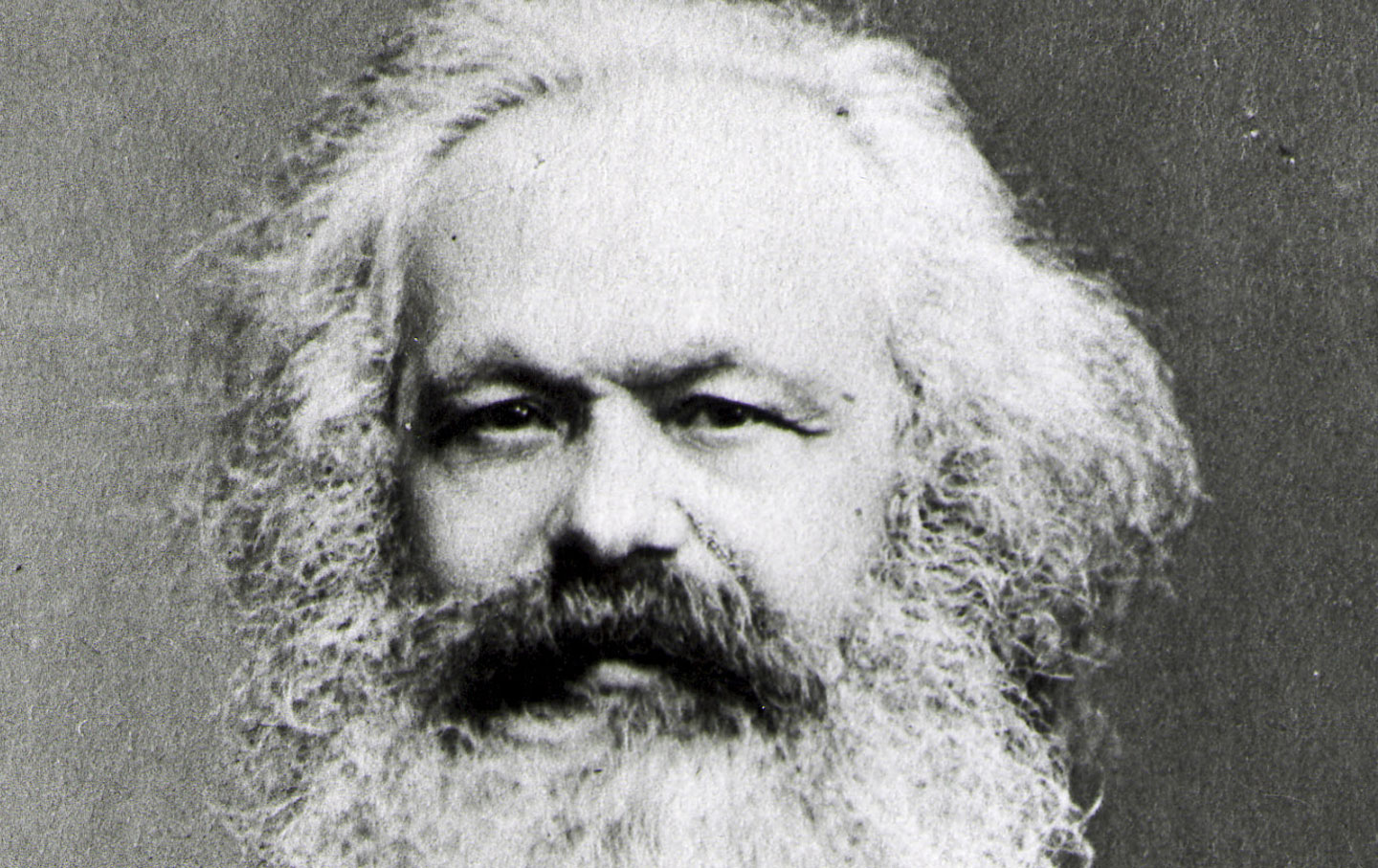
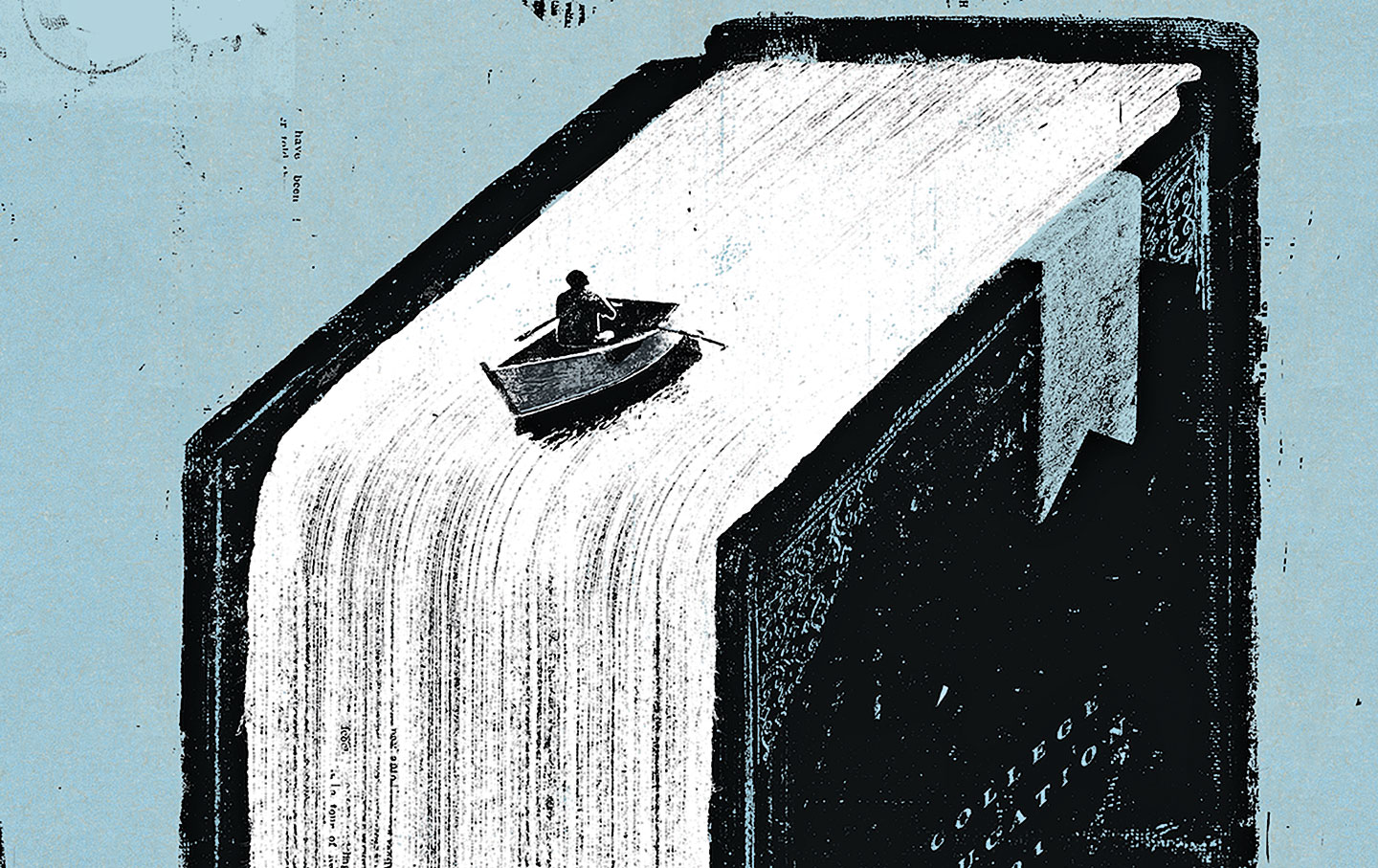
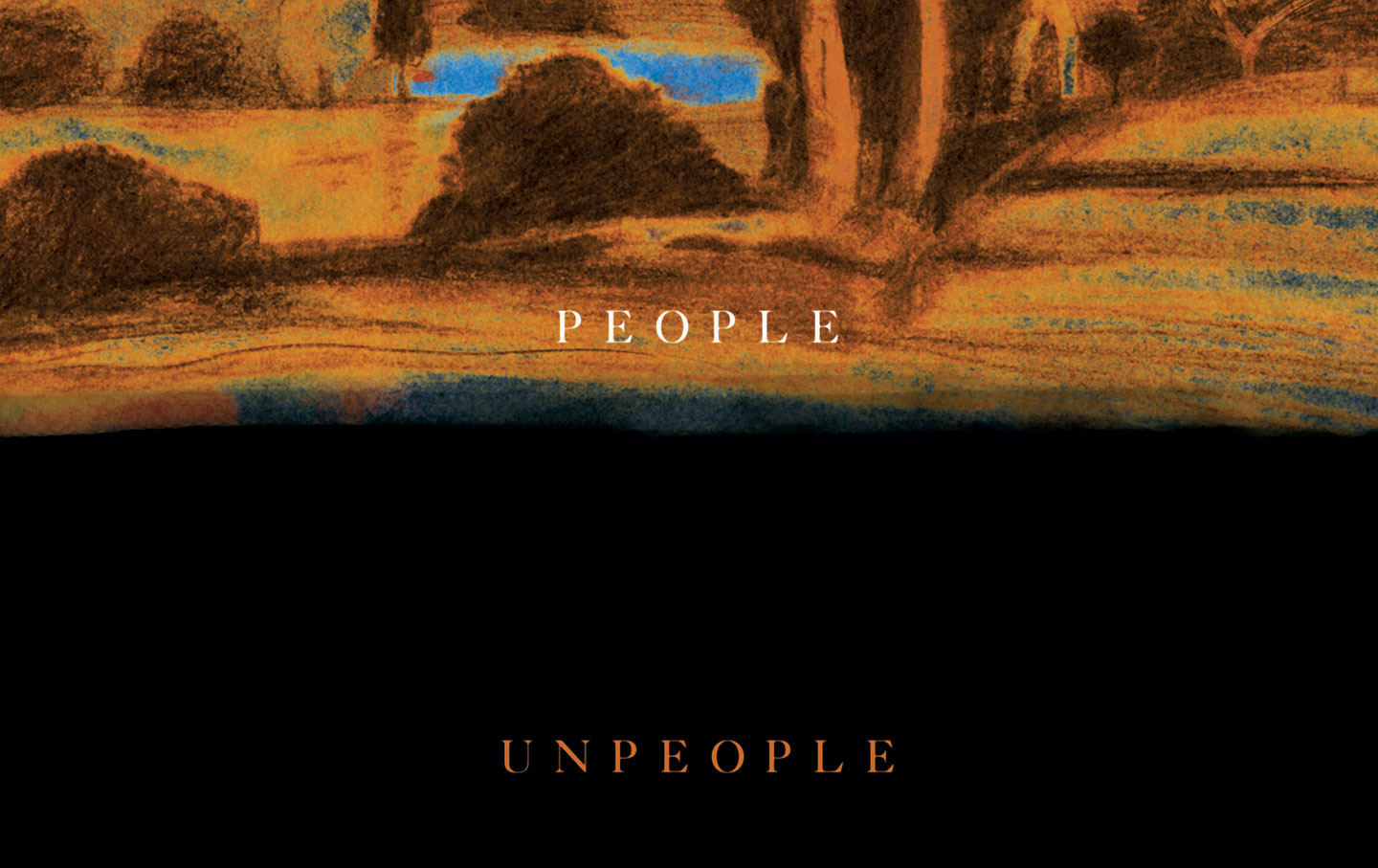

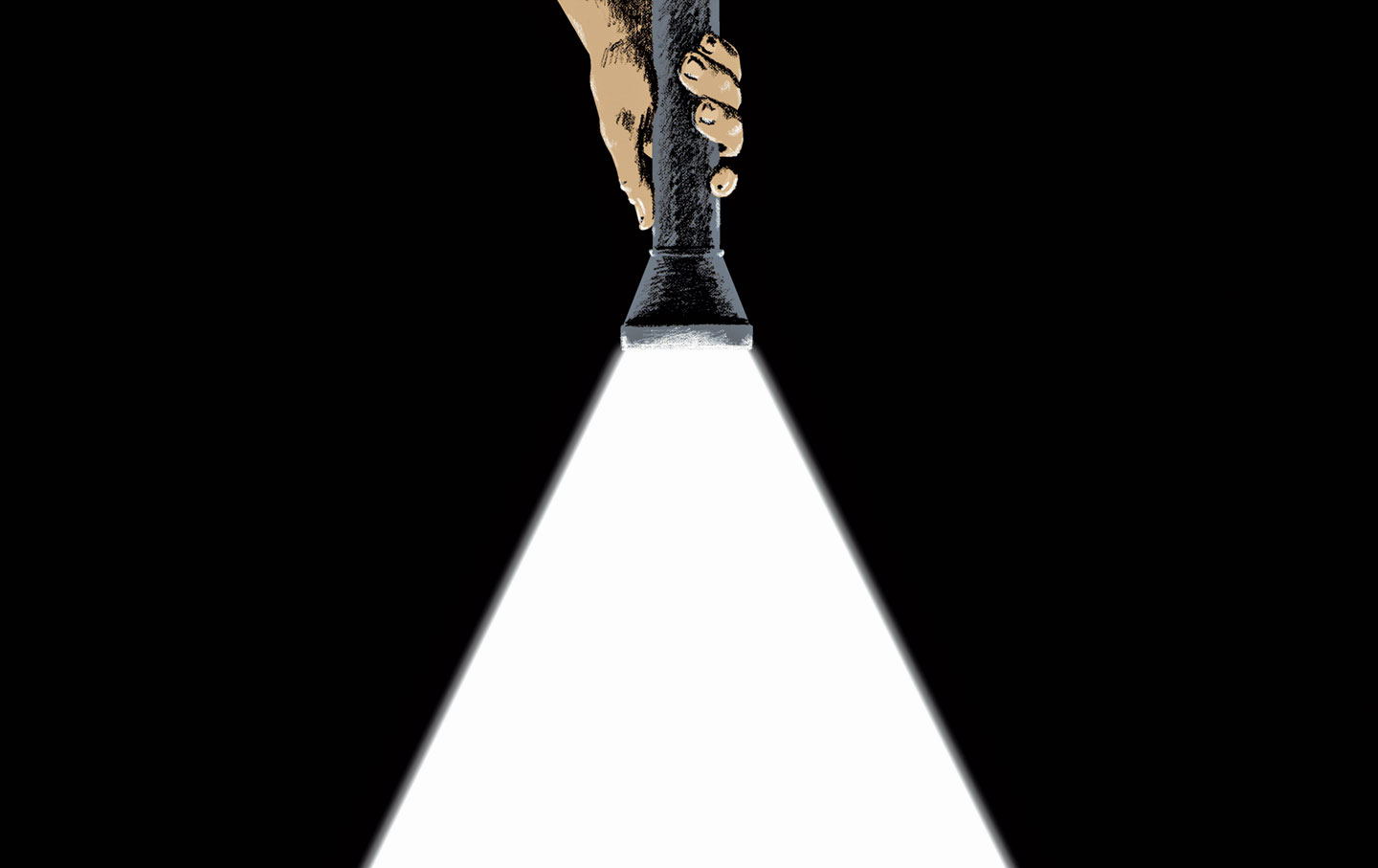
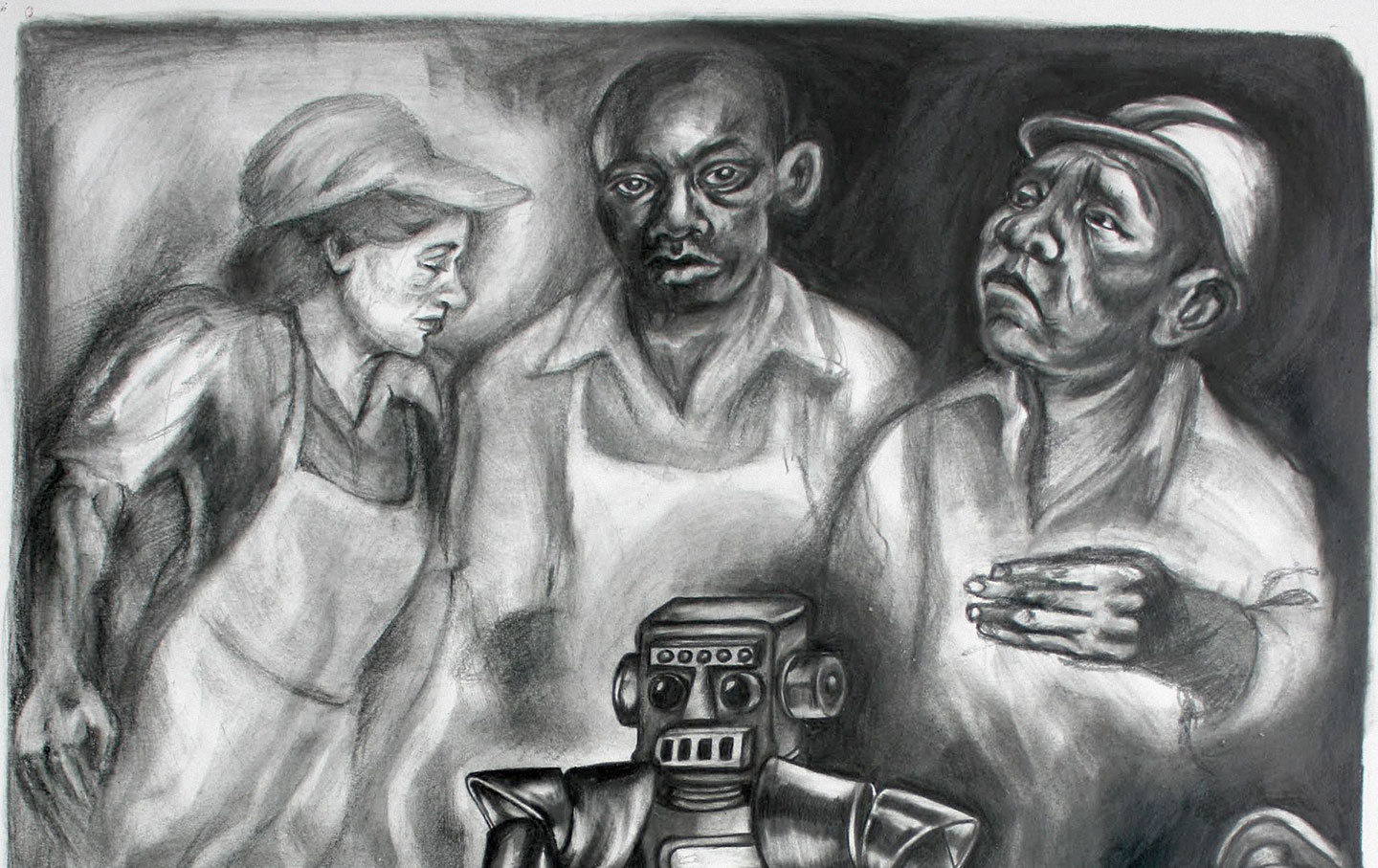

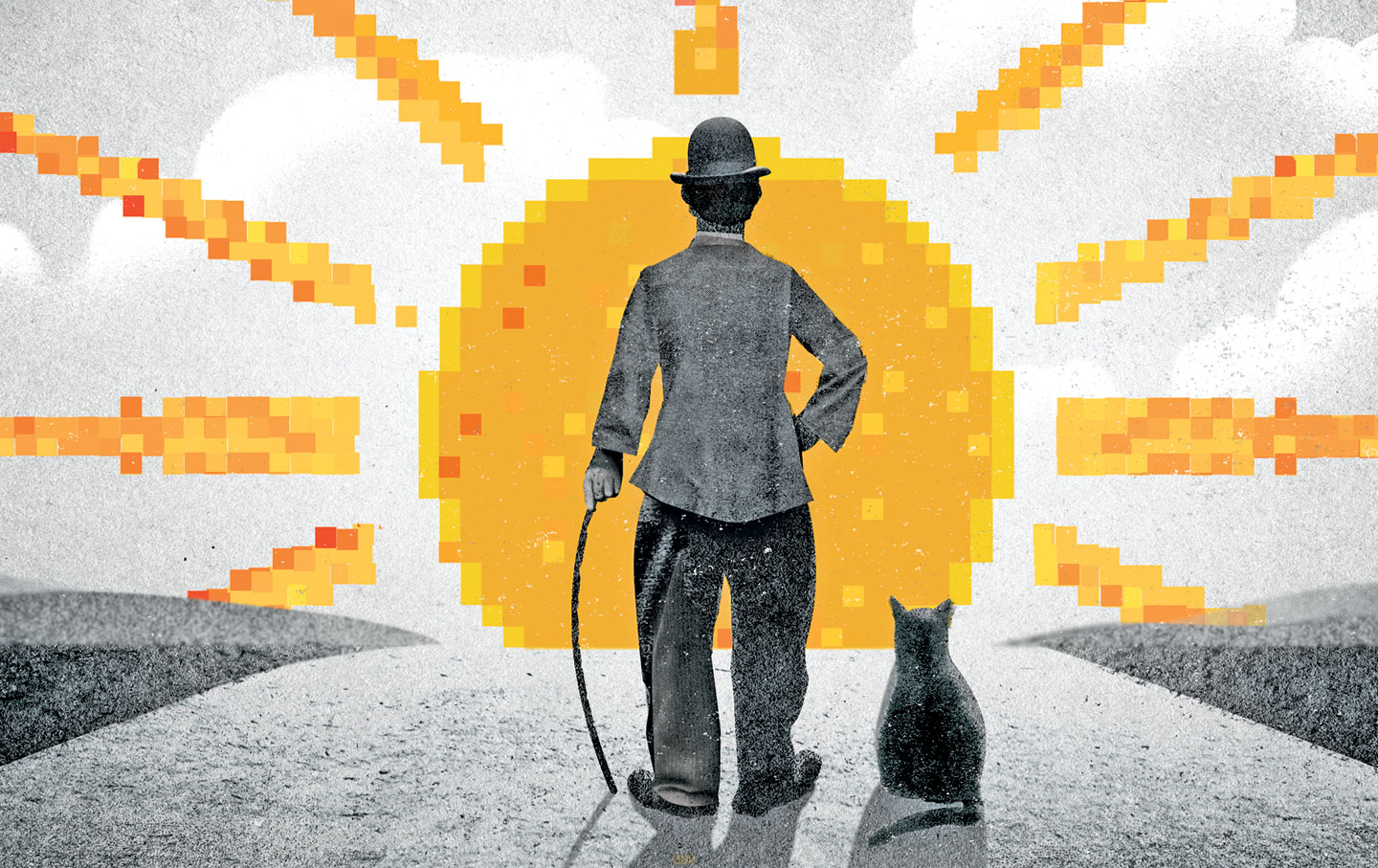
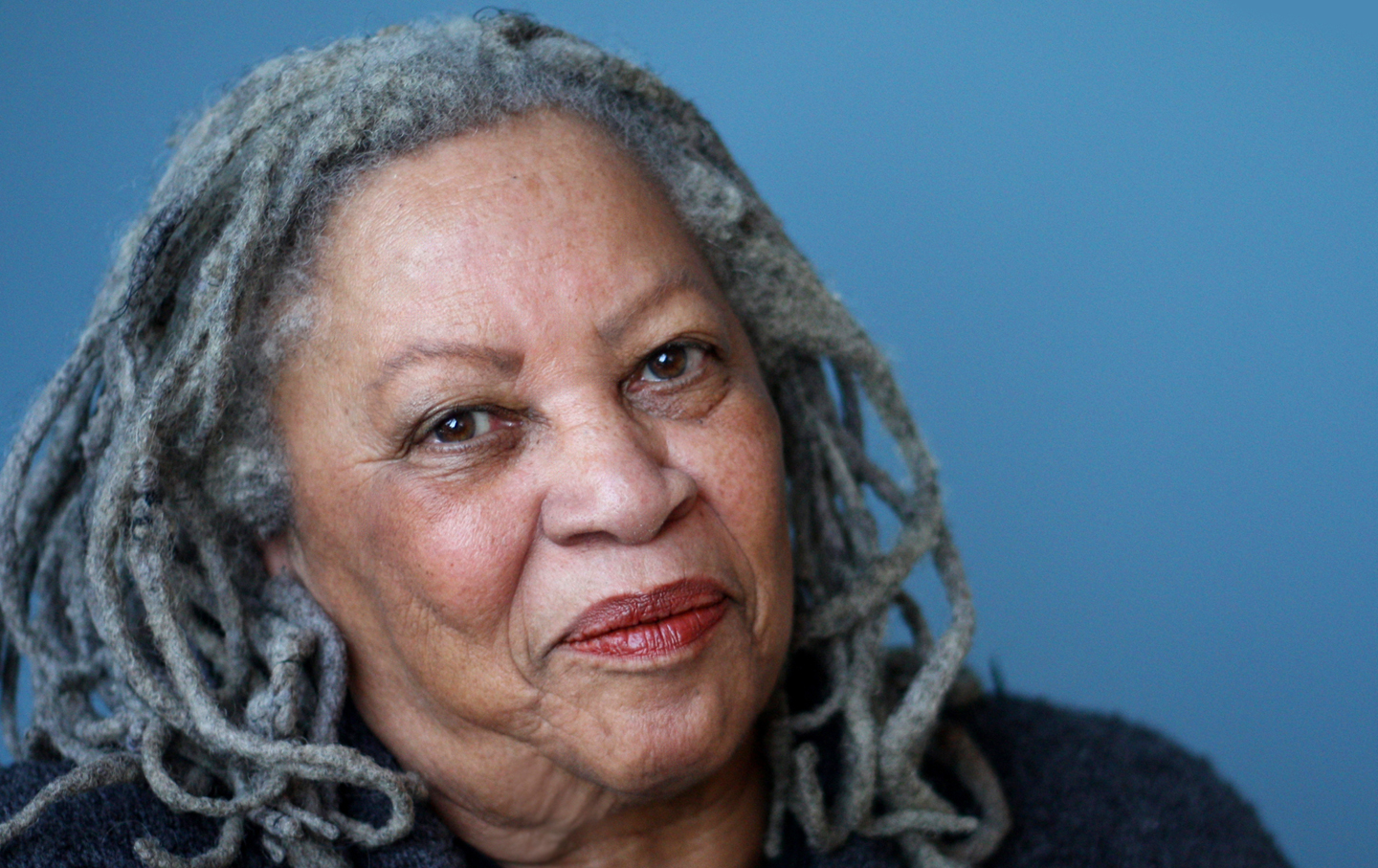
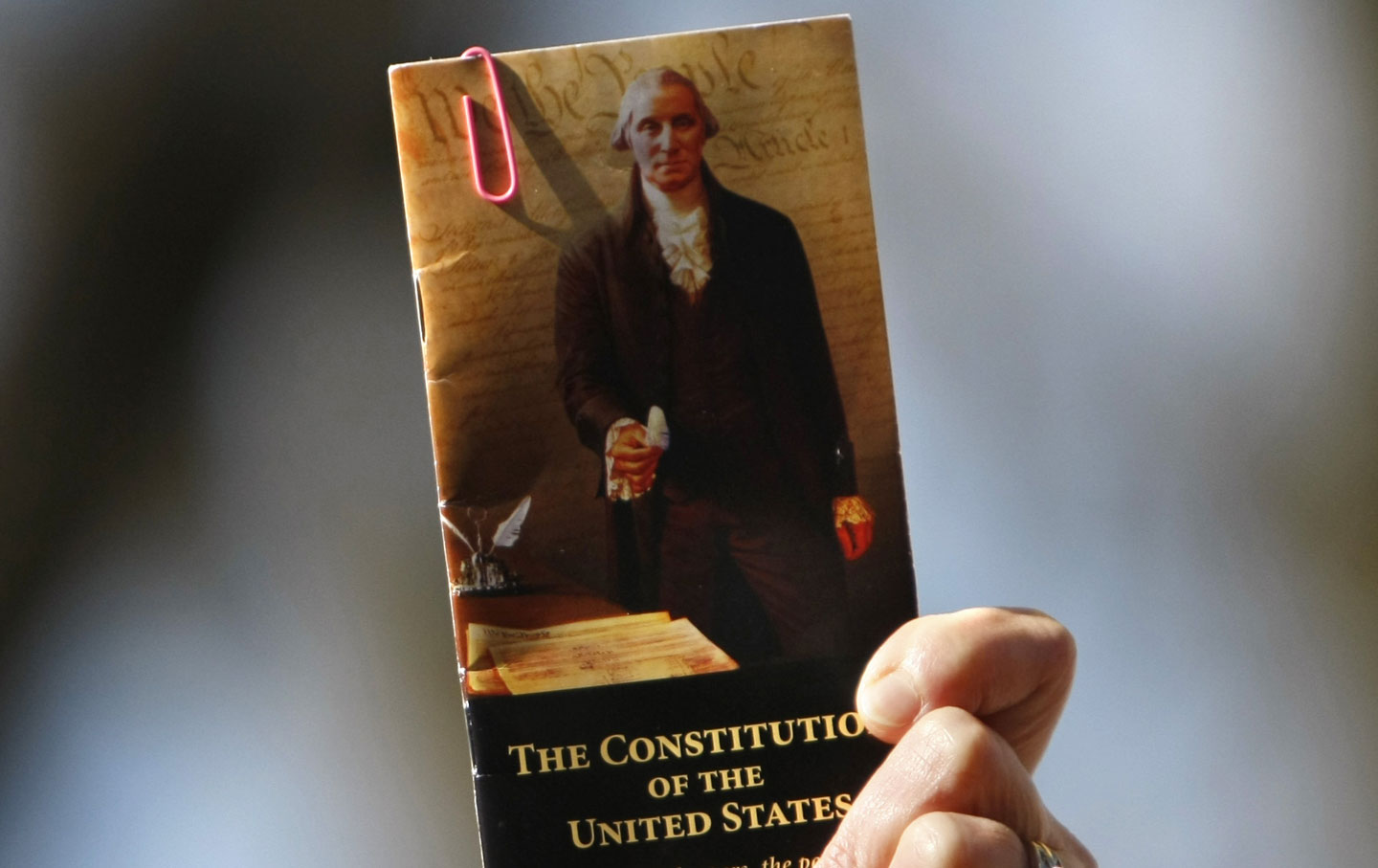
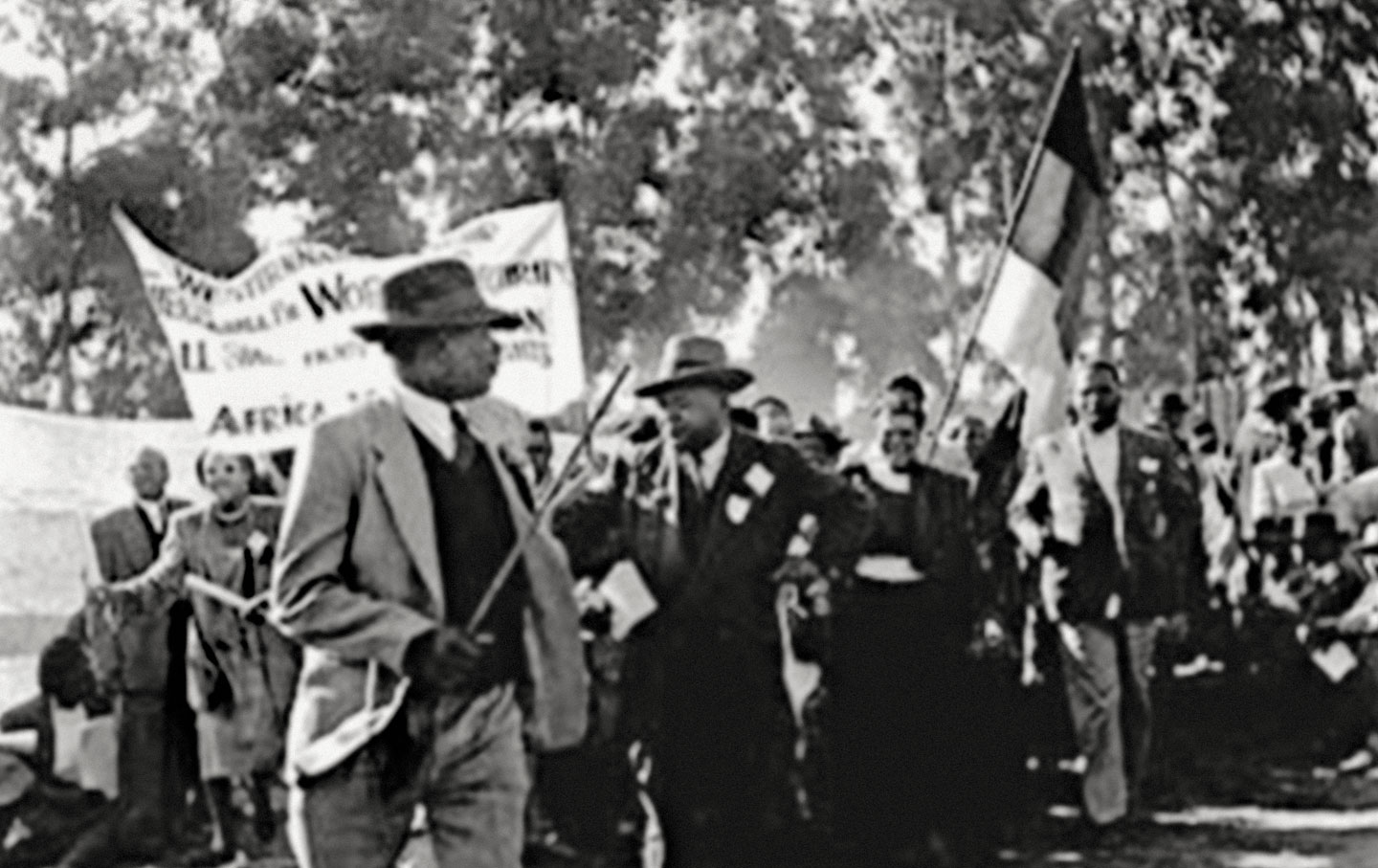

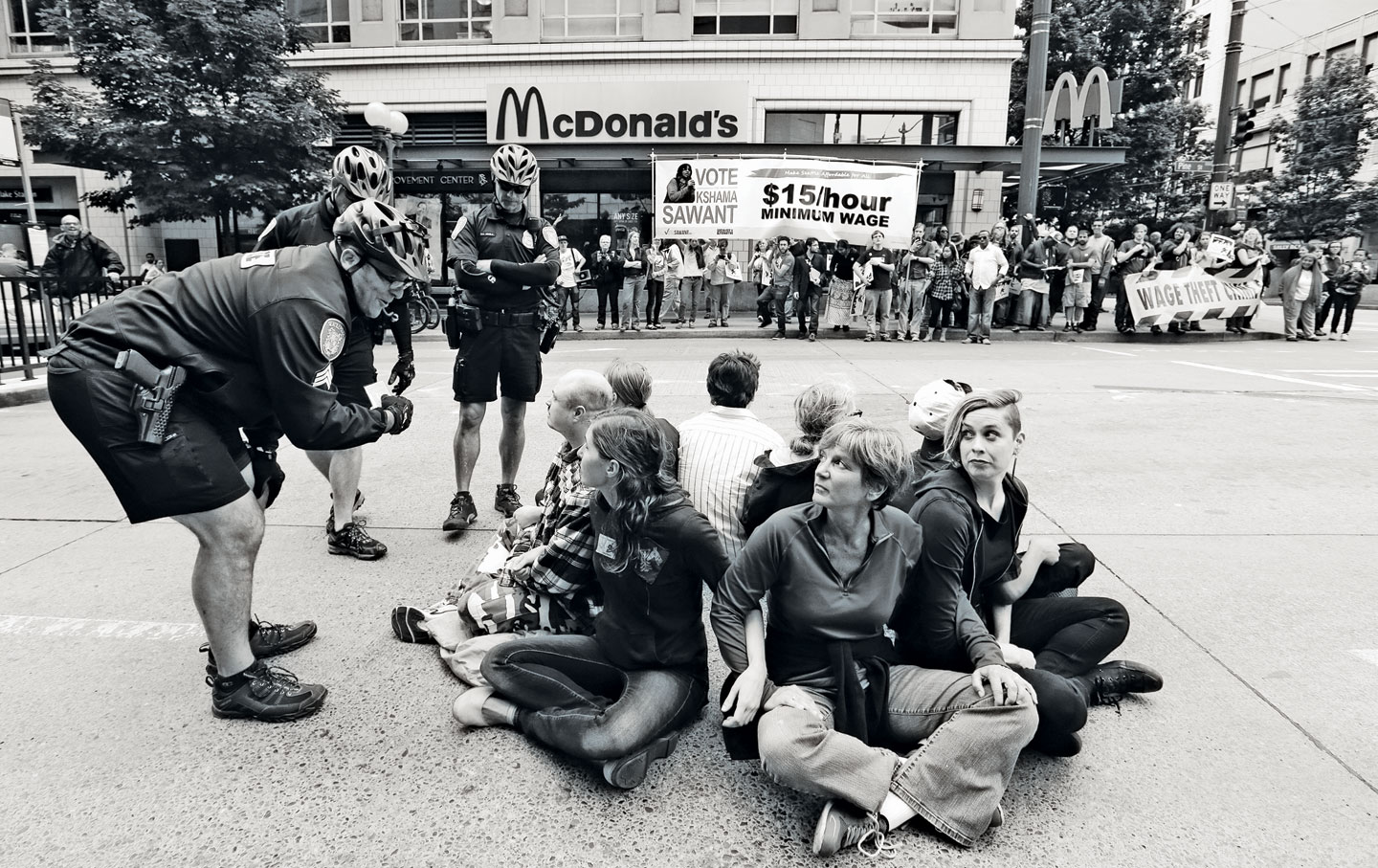
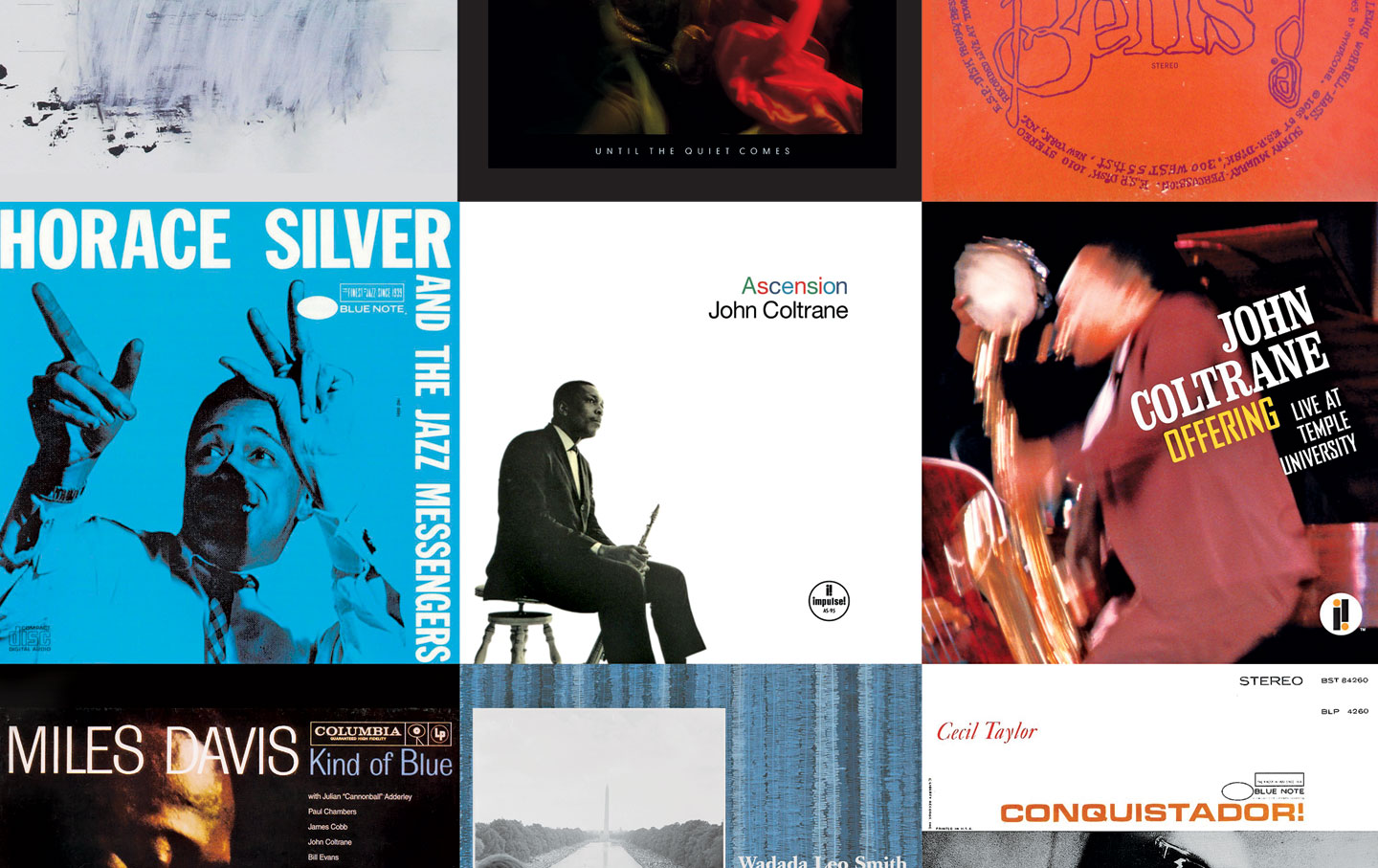

Books & the Arts

1965–2015
A forum for debate between radicals and liberals in an age of austerity, surveillance and endless war, The Nation has long had one foot inside the establishment and one...


How to Lose Friends and Influence People
…and other tales from the “back of the book.”

The Dream Life of Desire
Drawing a line between poetry and the political has never been simple.



Separated at Birth
The Nation and Alice in Wonderland were born within days of each other. In this seditious reading, they rejoin the dance.


A Q&A With Marilynne Robinson
The novelist discusses religion, history, language and the importance of moral scrutiny.





2005–2015: This All Seems Eerily Familiar
Nation writers on disaster capitalism, Blackwater, Obama, the financial bailout, austerity, Occupy Wall Street, Trayvon Martin and Charlie Hebdo.

1995–2005: Our Enemies Cannot Defeat Us—Only We Can
Nation writers on sensationalist art, financial deregulation, September 11, The Sopranos, Texas, the Iraq war and reactionary conservatism.

How Saving the Environment Could Fix the Economy
Why not revive New Deal policies but apply them in a green and global fashion?



1985–1995: American Politics and Culture is Being Radically Reformed
Nation writers on late 1980s New York, Jesse Jackson's presidential campaign, gay rights, Rupert Murdoch's ambitions and the case for federal funding of the art...

Adolph Reed Destroys ‘The Bell Curve’
Despite their concern to insulate themselves from the appearance of racism, Herrnstein and Murray display a perspective worthy of an Alabama filling station.



What Can the White Man Say to the Black Woman?
Only one thing that the black woman might hear.

Where Reaganism and Astrology Meet
It is scarcely news that the President is in the mainstream of popular American credulity. He has been nurtured in the same rich loam of folk ignorance, historical figment and p...

Christopher Hitchens Was Against the Buzzword ‘Terrorism’ Before He Was For It
The rulers of our world subject us to lectures about the need to oppose terrorism while they prepare, daily and hourly, for the annihilation of us all.

East, West—Is There a Third Way?
The cold war has become a habit, an addiction, supported by very powerful material interests in each bloc.

Can Women and Men Live Together Again?
I hope we might meet as rebels together—not against one another, but against a social order that condemns so many of us to meaningless or degrading work in return for a gl...
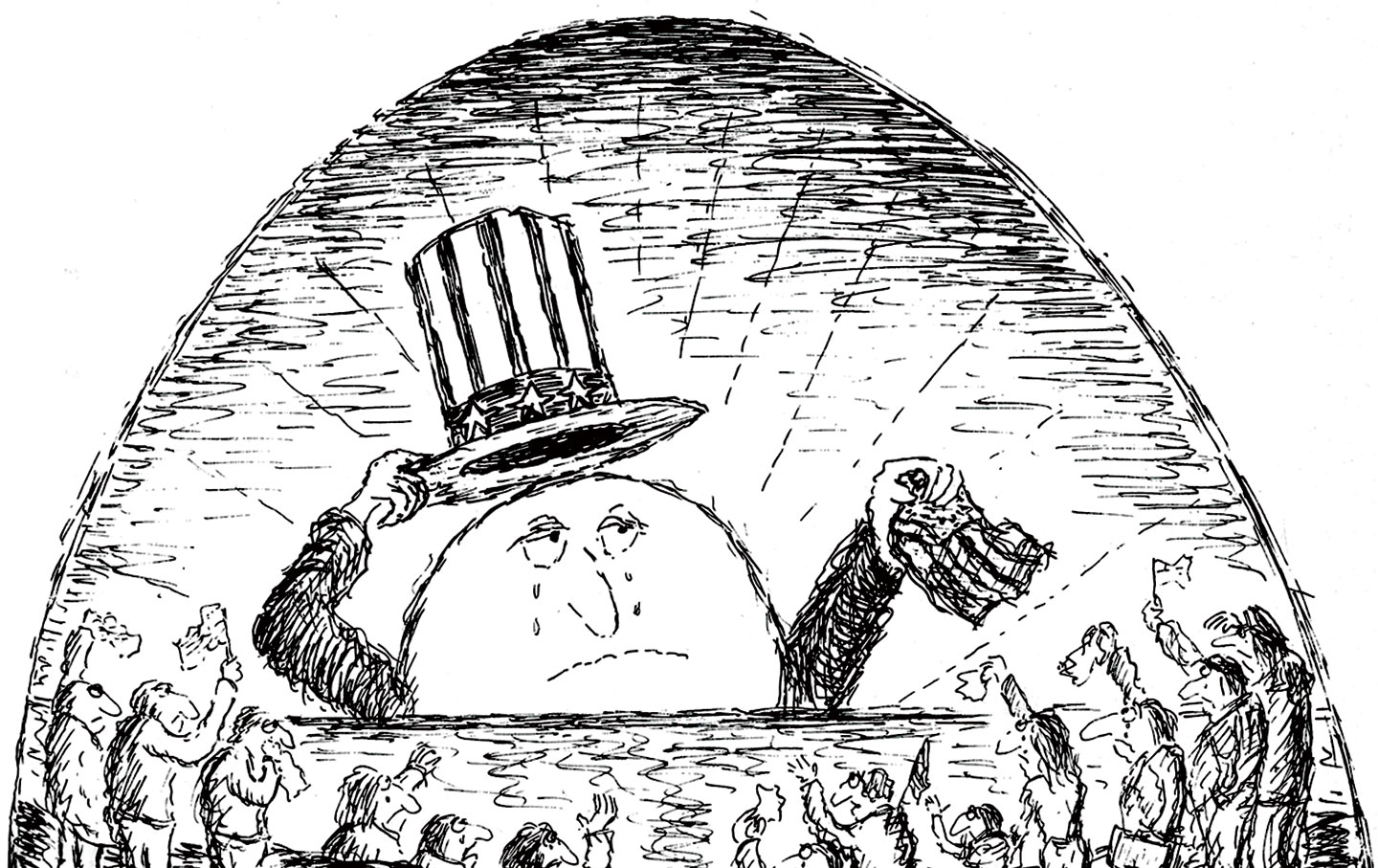

1965–1975: How To Tell The Rebels Have Won
Vietnam is a unique case—culturally, historically and politically. I hope that the United States will not repeat its Vietnam blunders elsewhere.
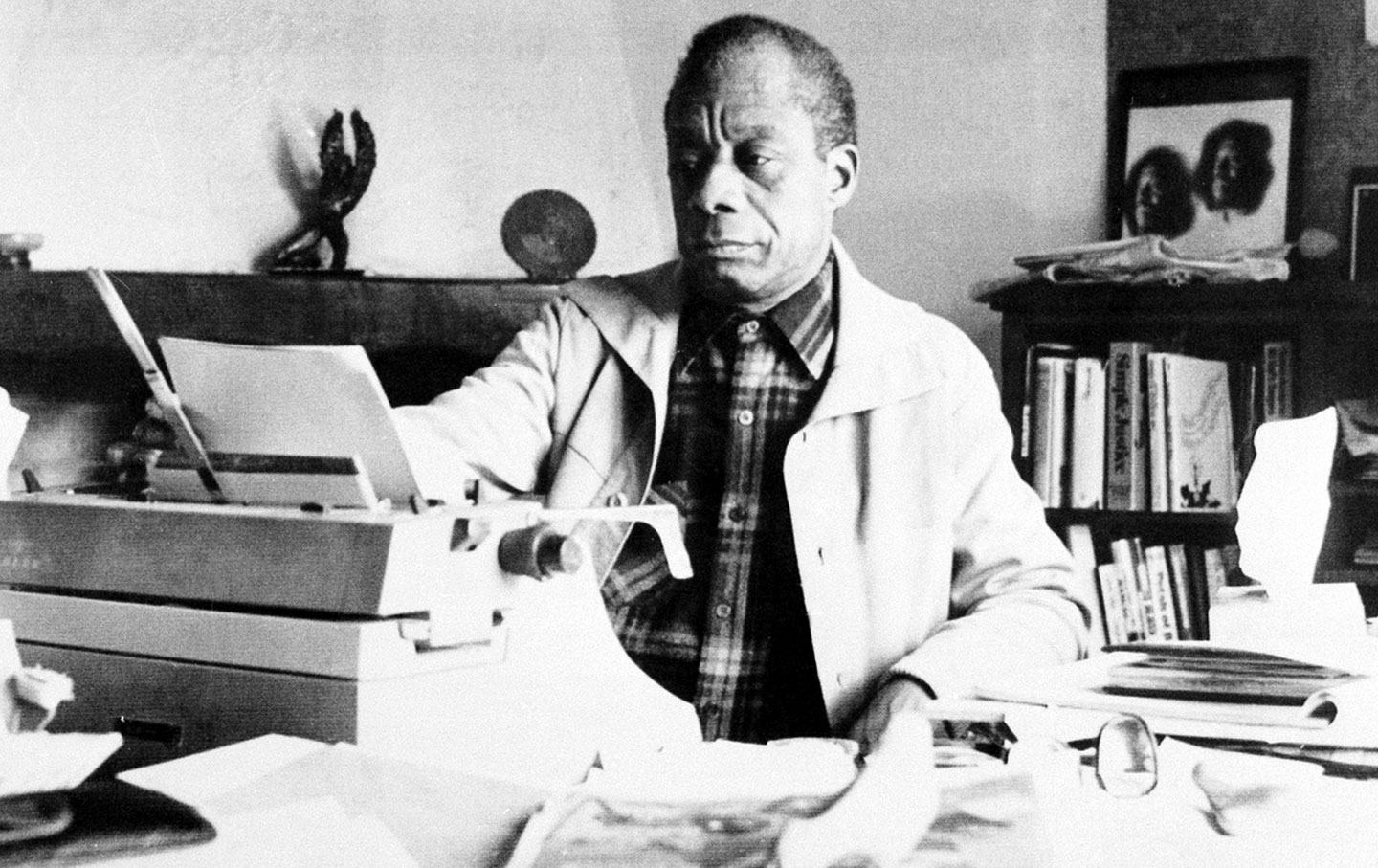

The Indignant Generation
The current crop of students has gone far to shake the label of apathy and conformity that had stuck through the 1950s.

The Article That Launched the Consumer-Rights Movement
Innumerable precedents show that the consumer must be protected from his own indiscretion and vanity.

Voting Does Not Make a Difference
Democracy is dead in the United States. Yet there is still nothing to replace real democracy.
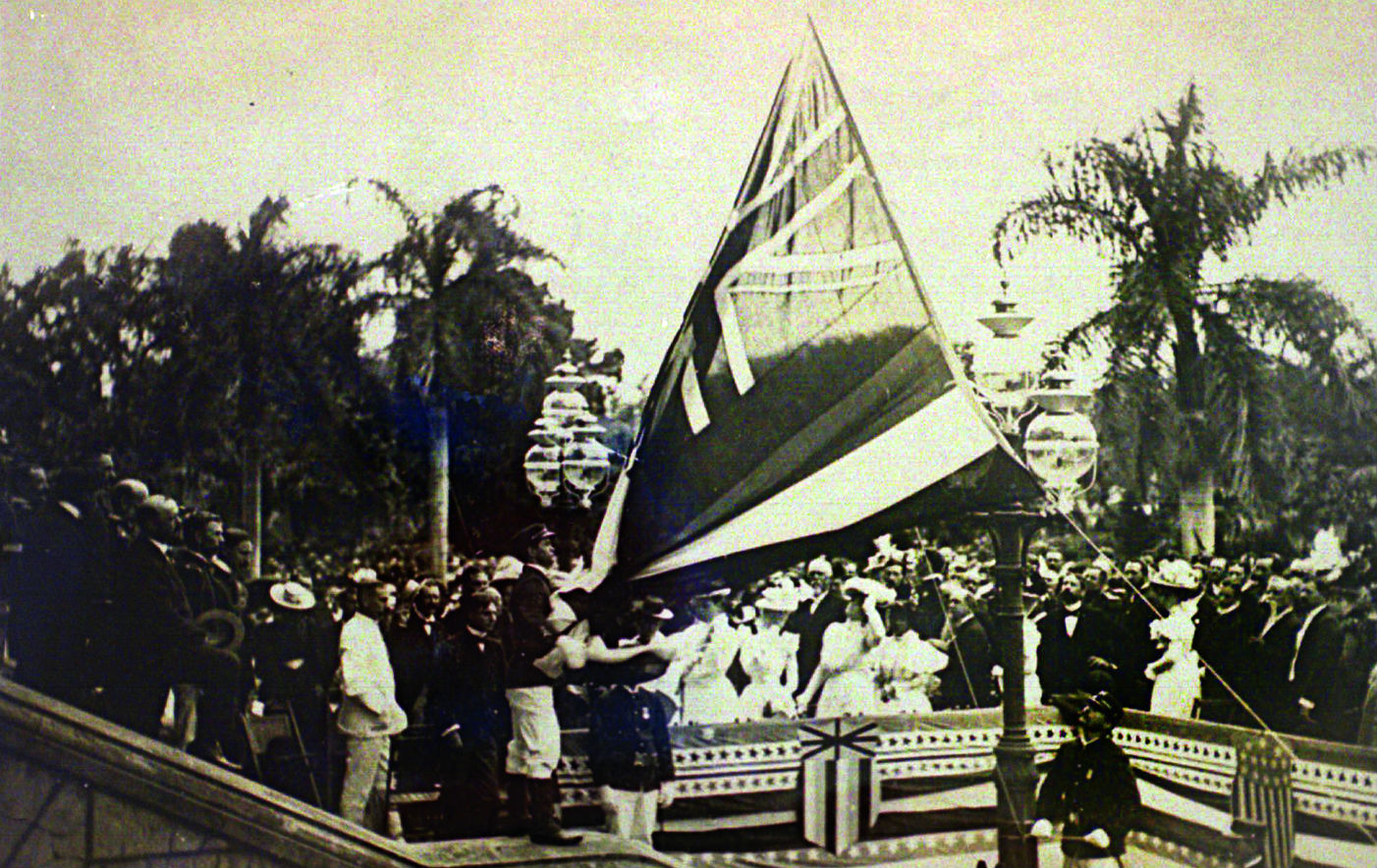
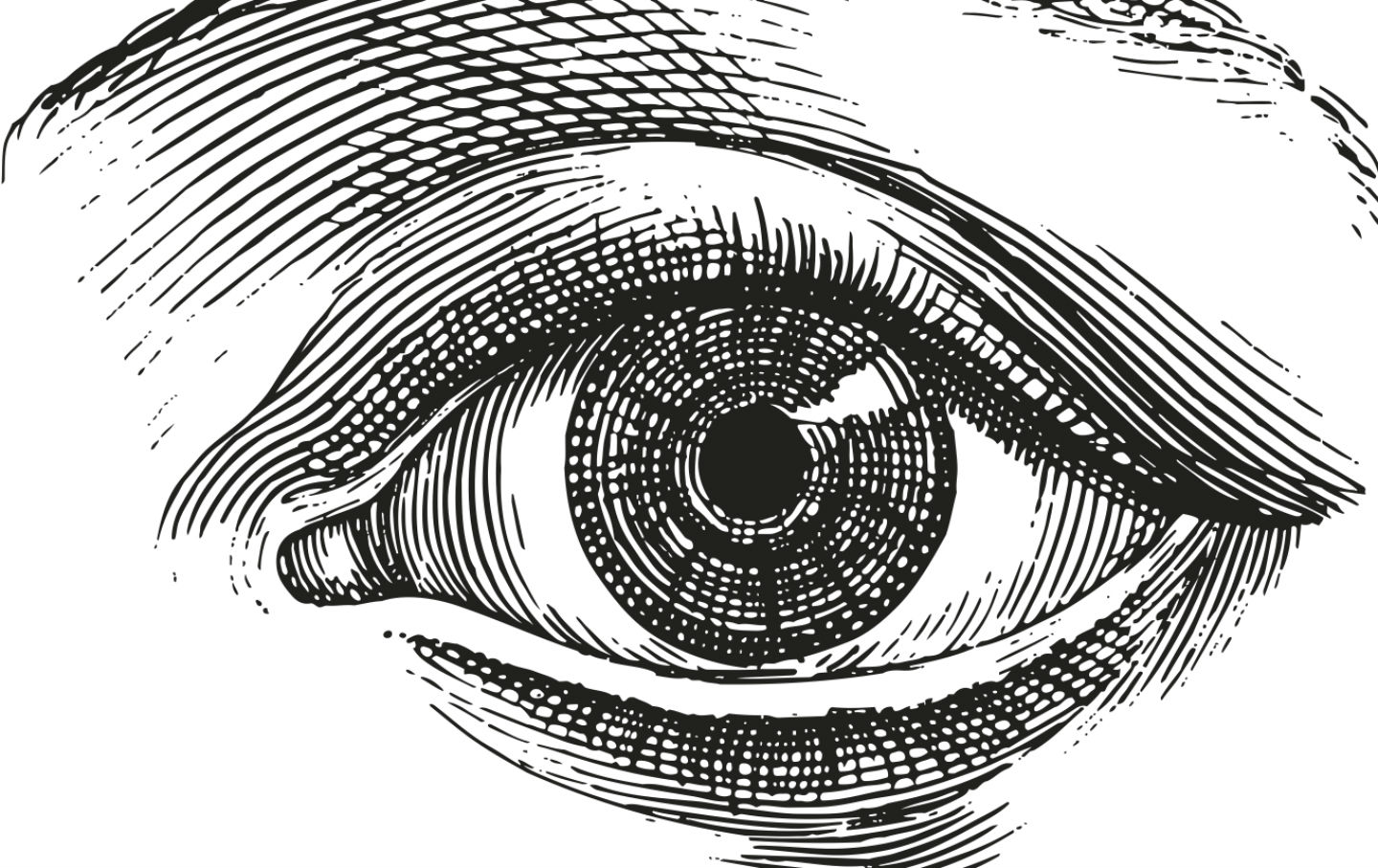



Frederick Law Olmsted Surveys a City Burned to the Ground
Chicago's struggle to recover from the Great Fire is engaging the study of its best and most conservative minds.

Walt Whitman Is An Insult To Art, Says 22-Year Old Henry James
Drum-Taps is the effort of an essentially prosaic mind to lift itself, by a prolonged muscular strain, into poetry.








